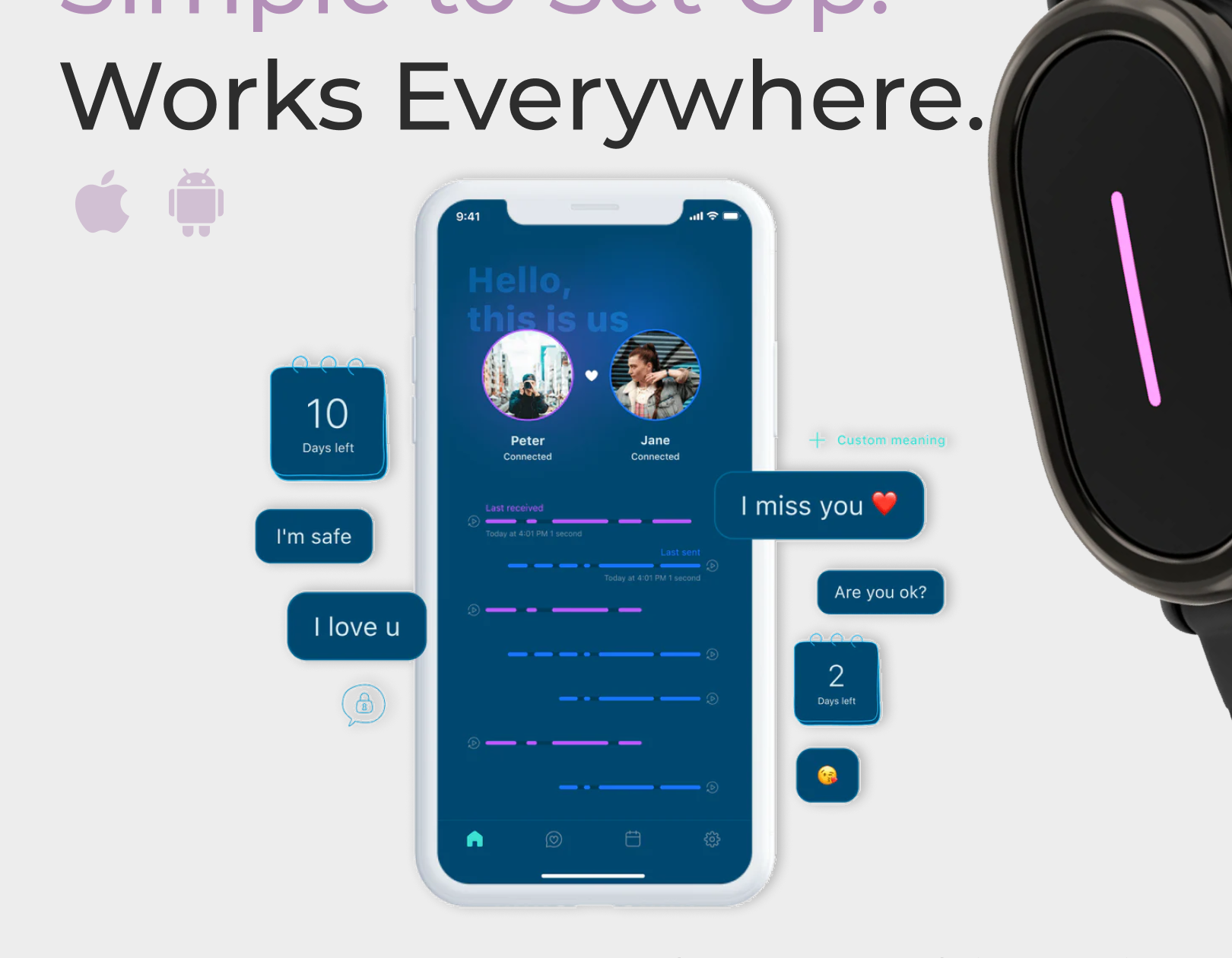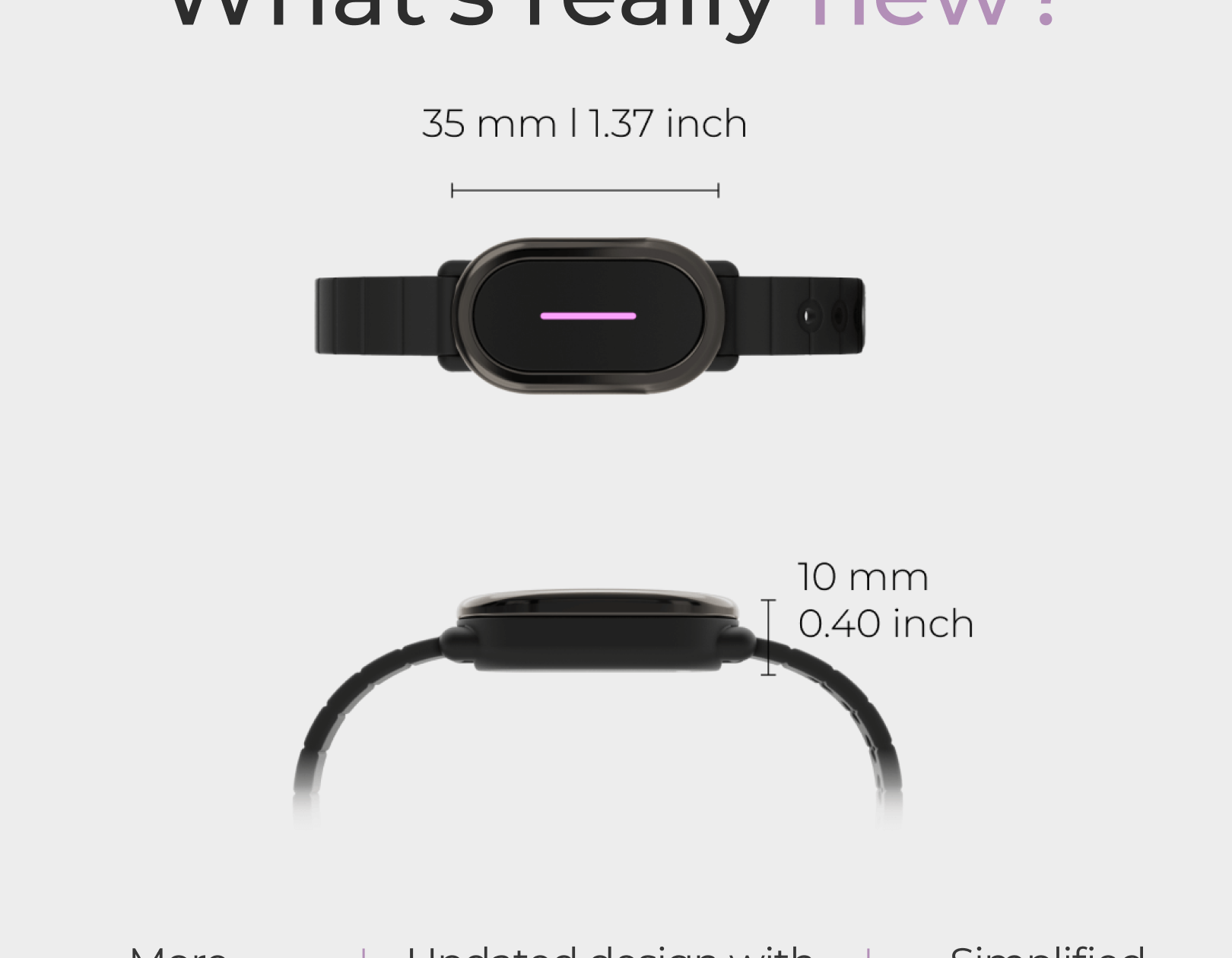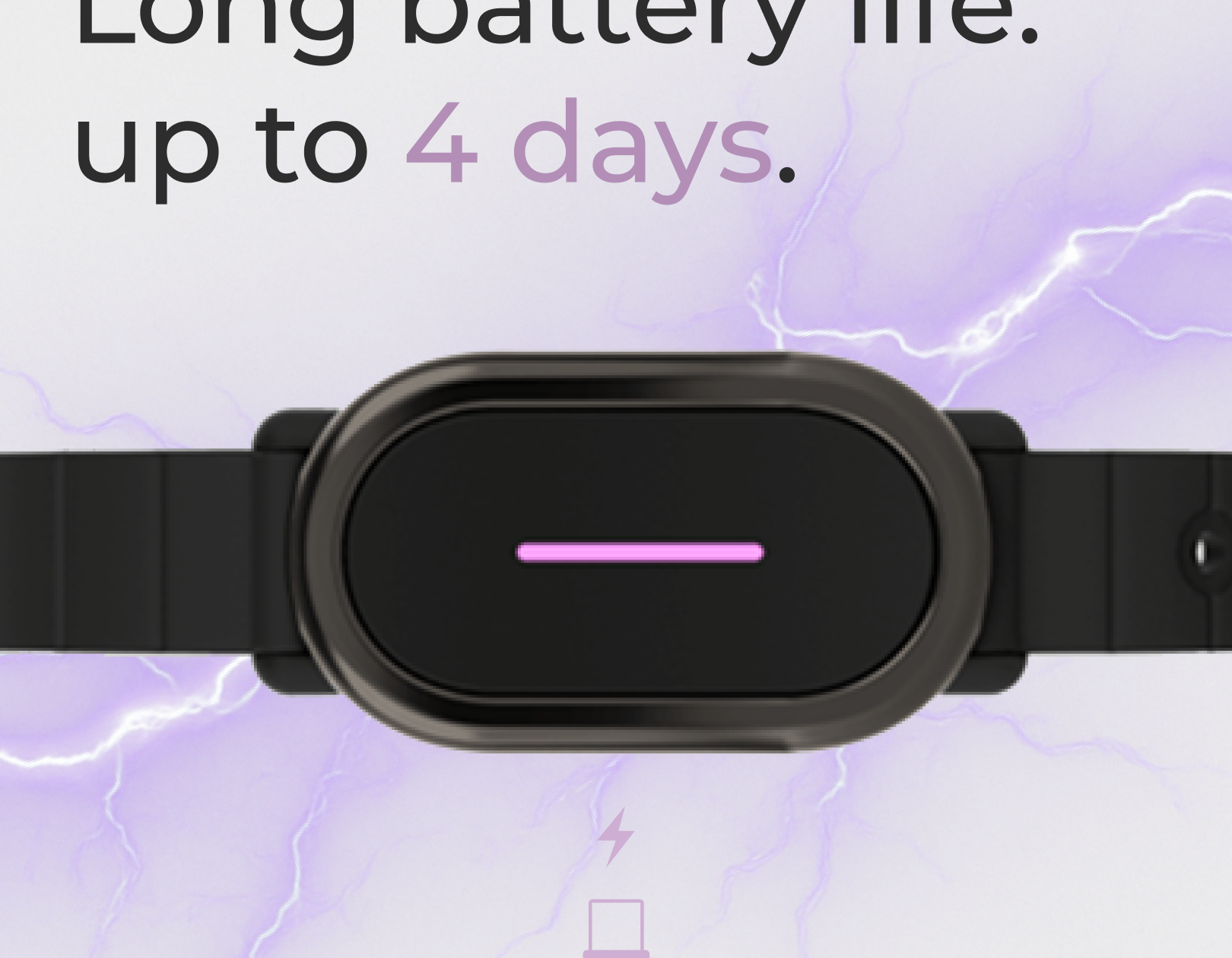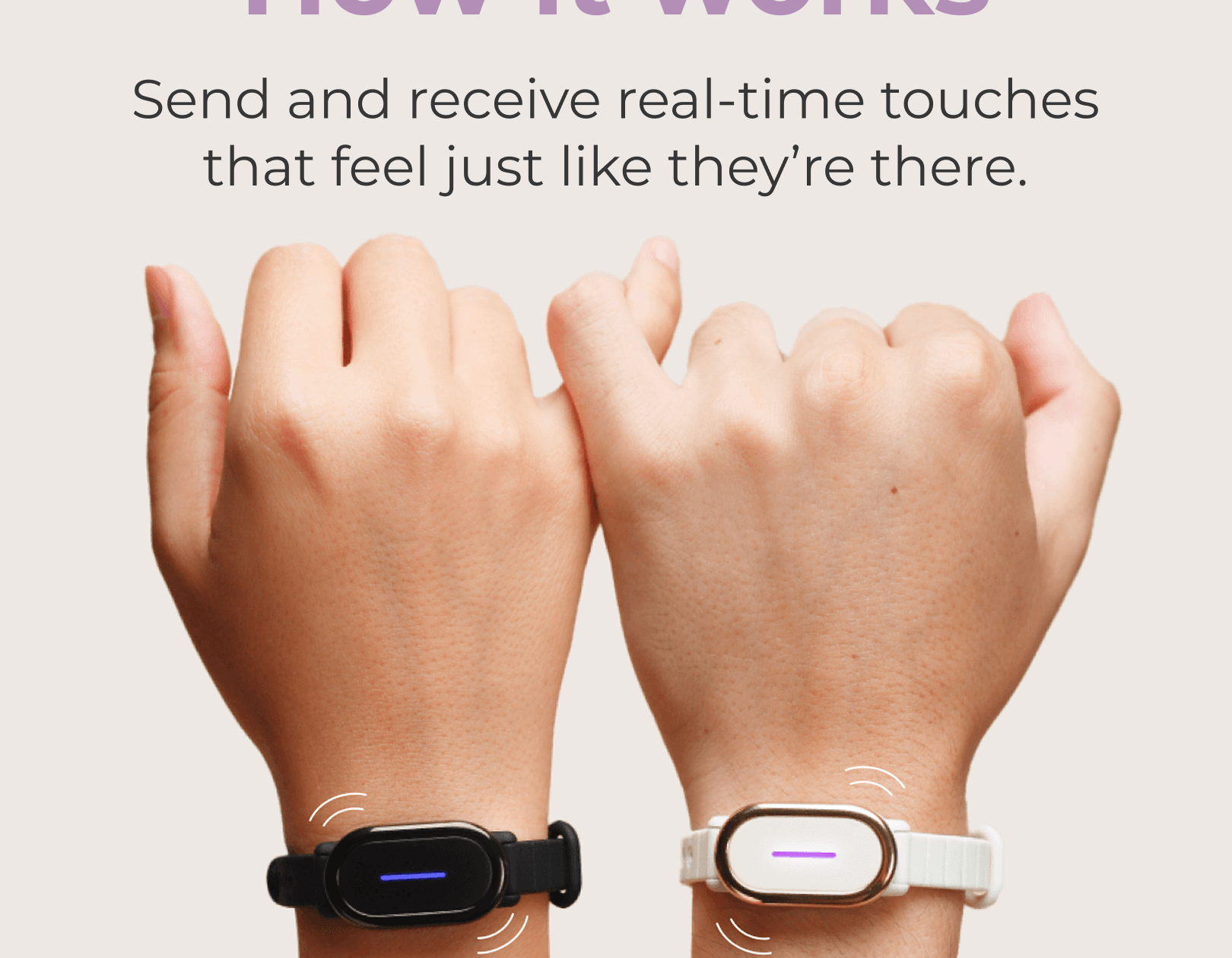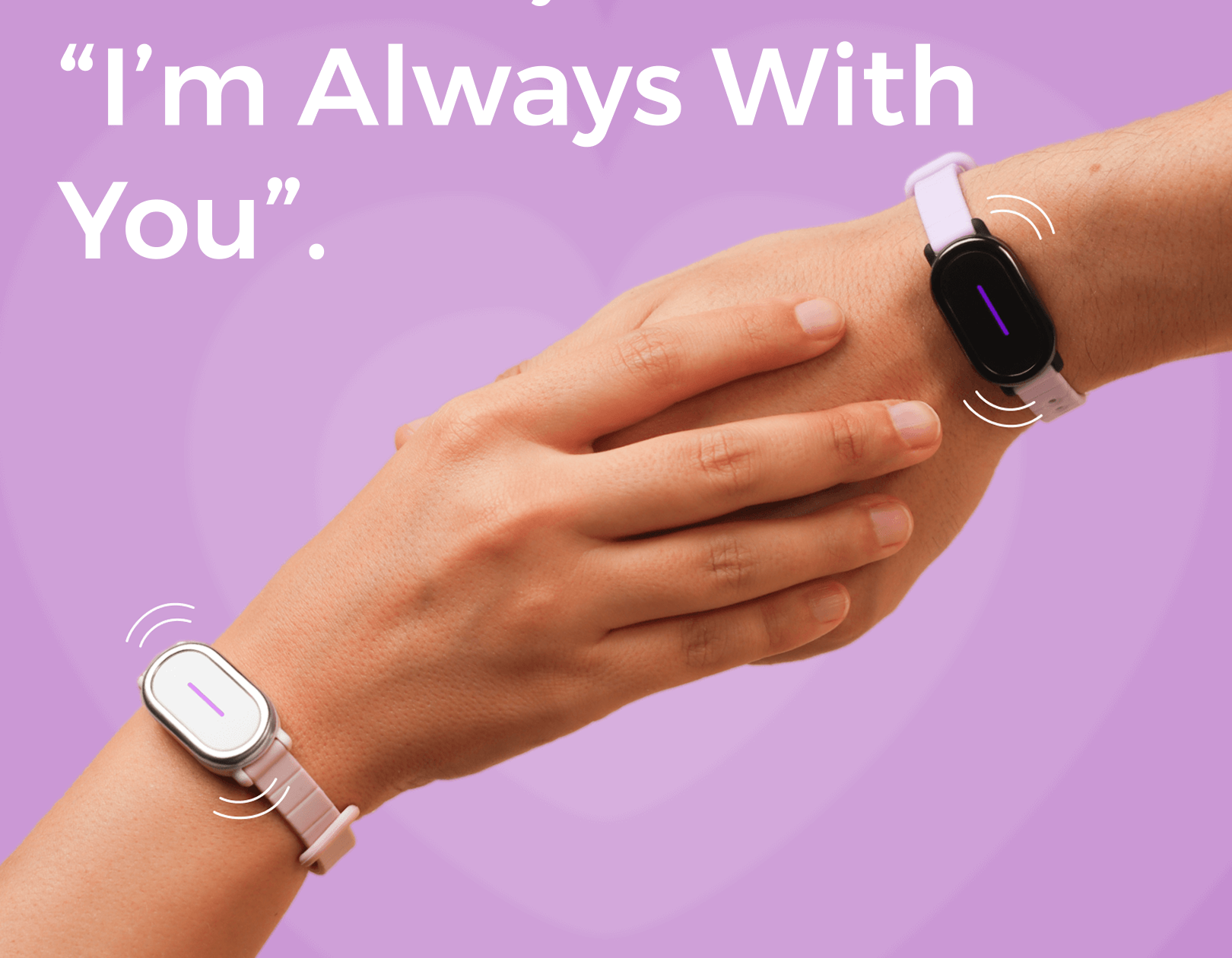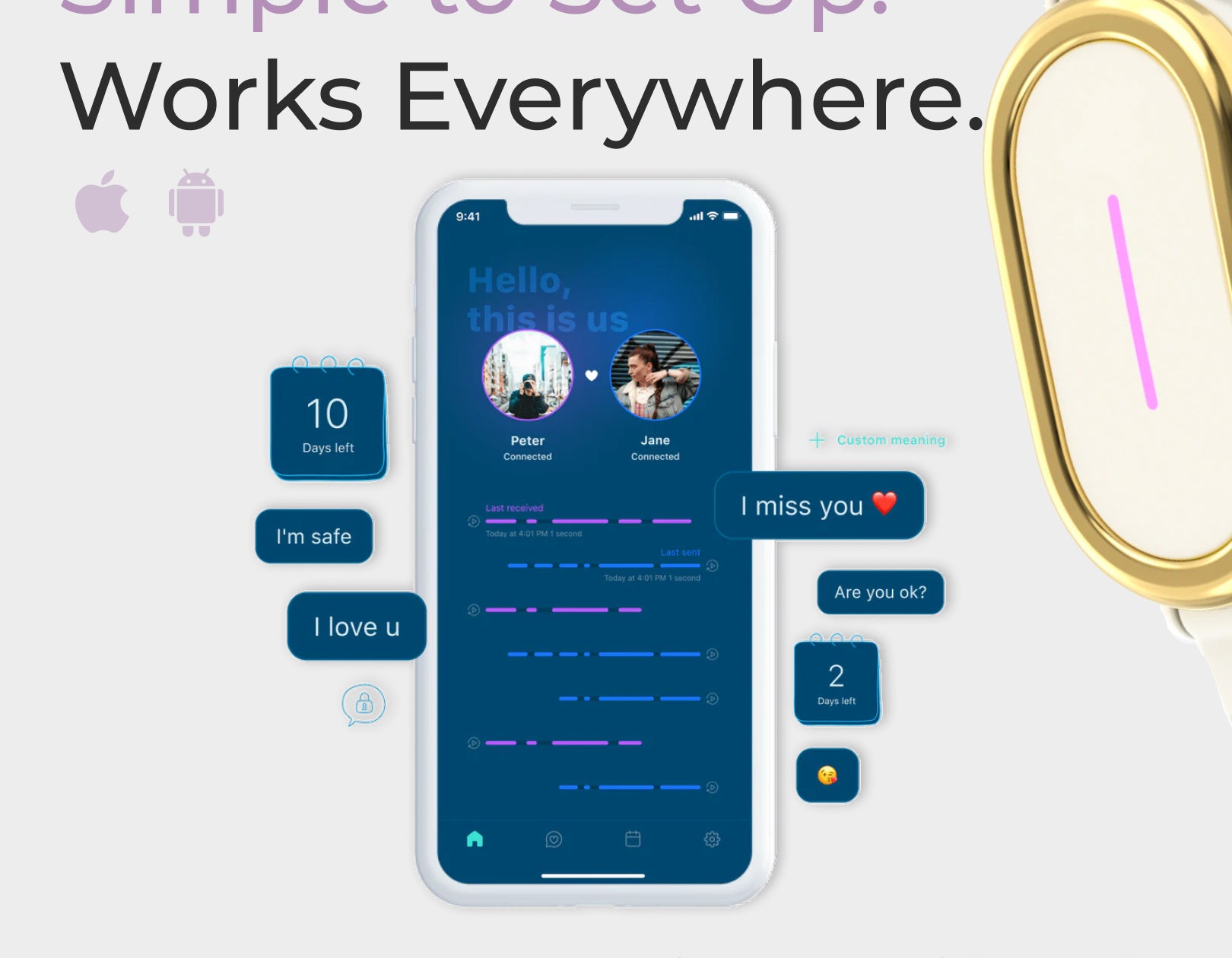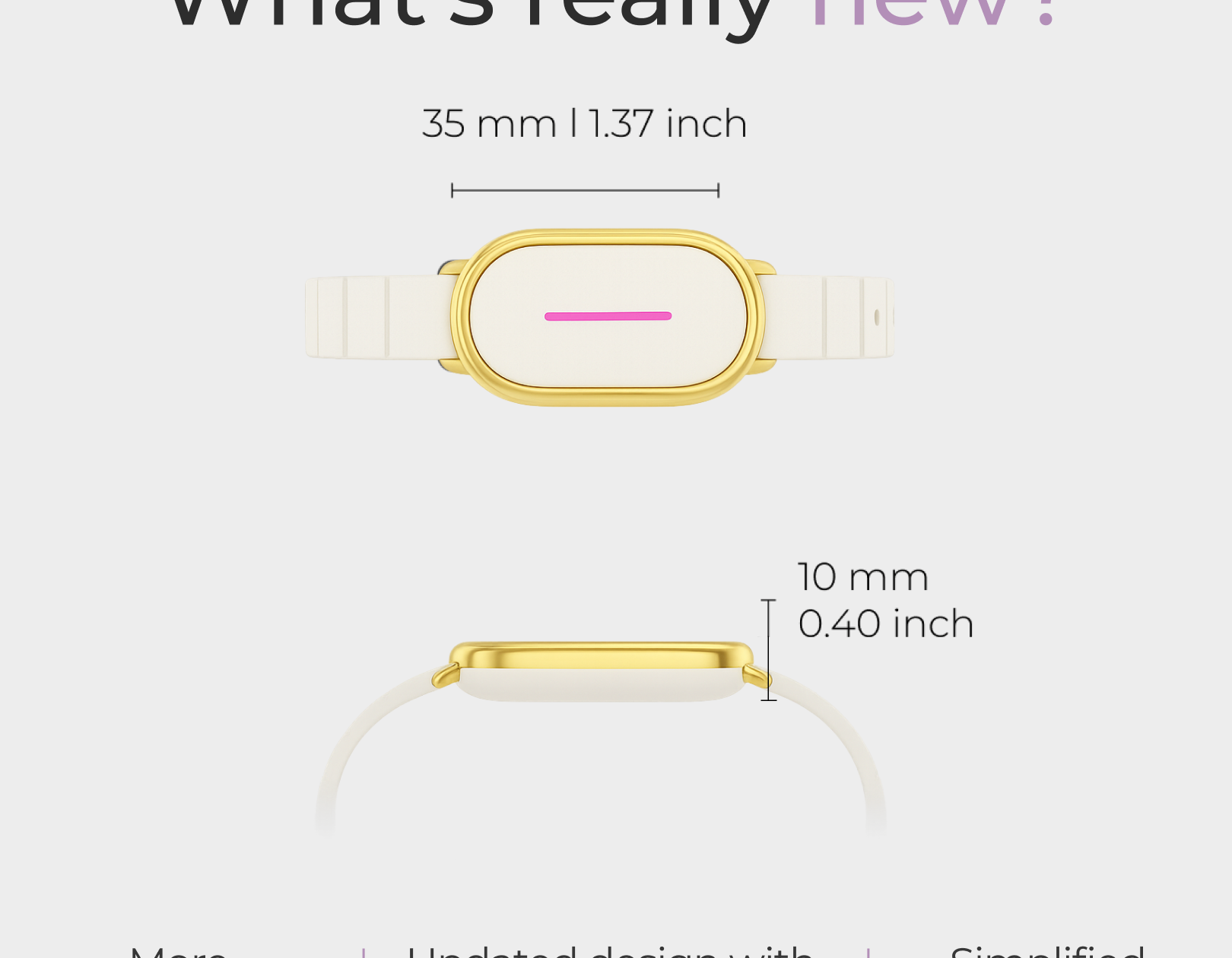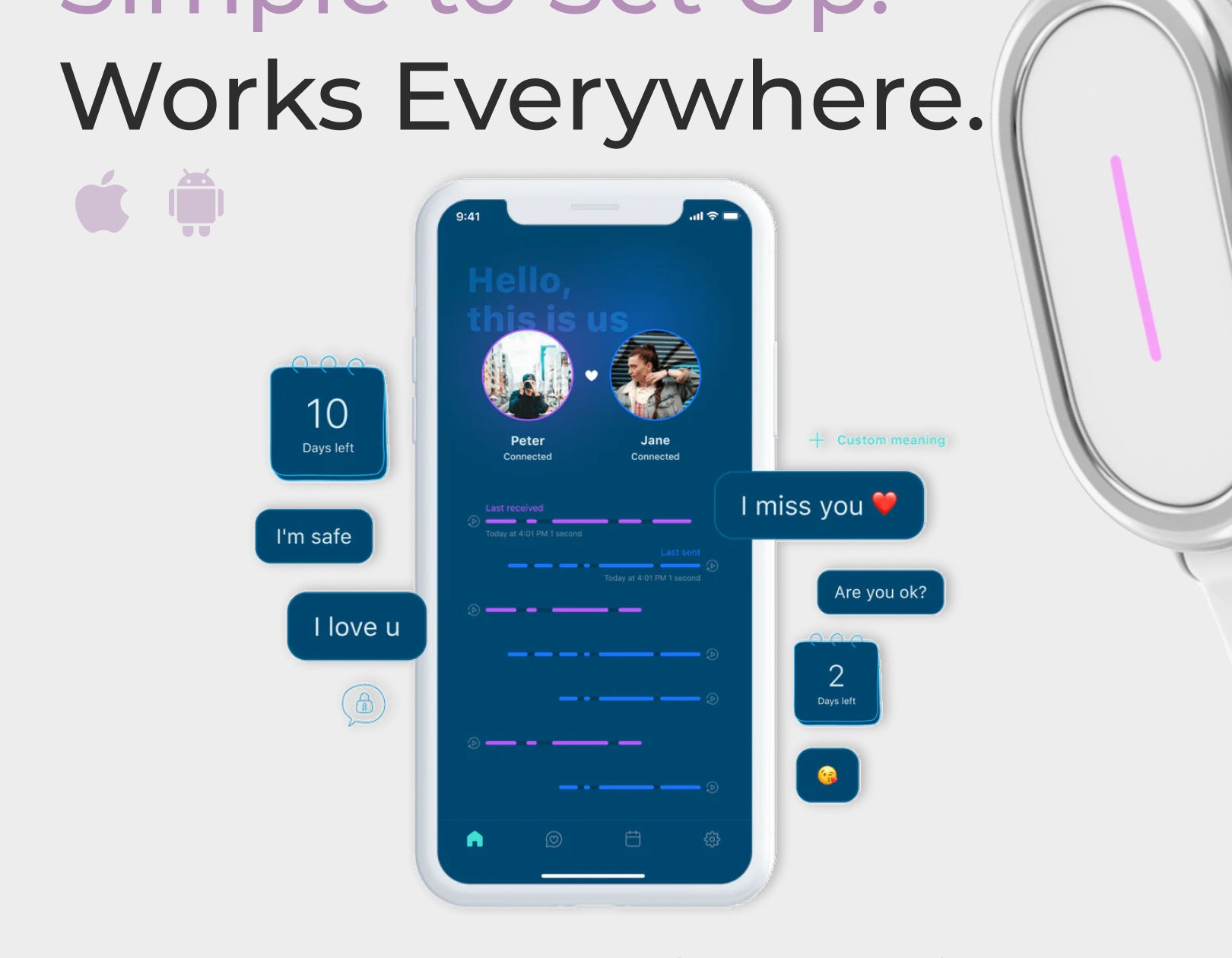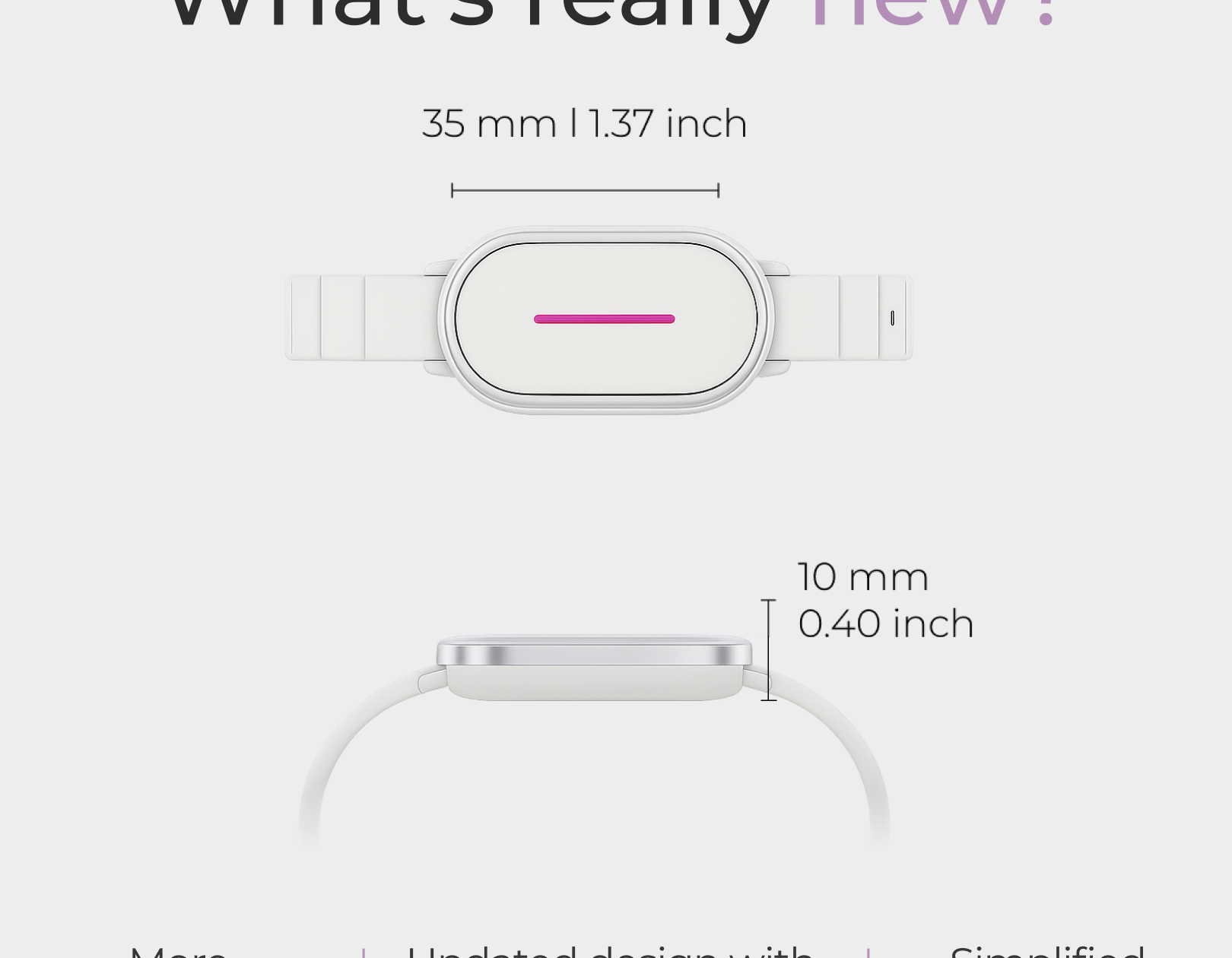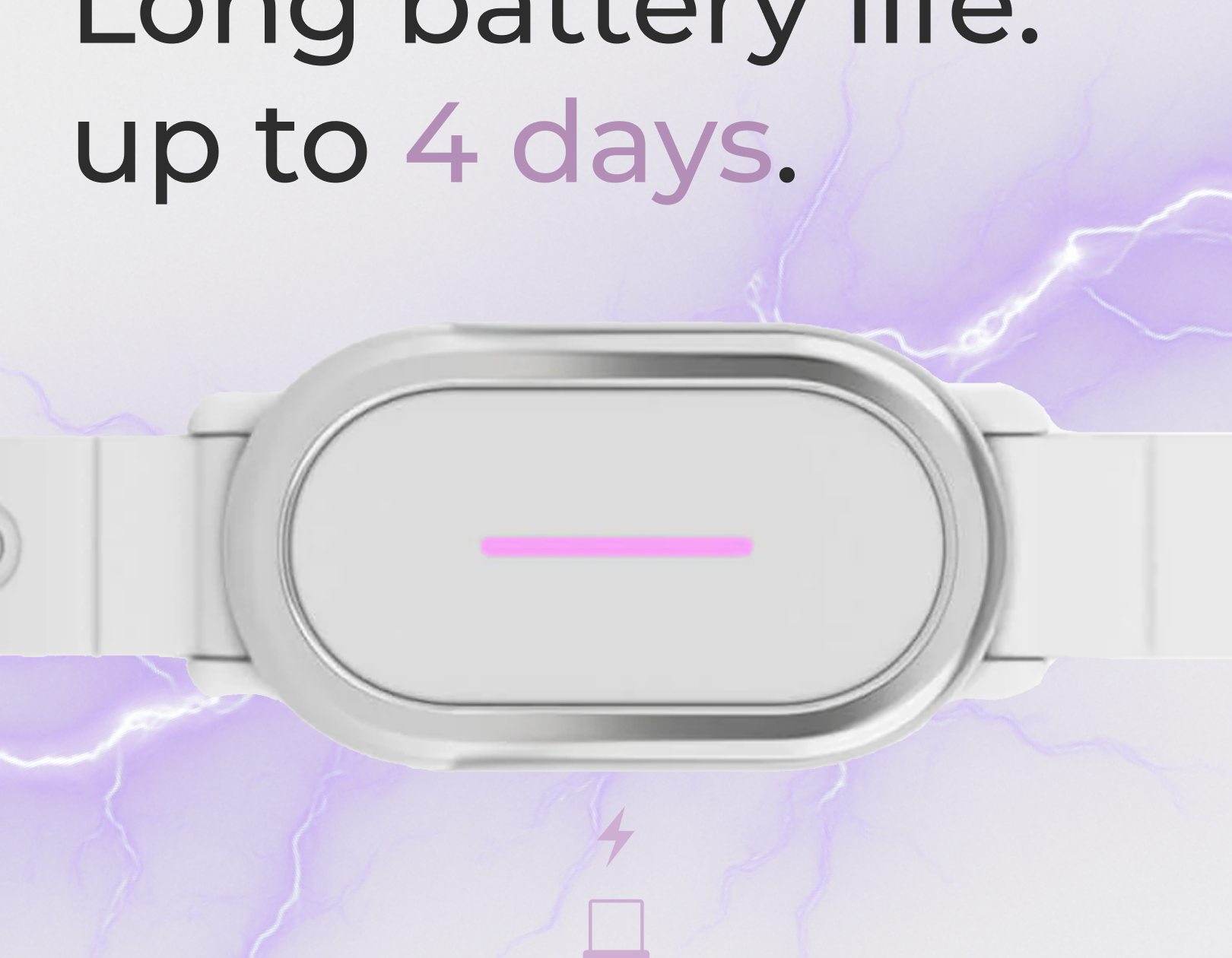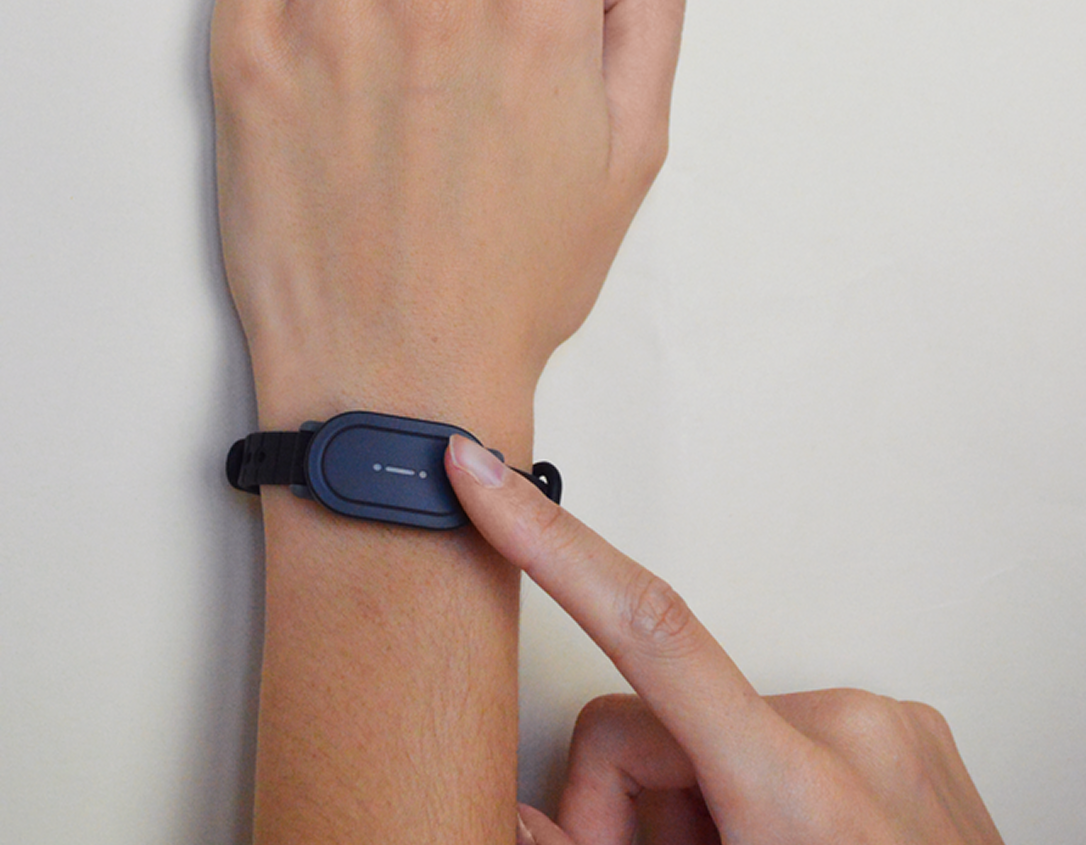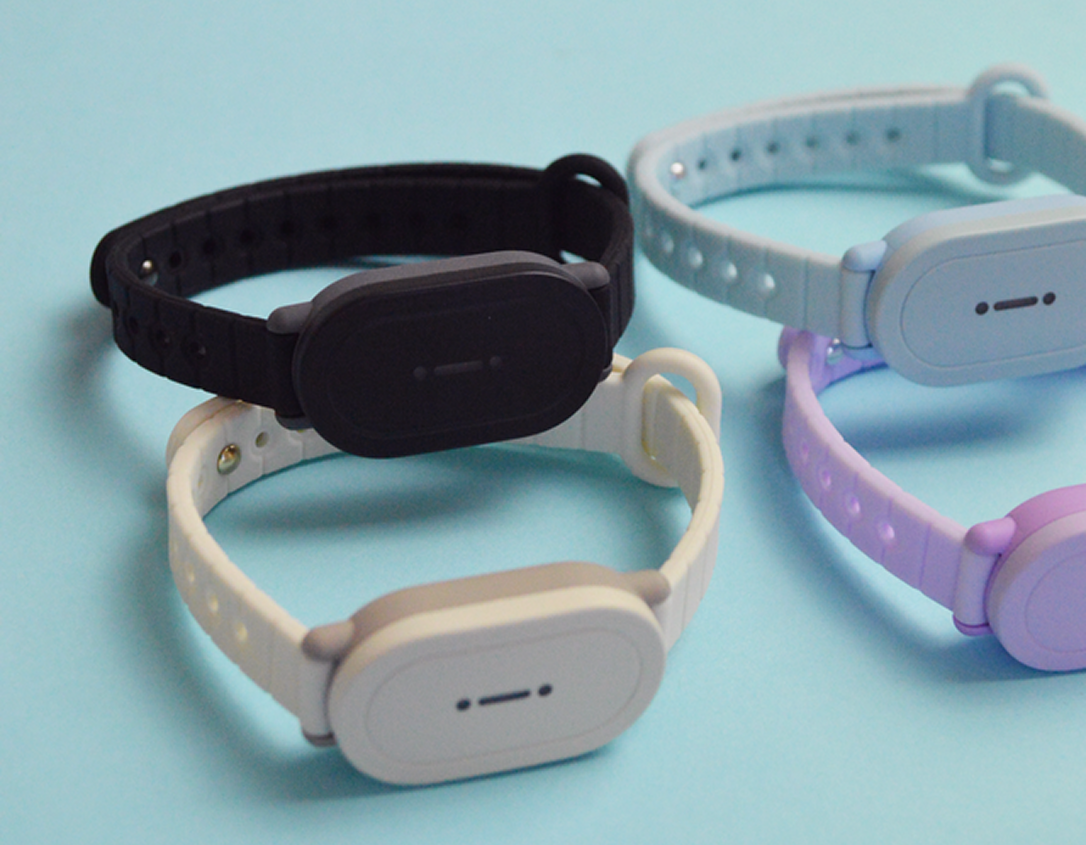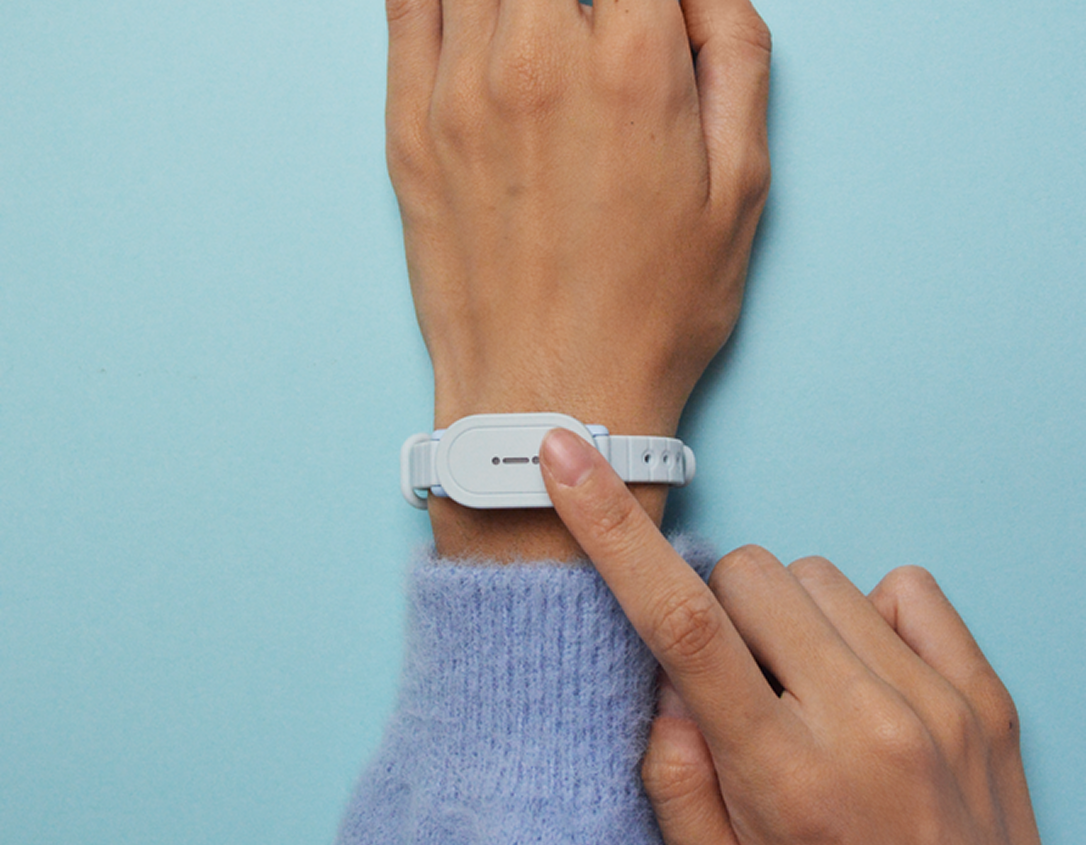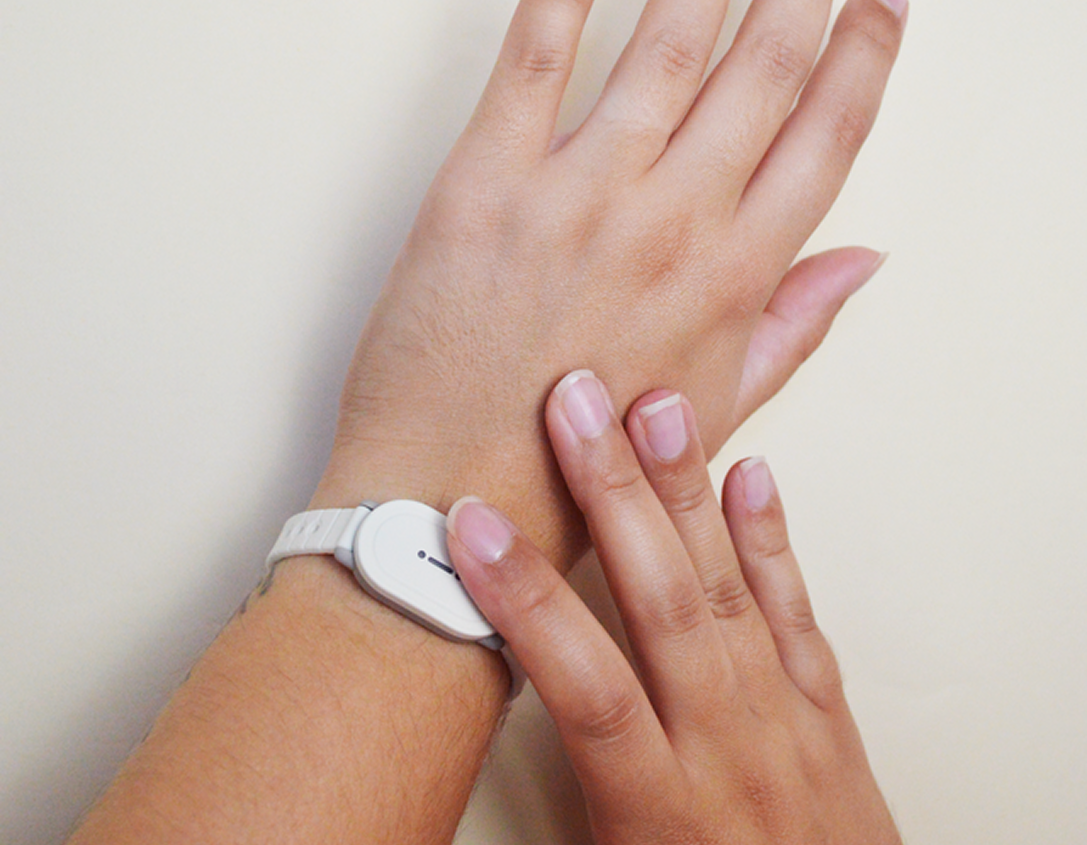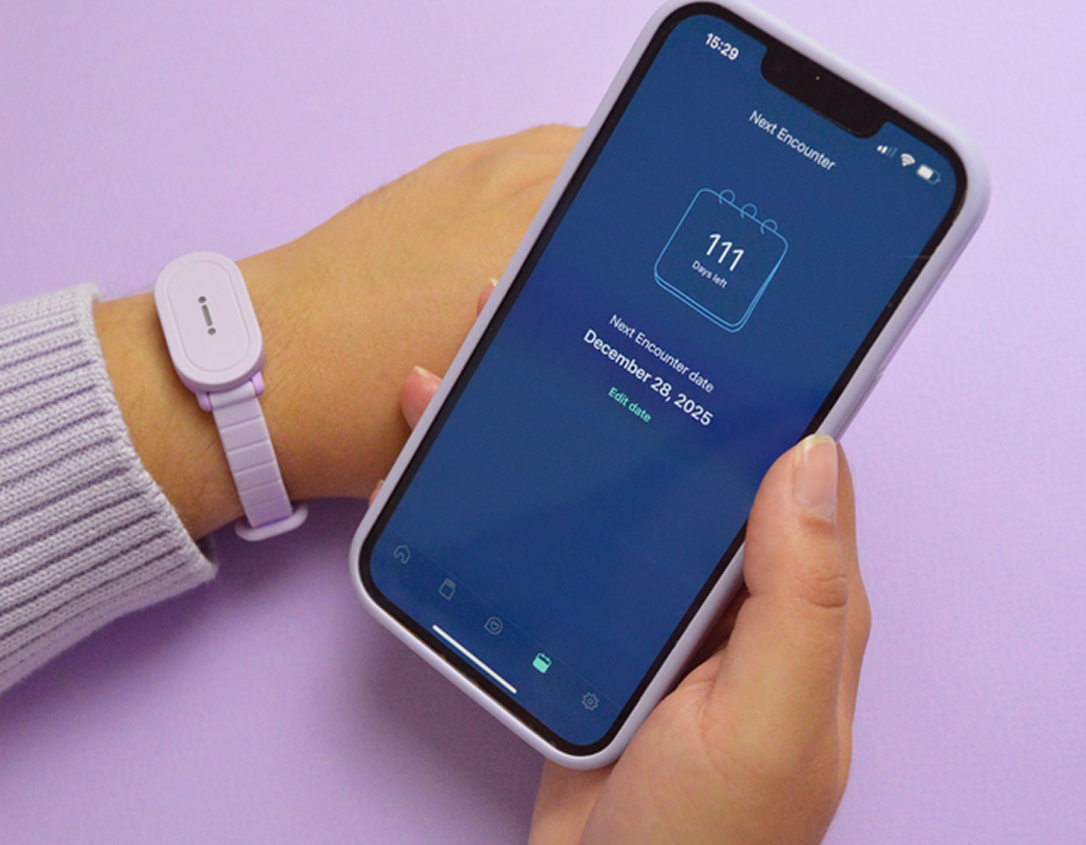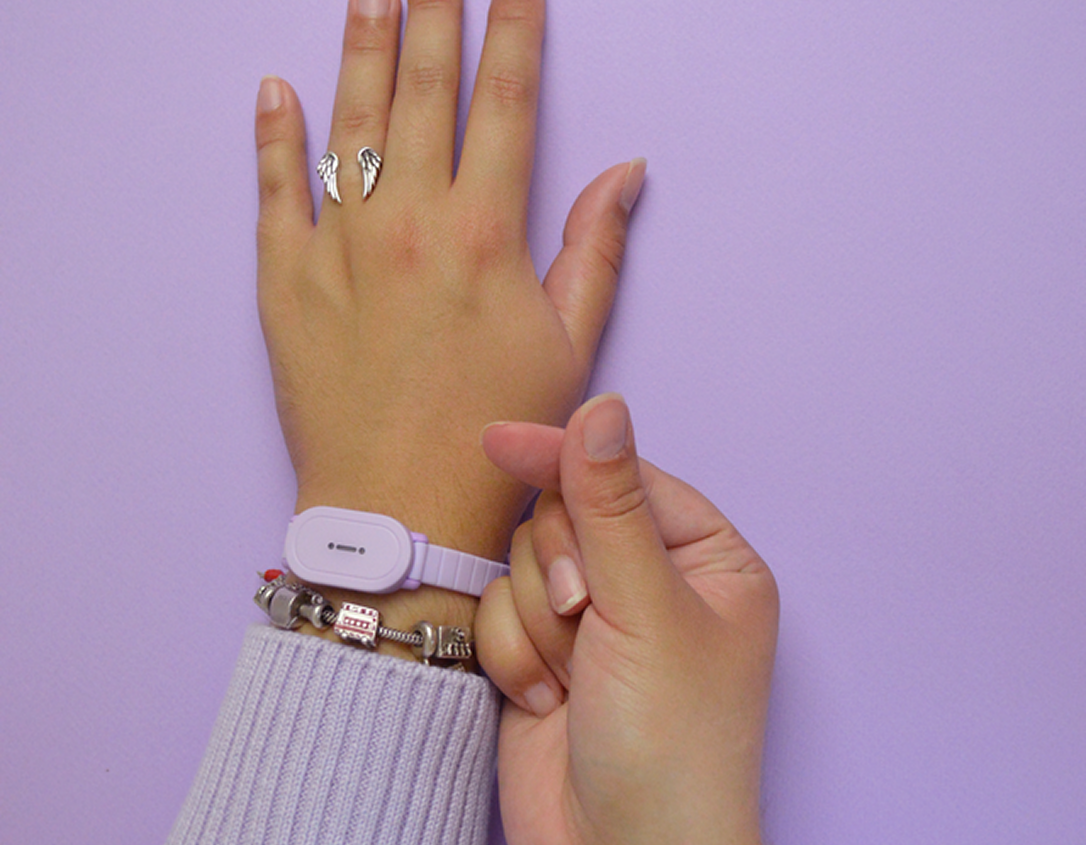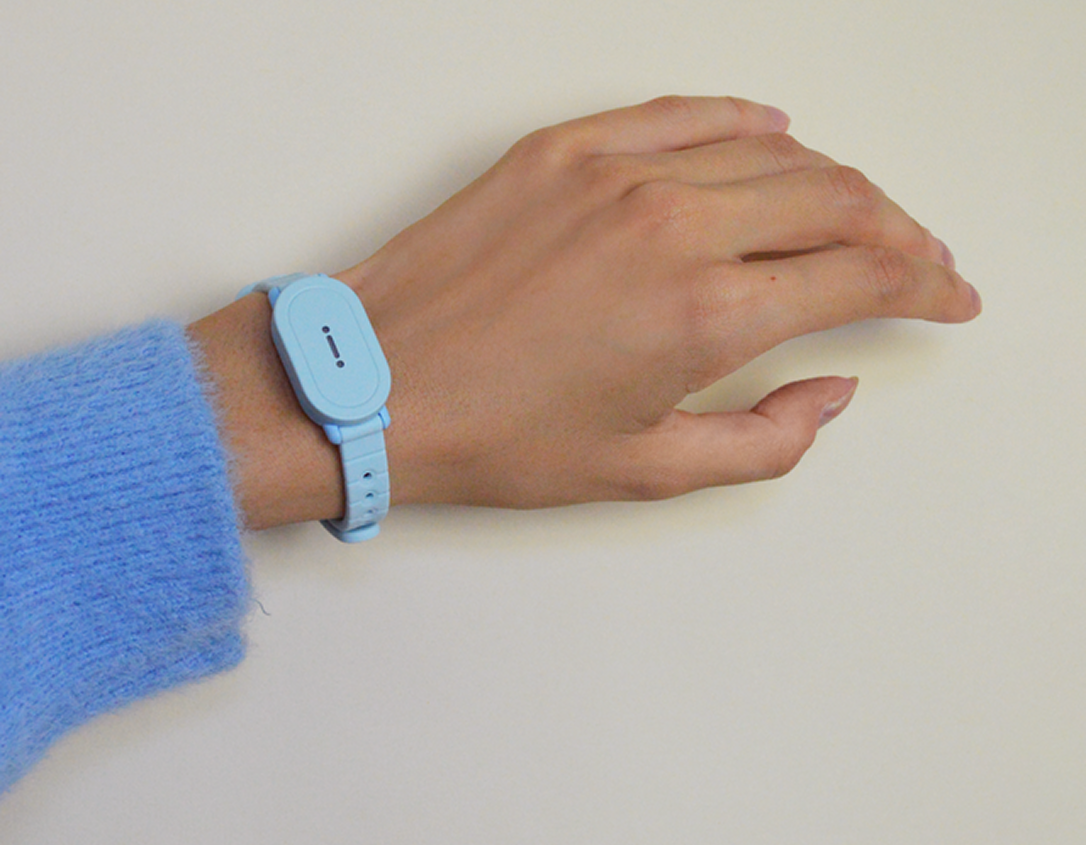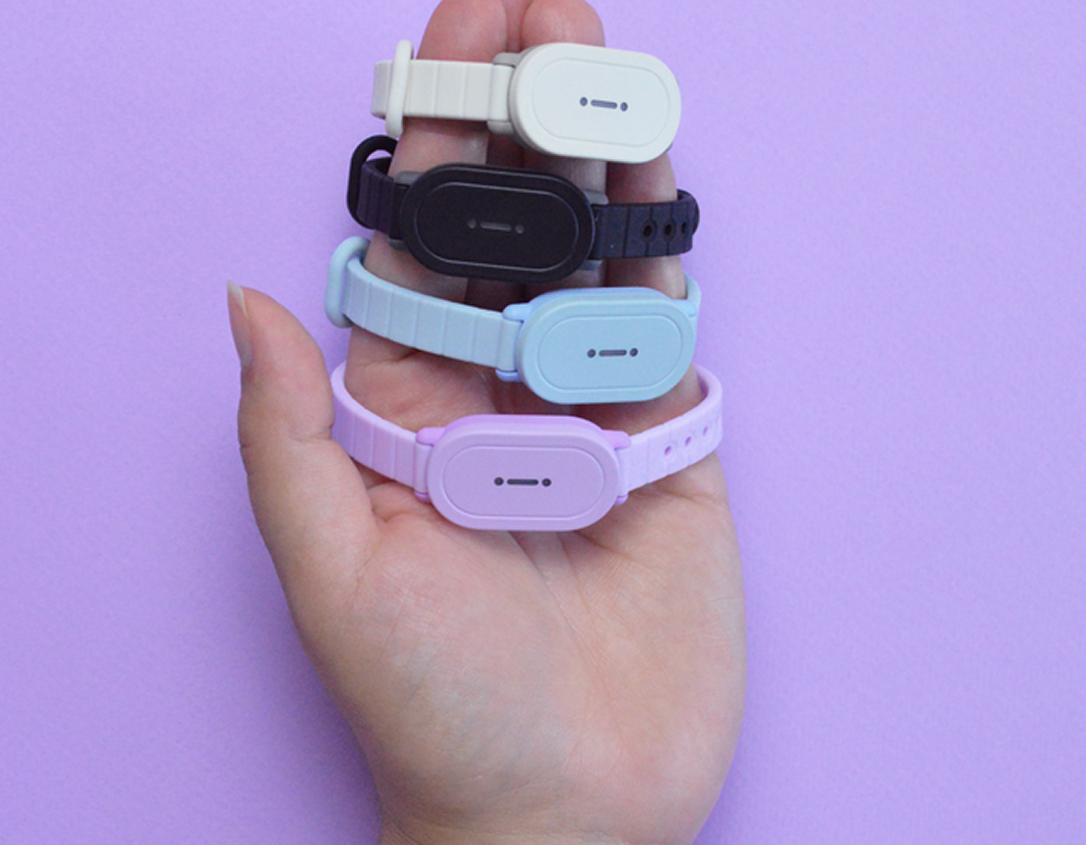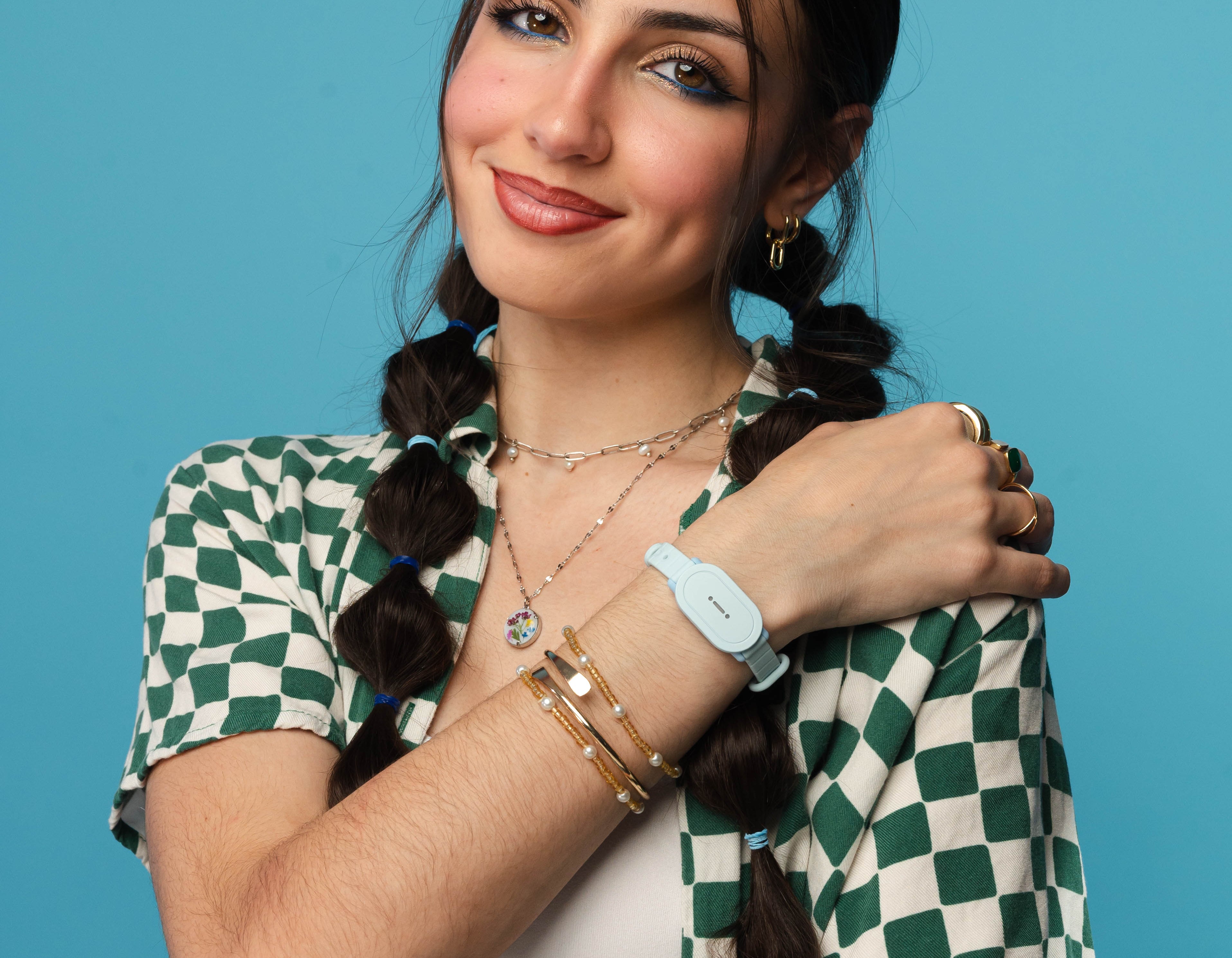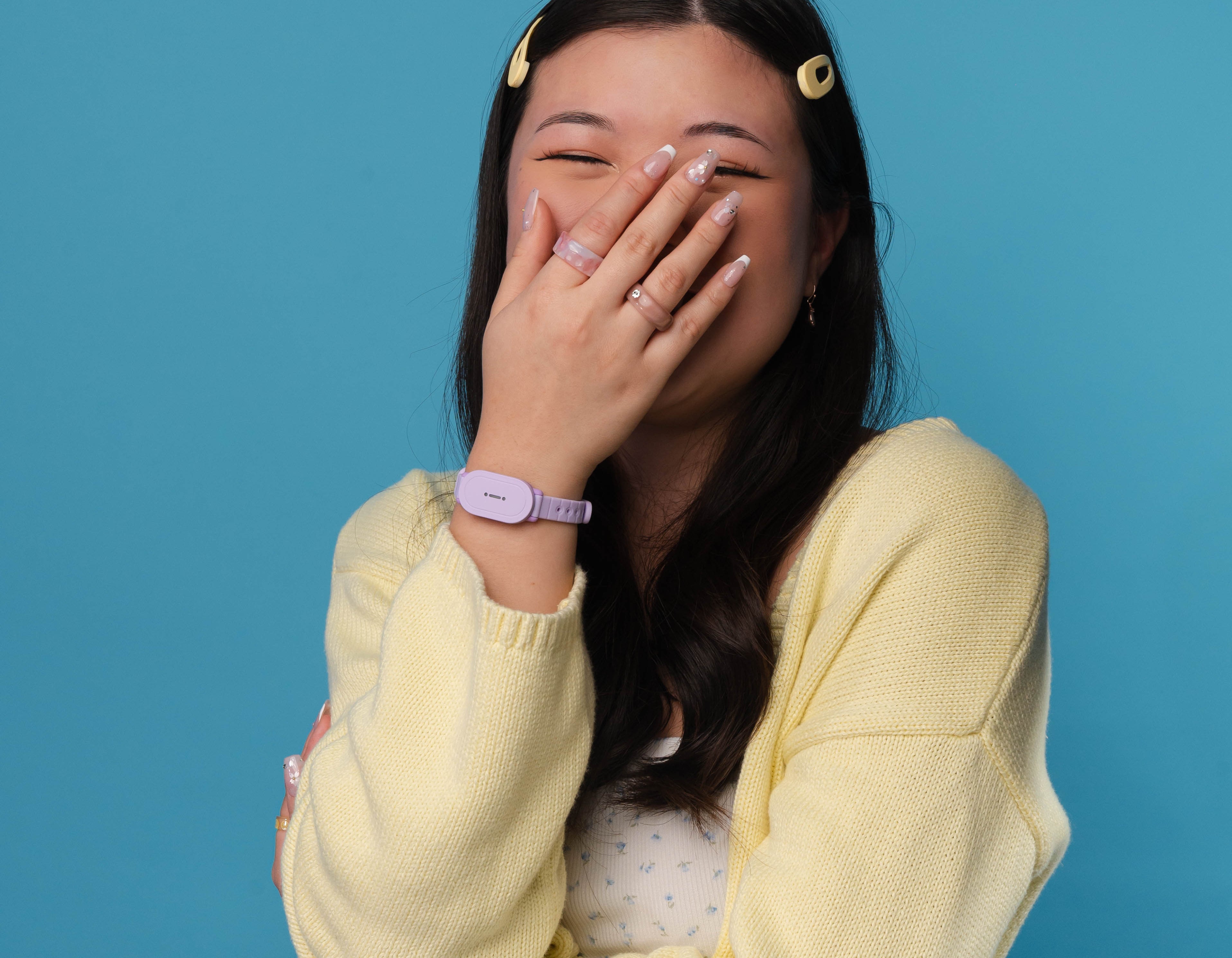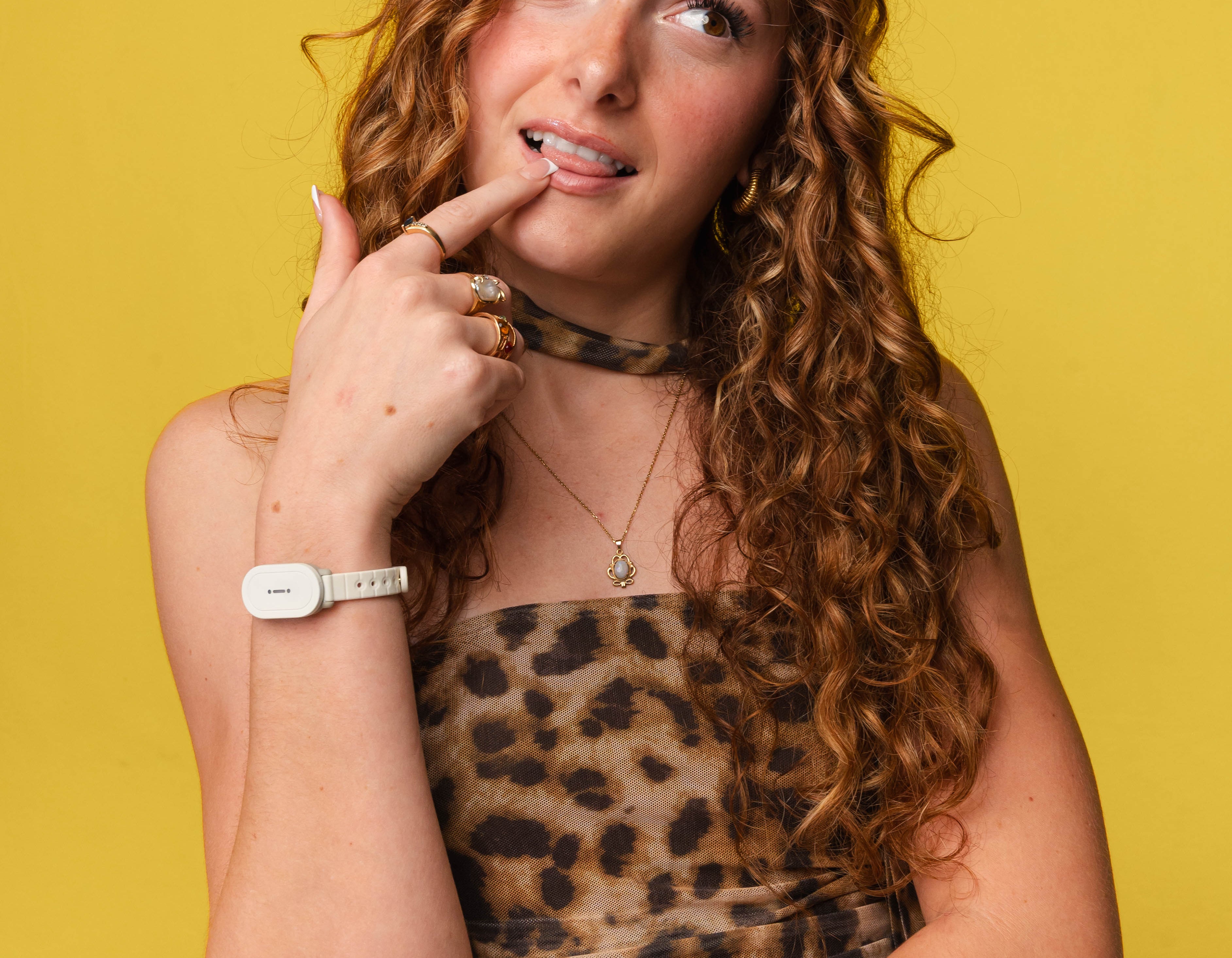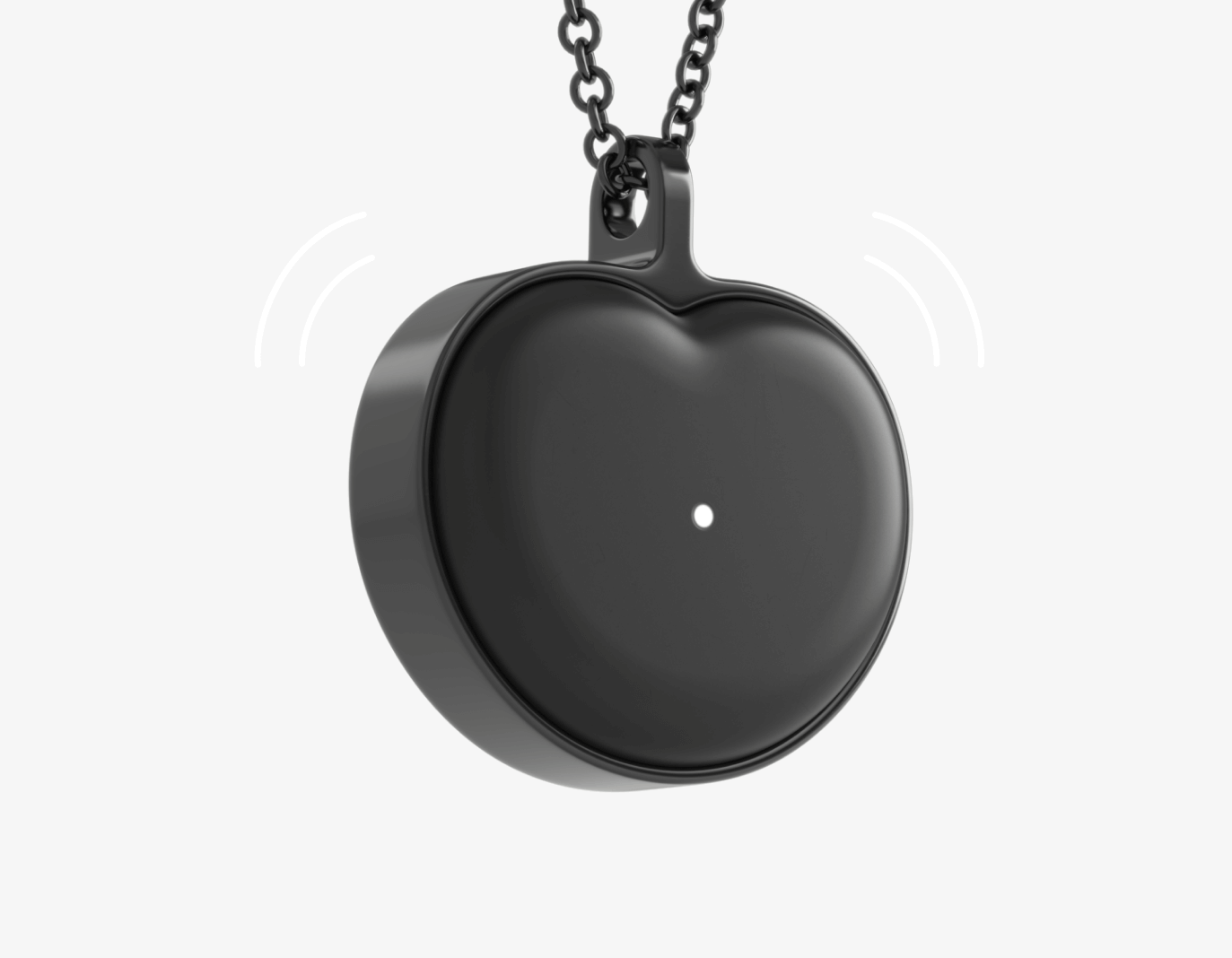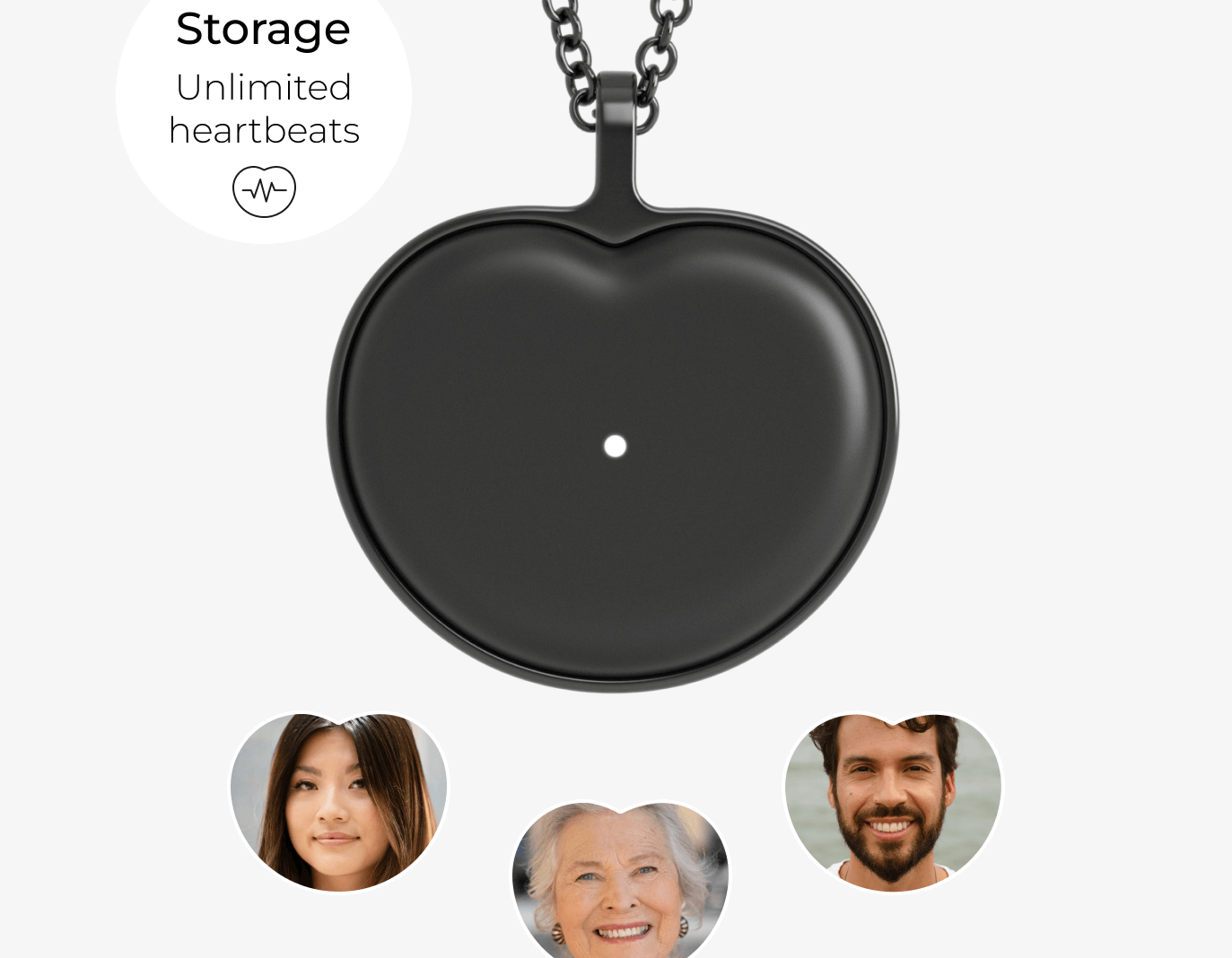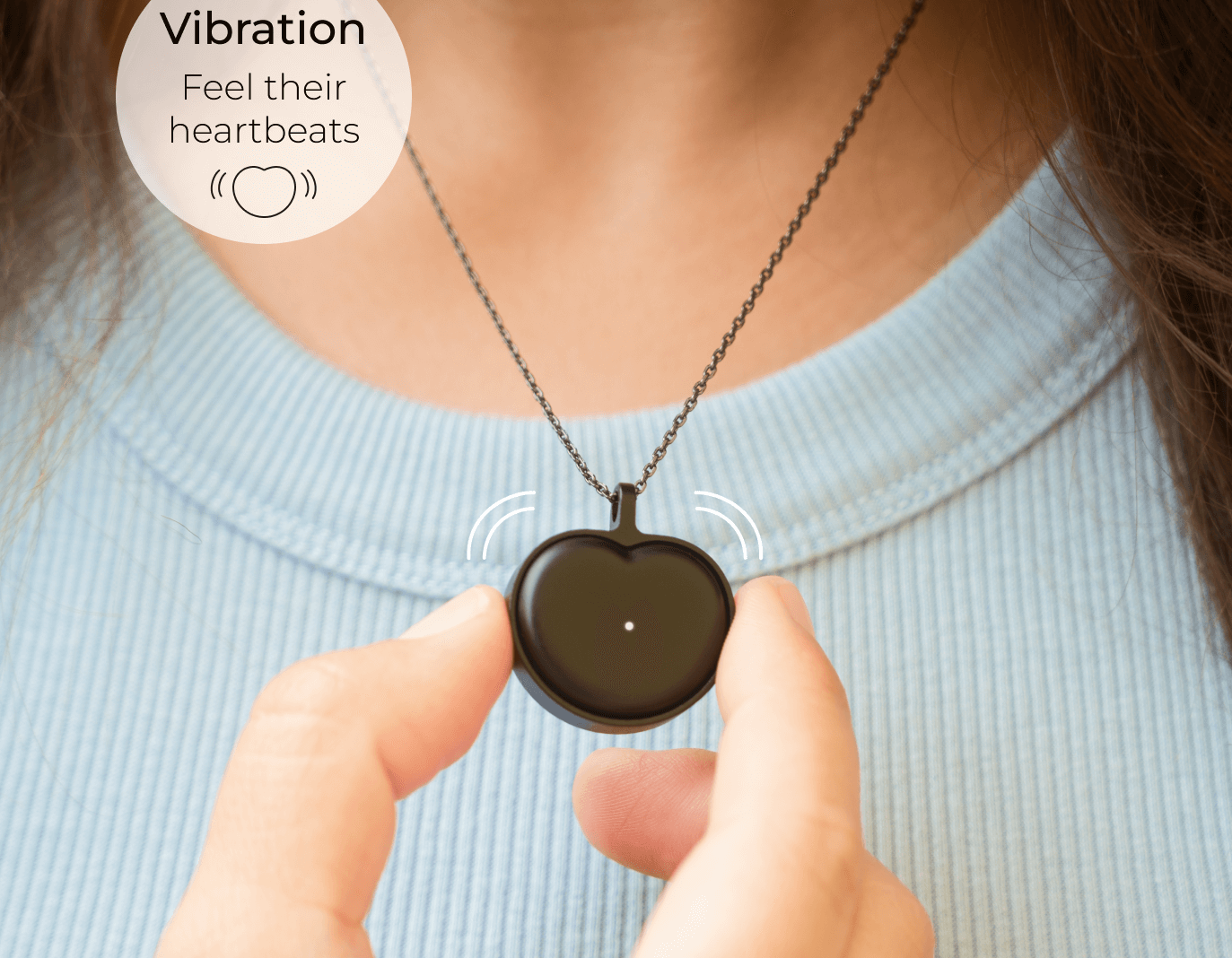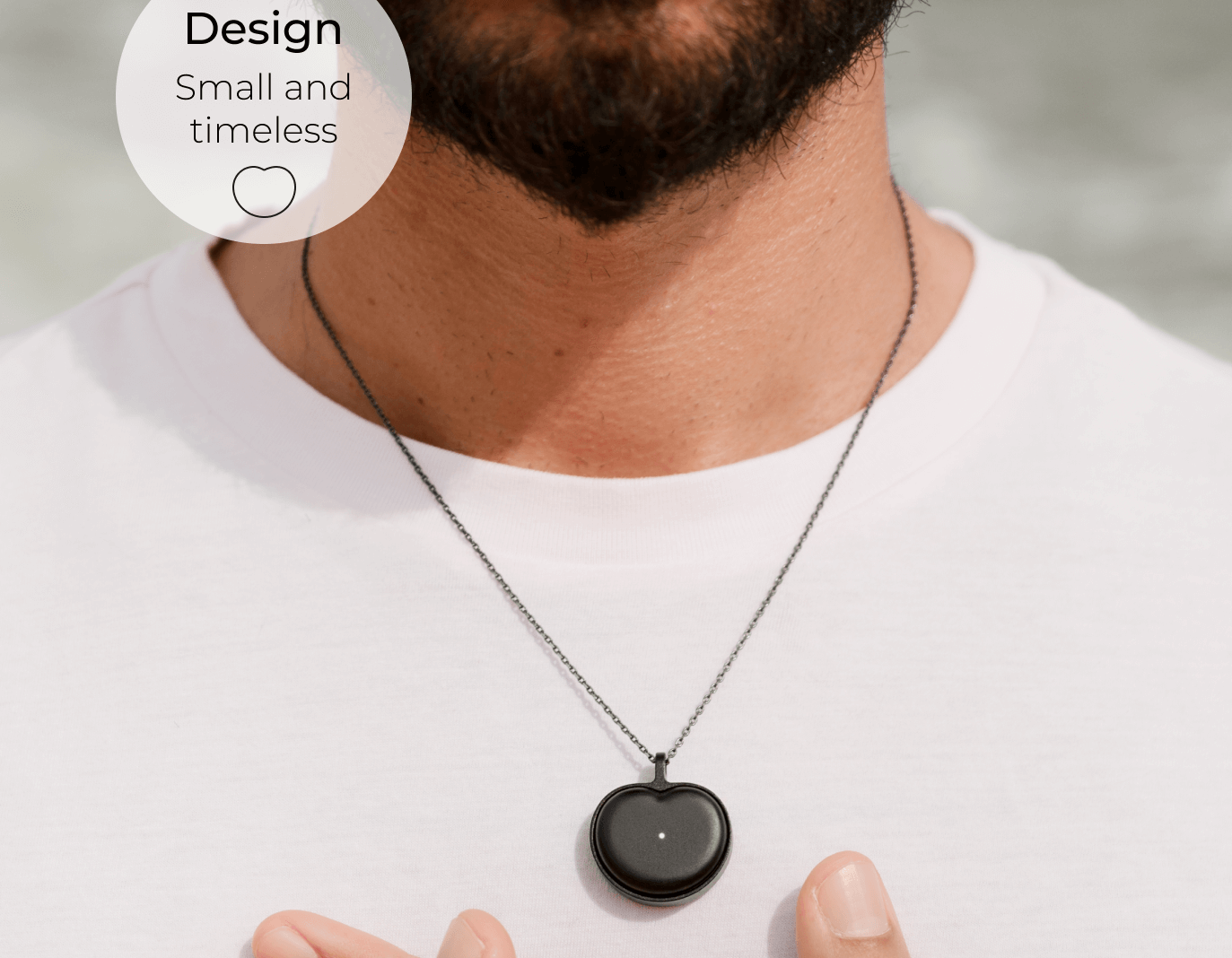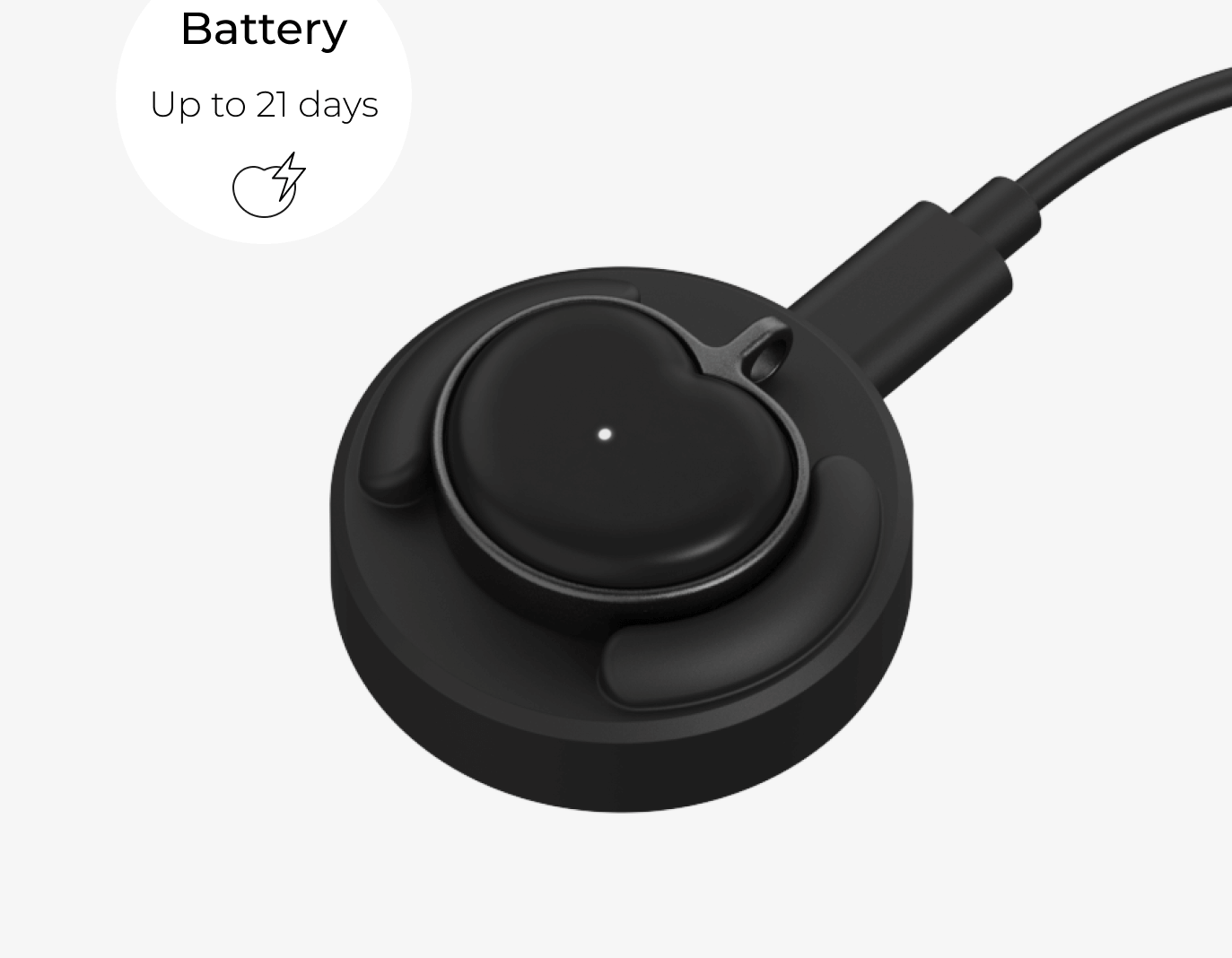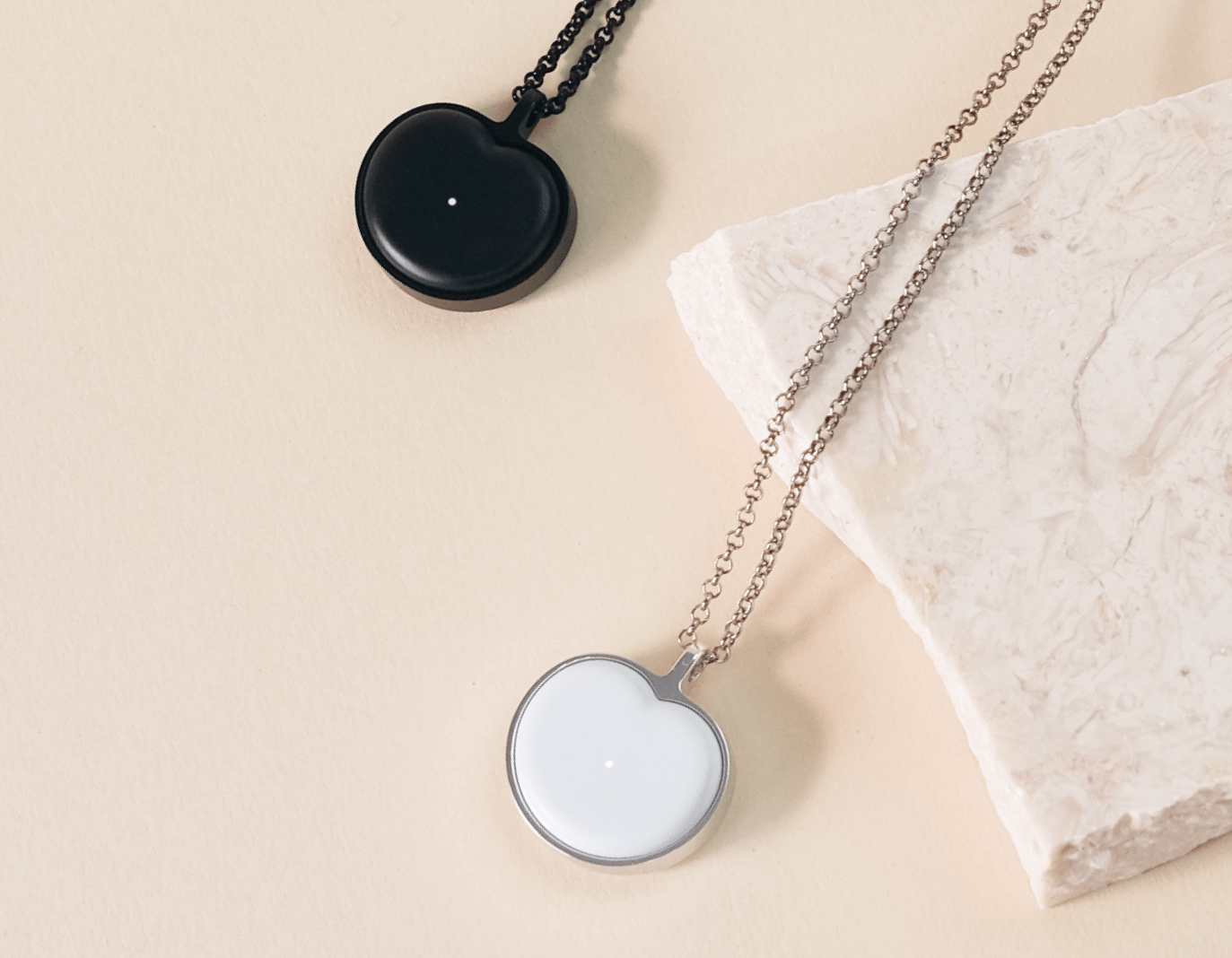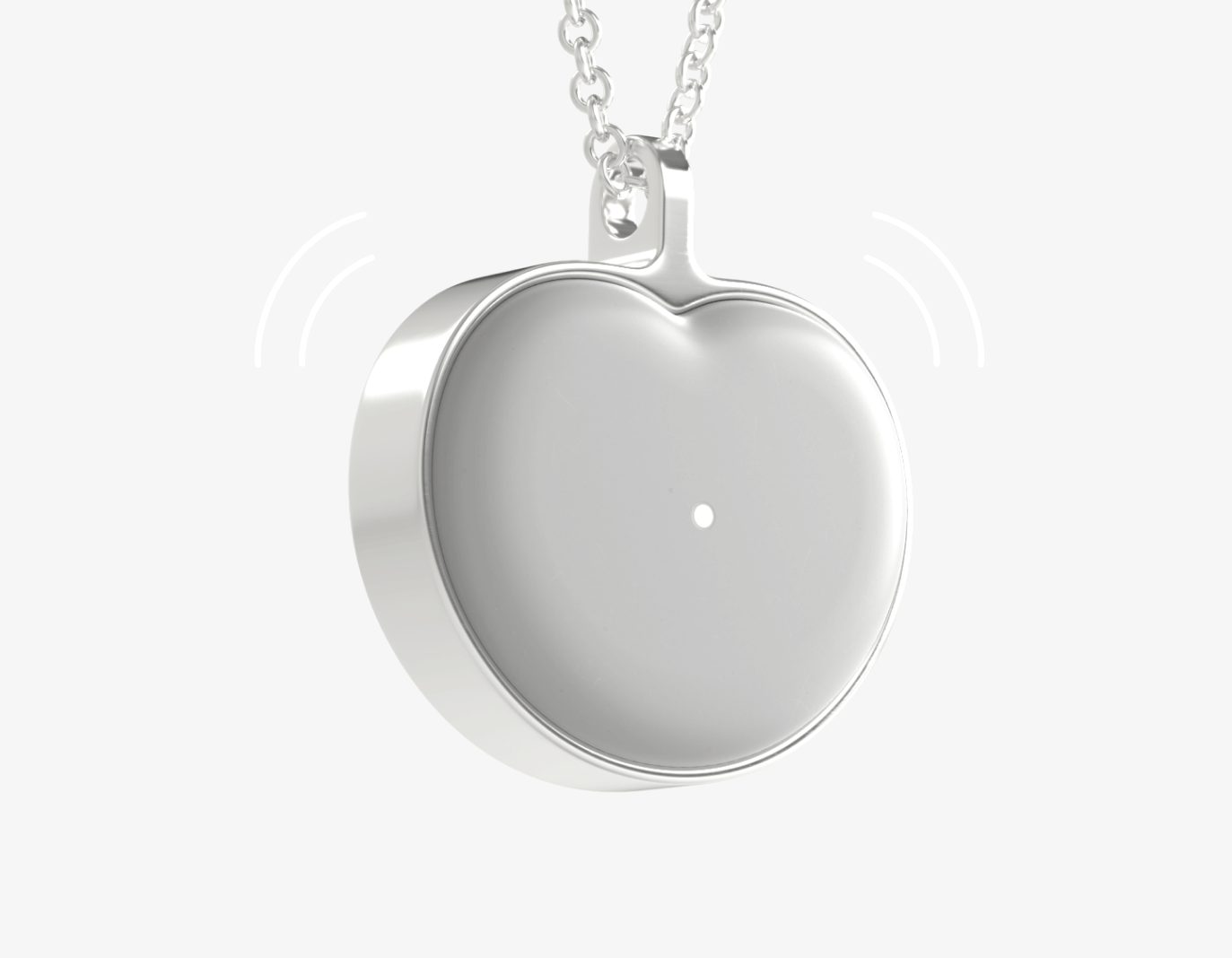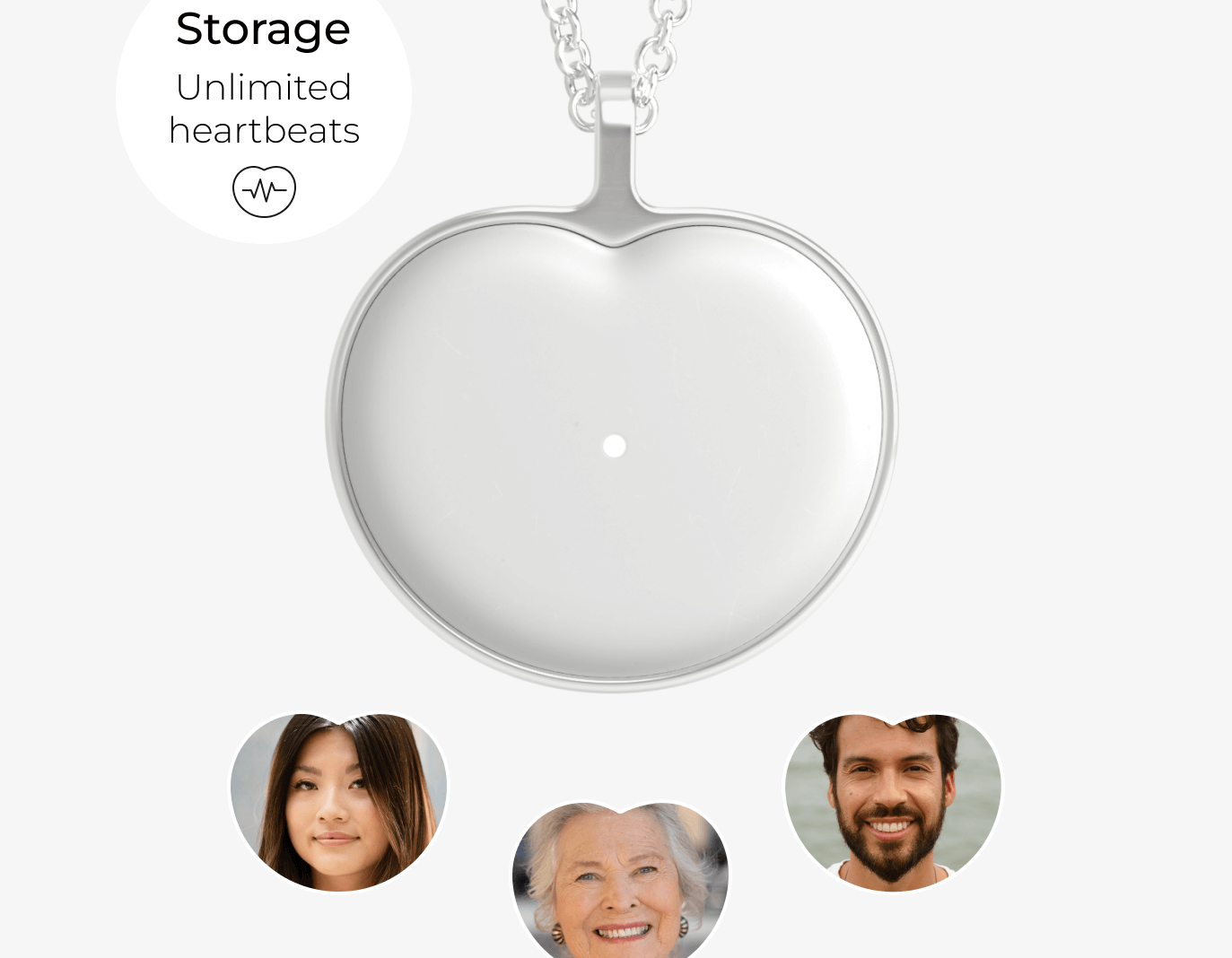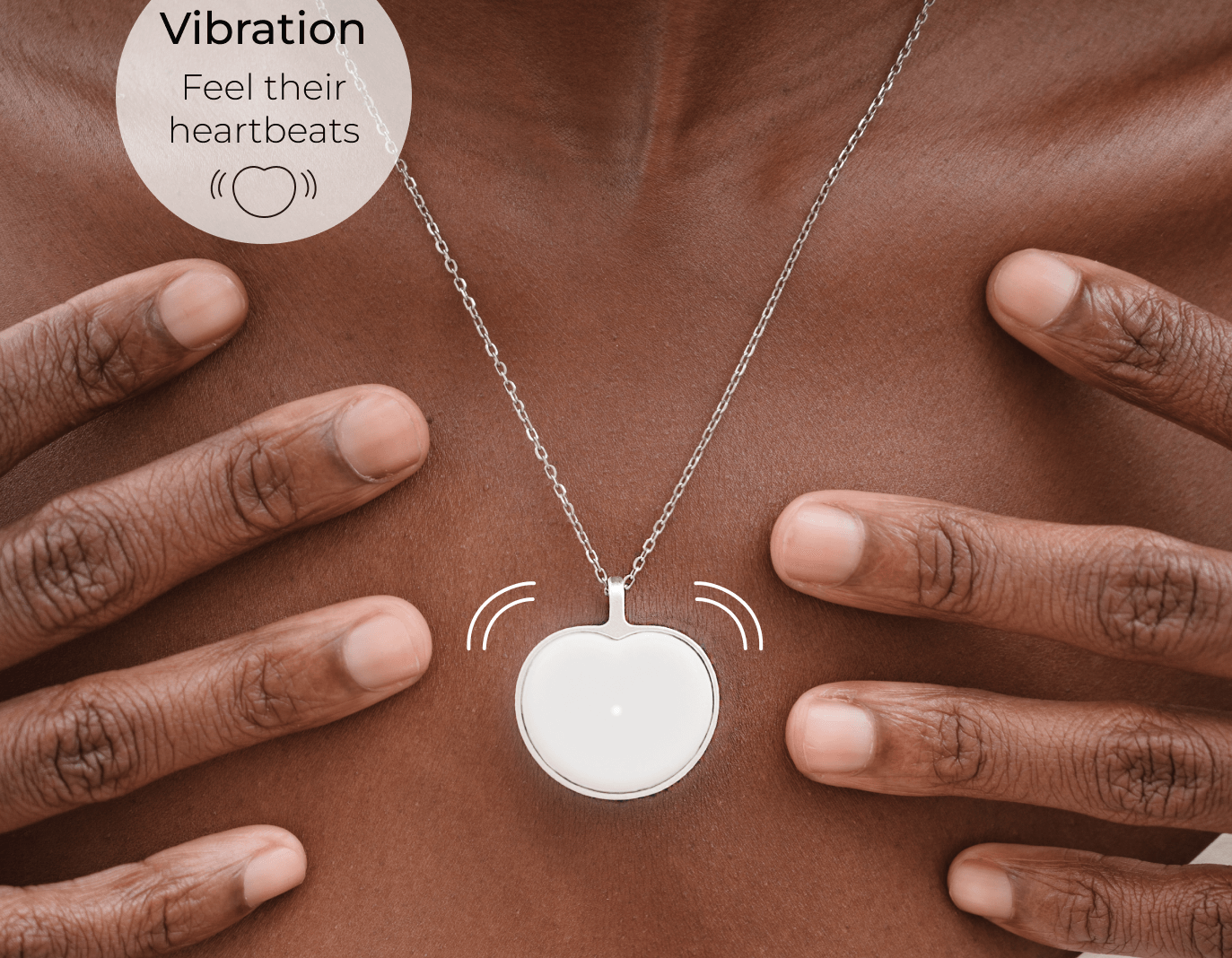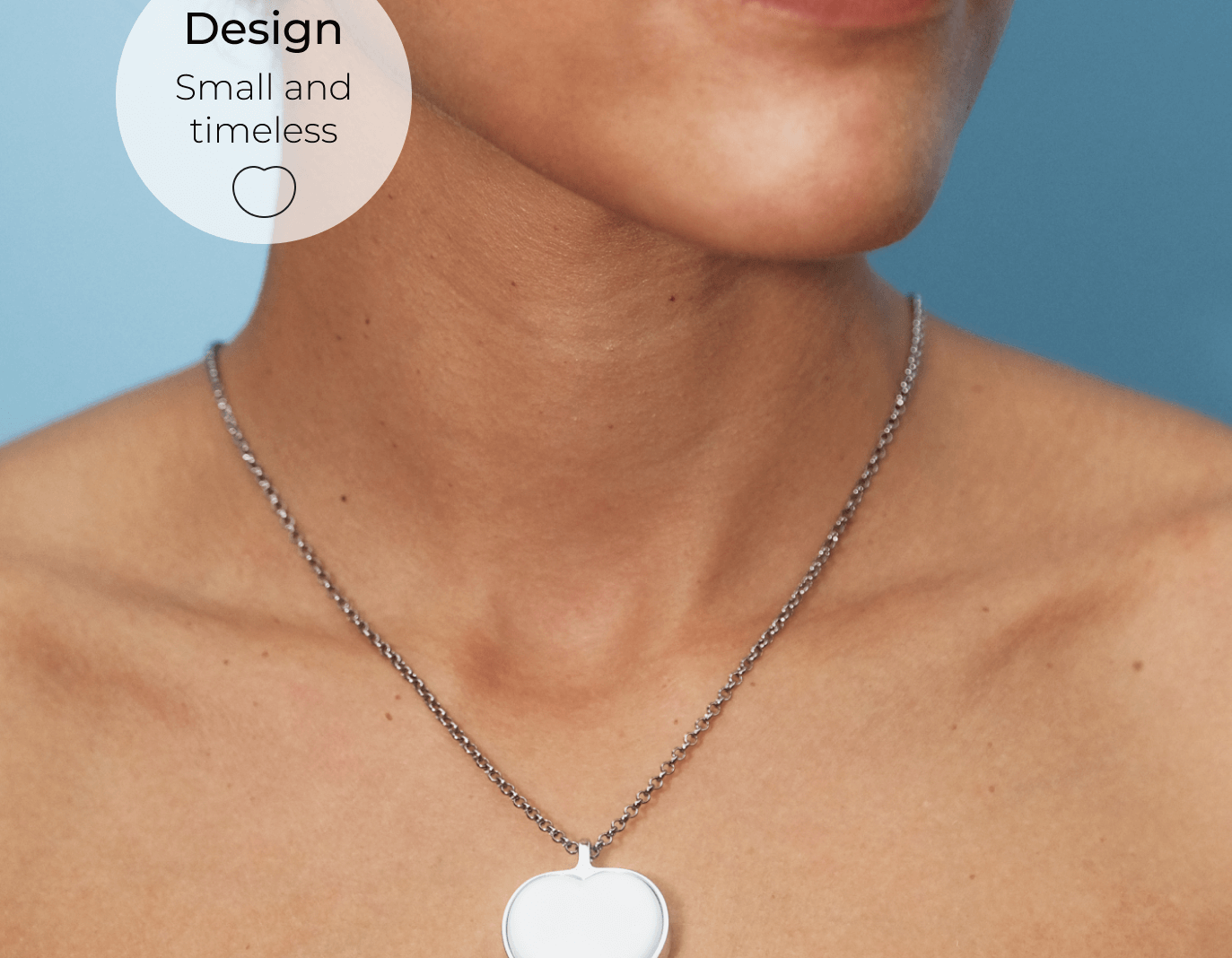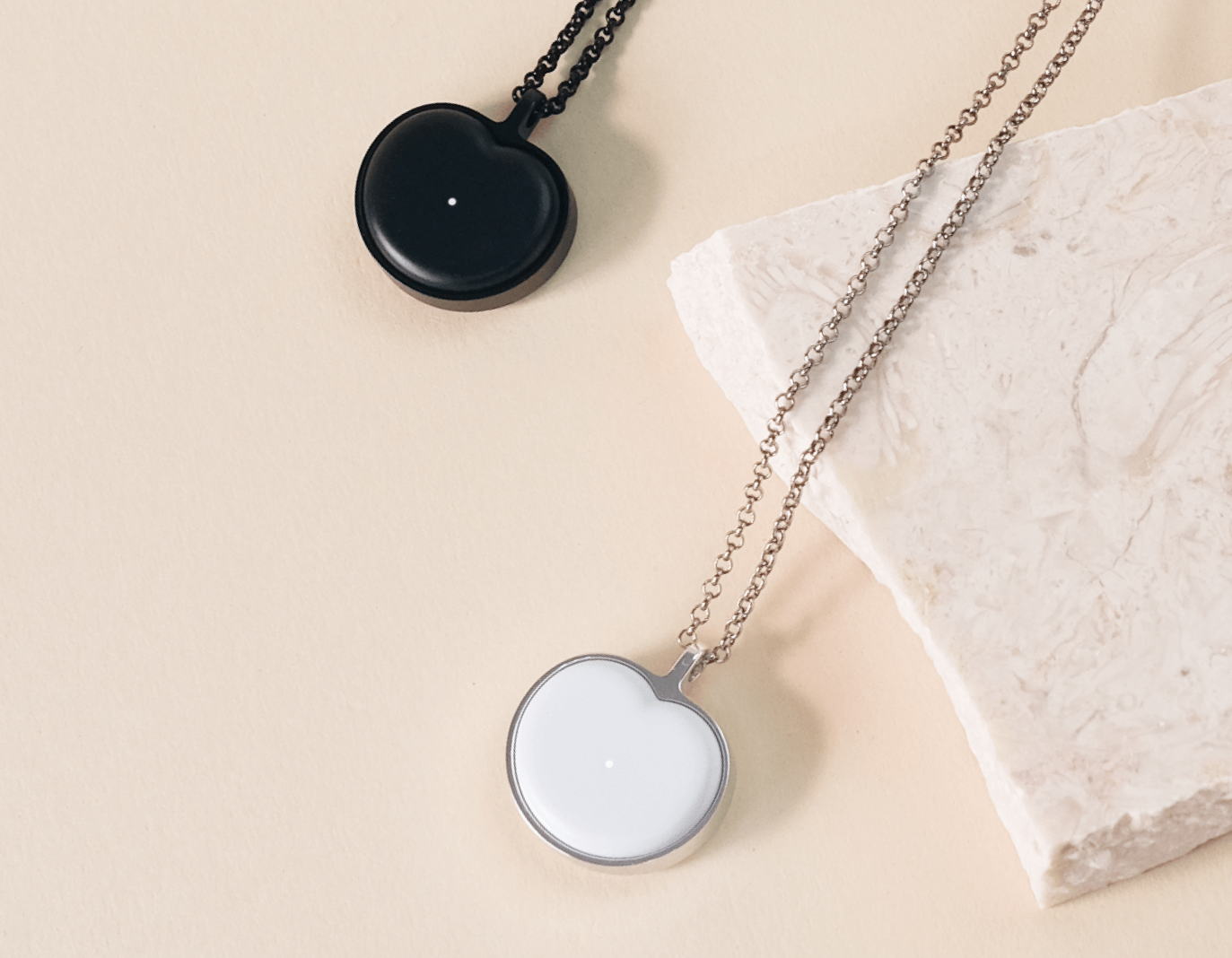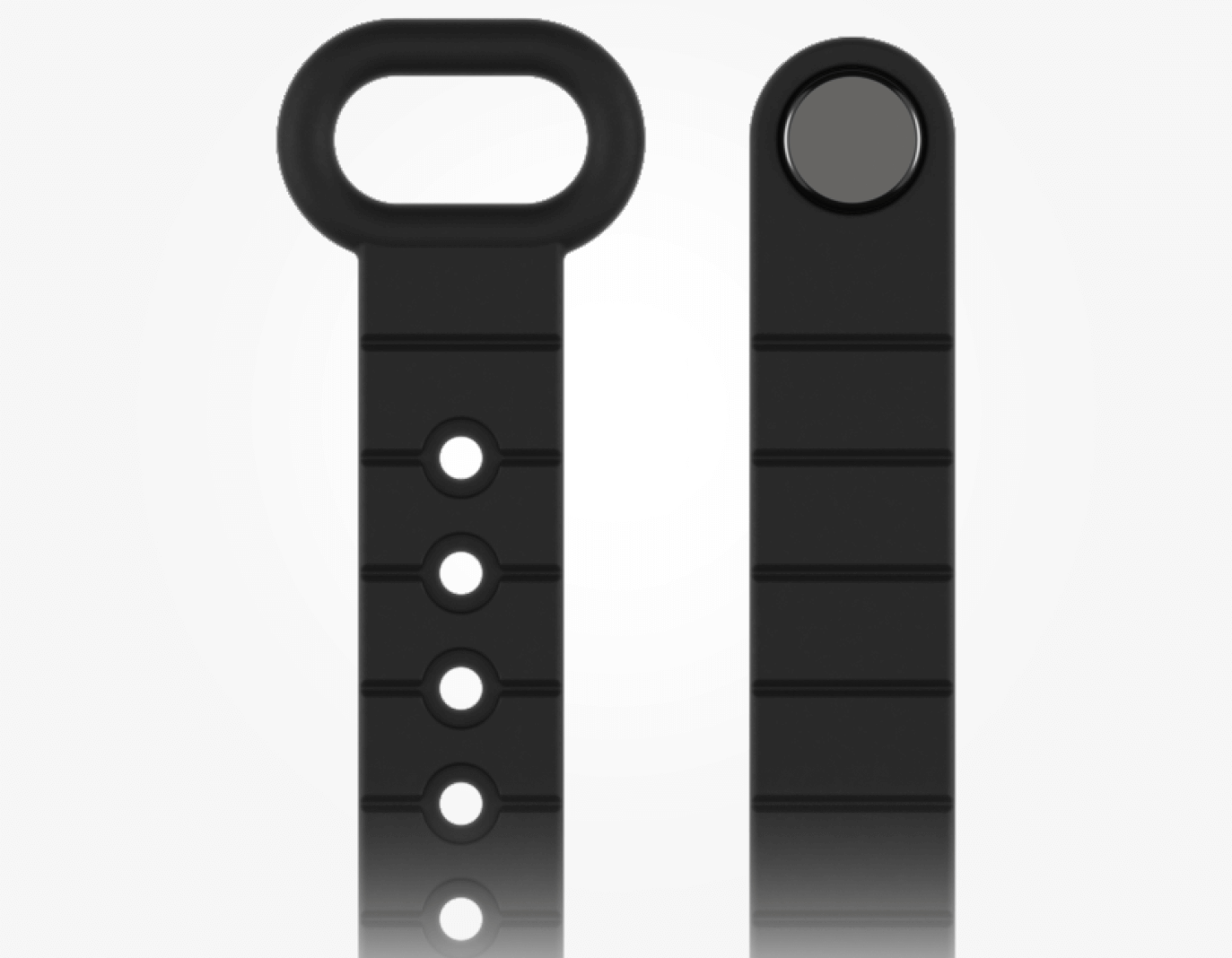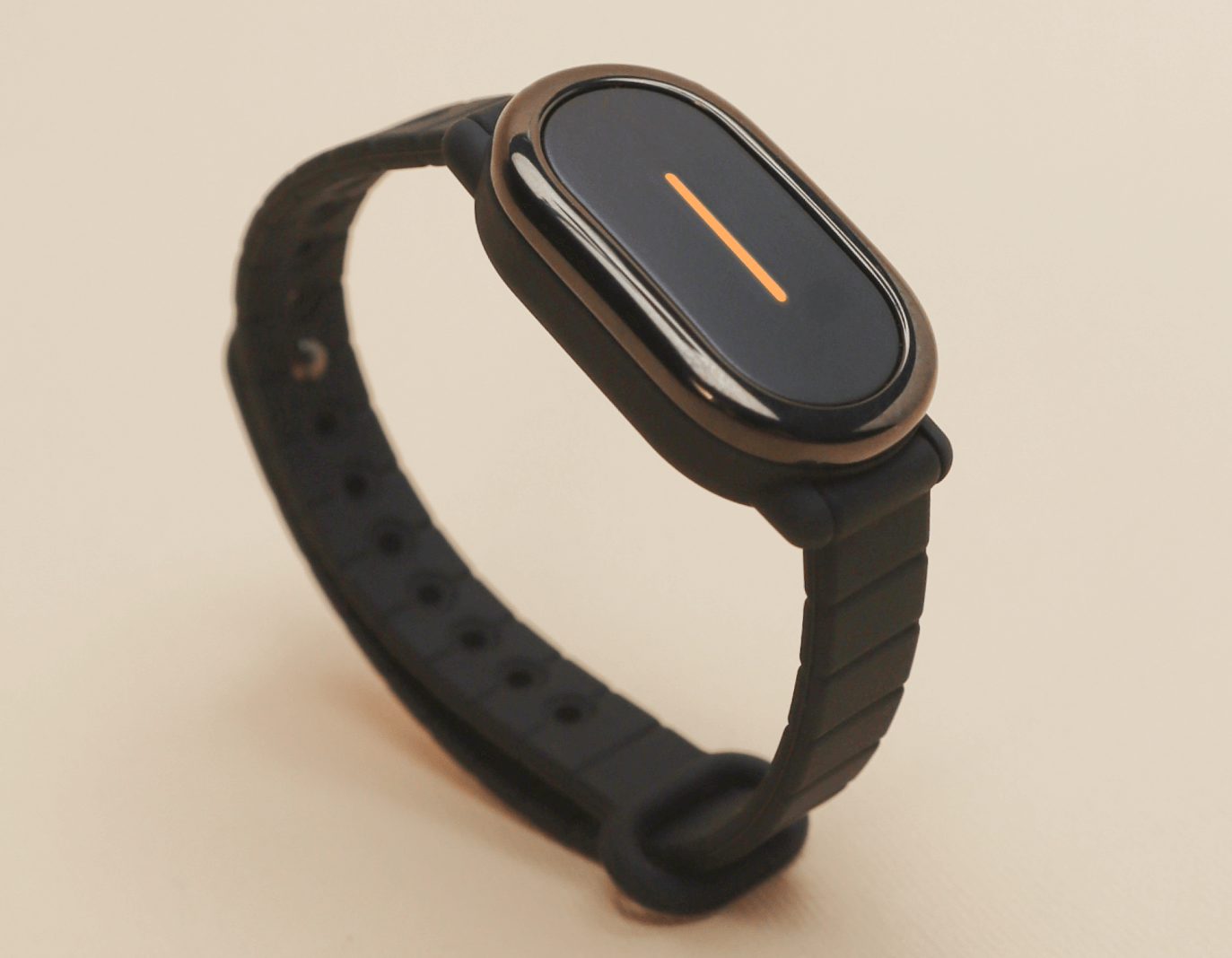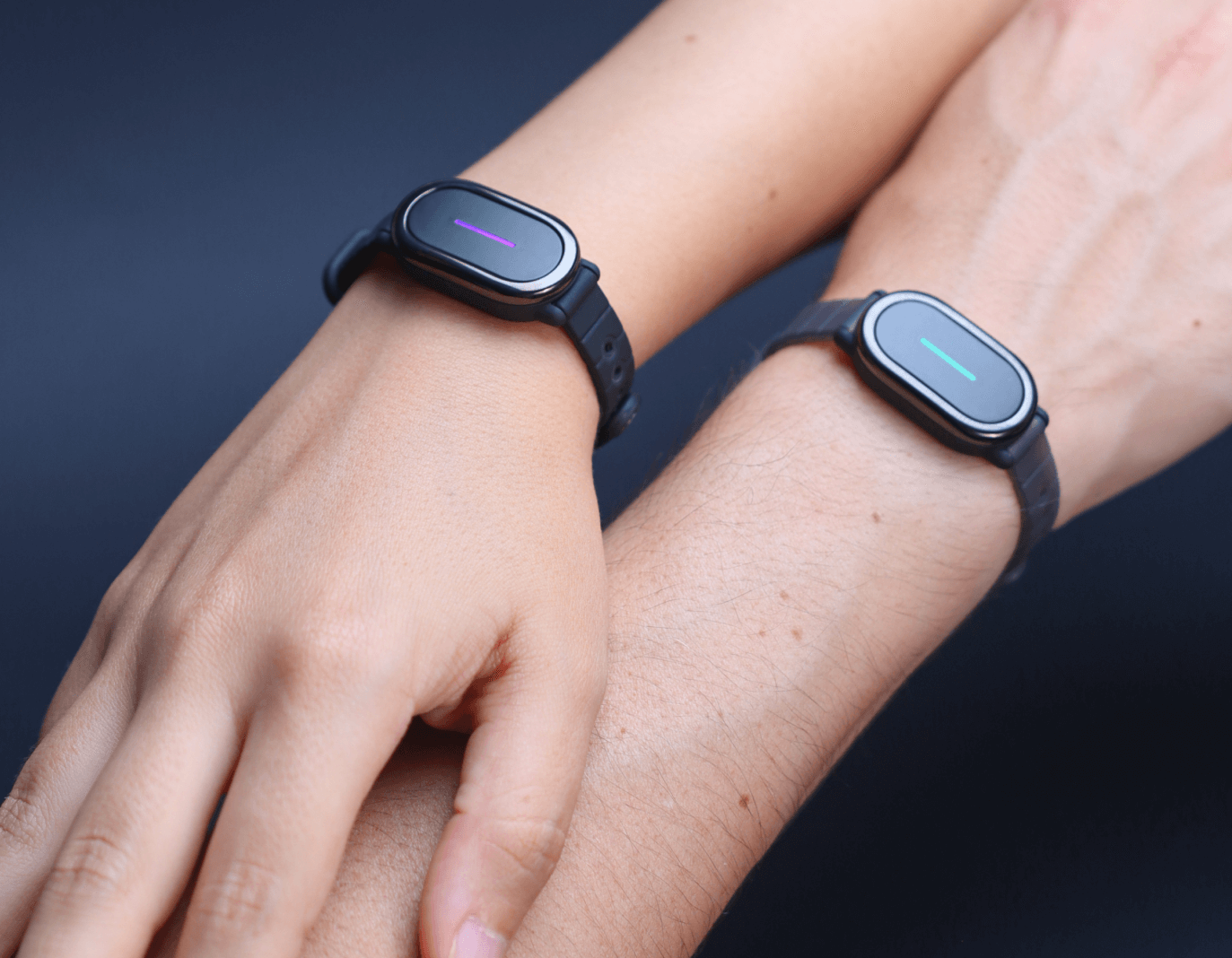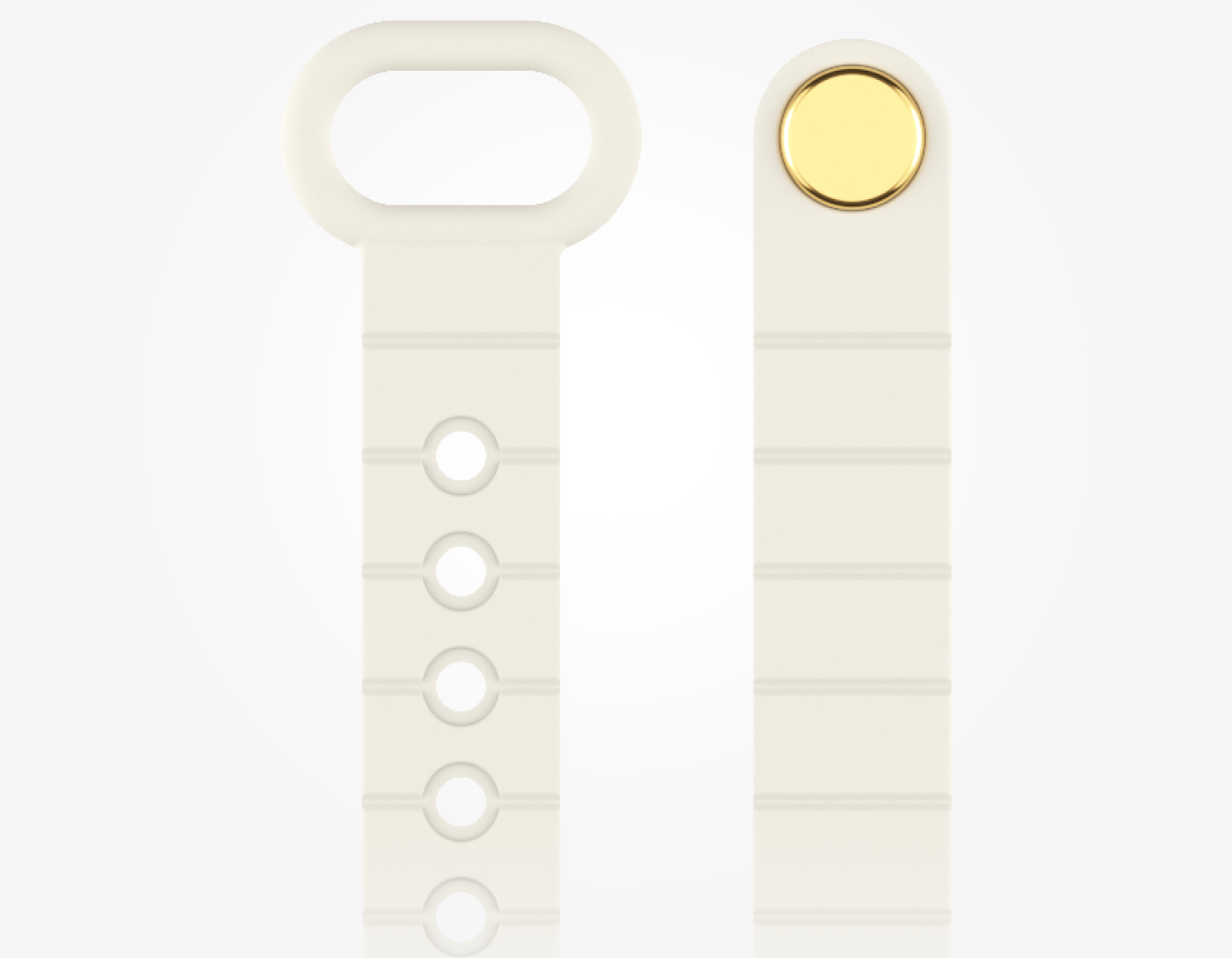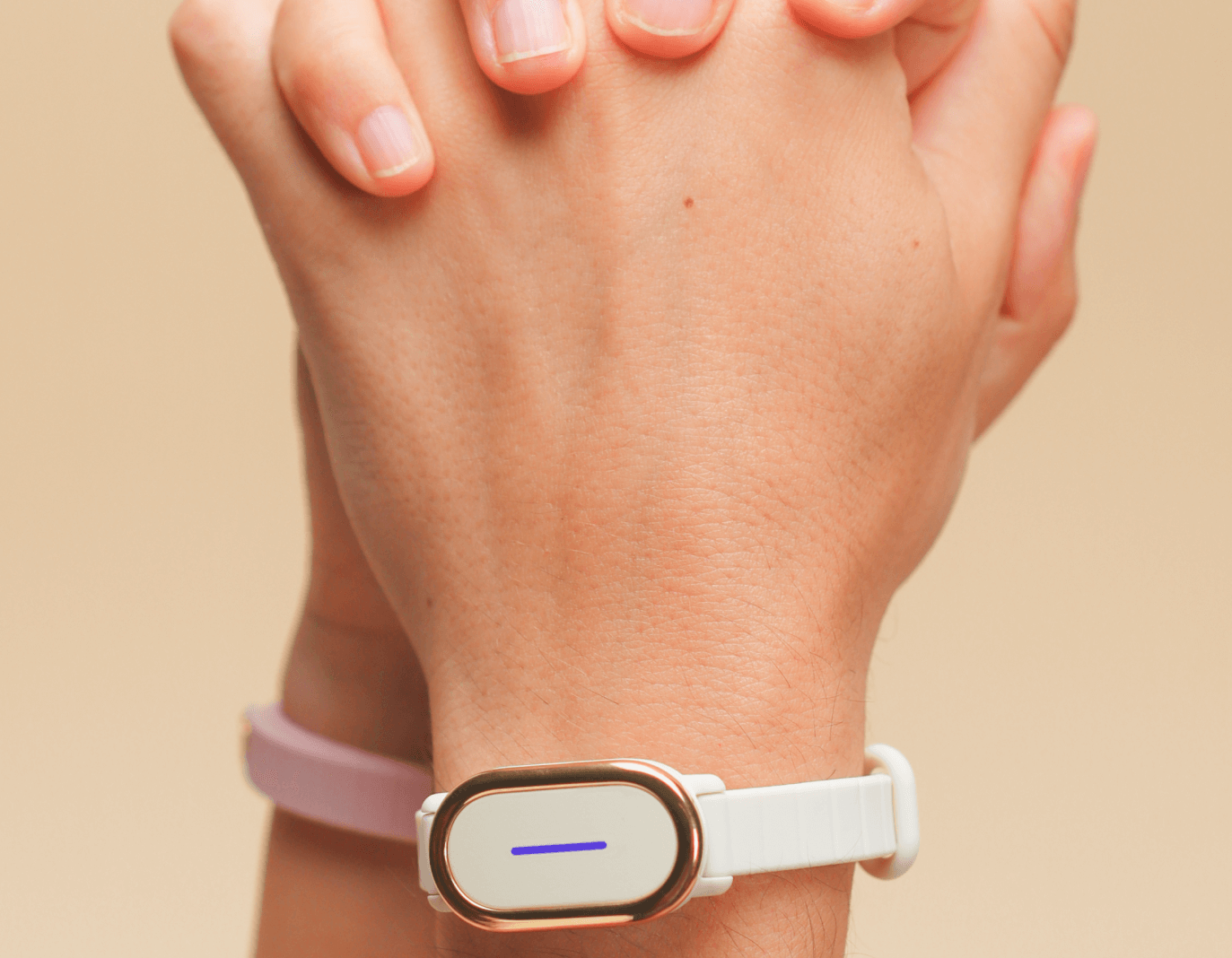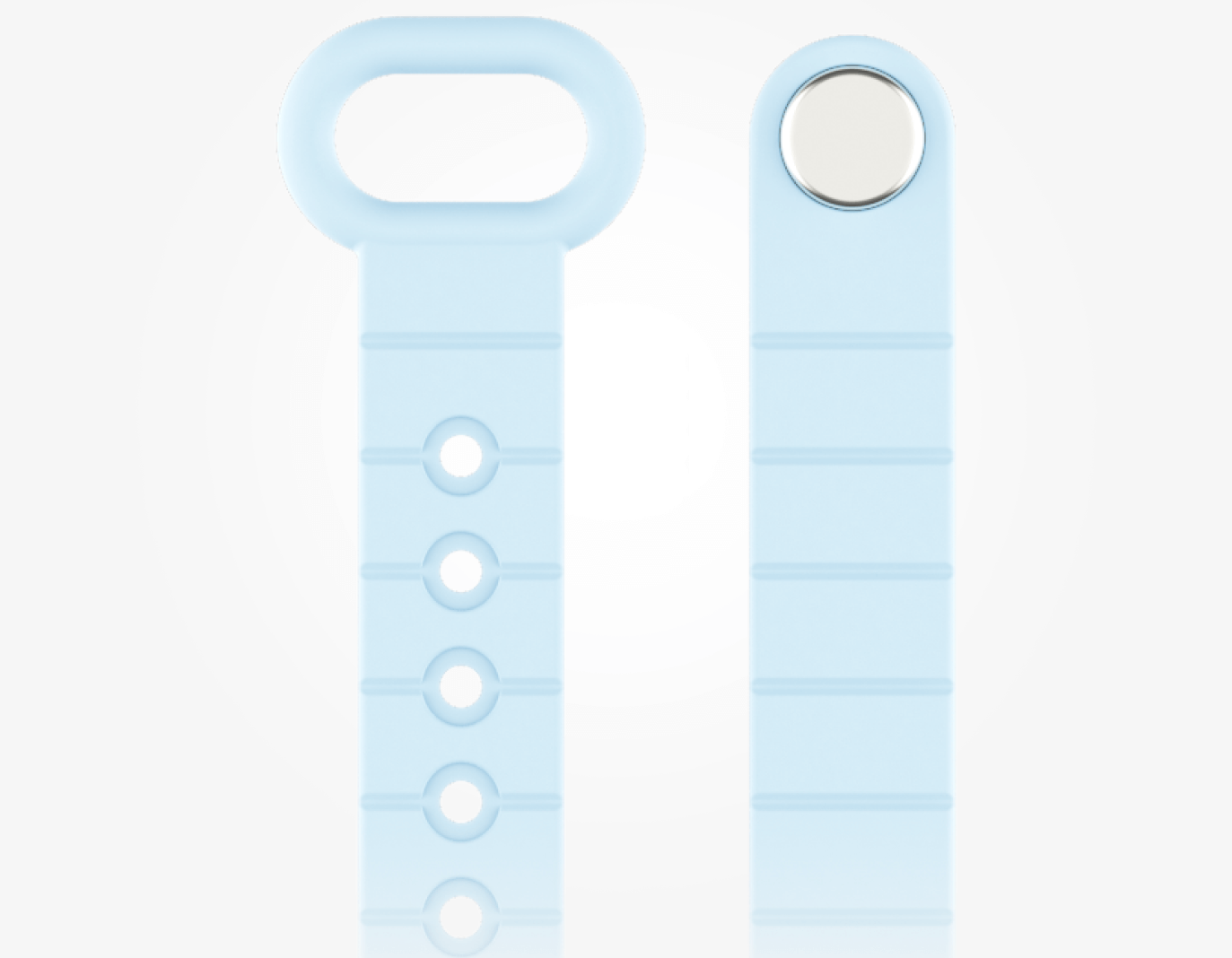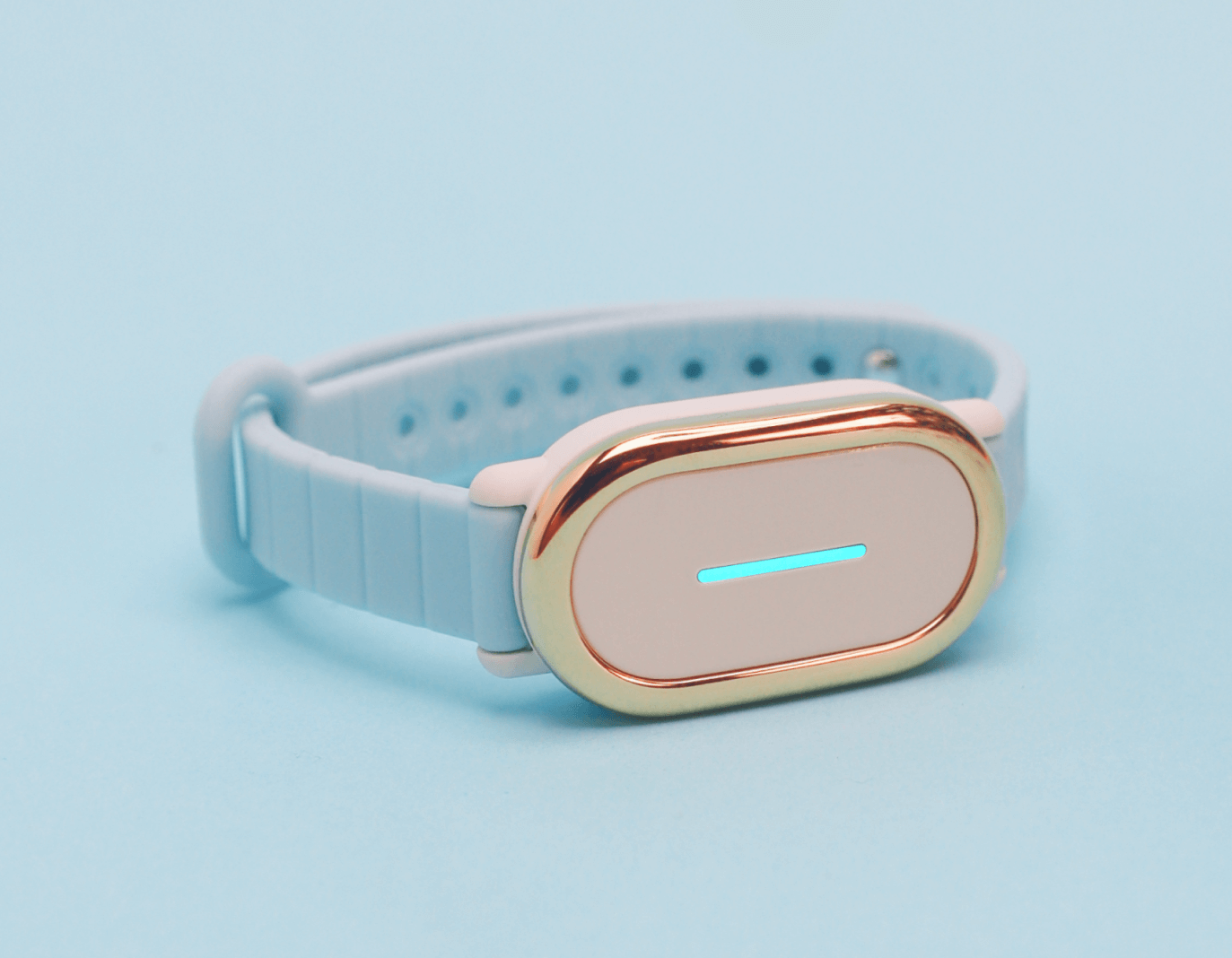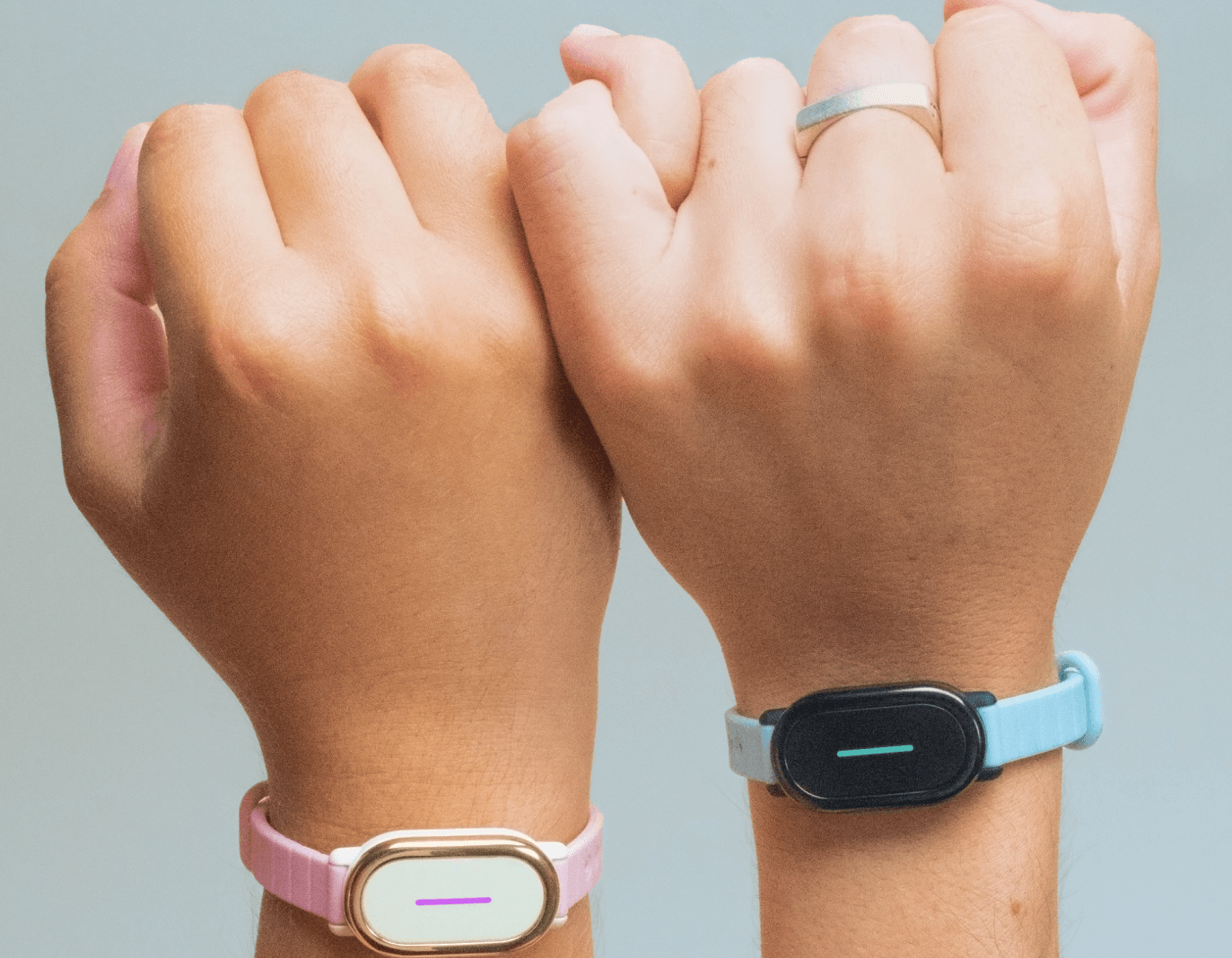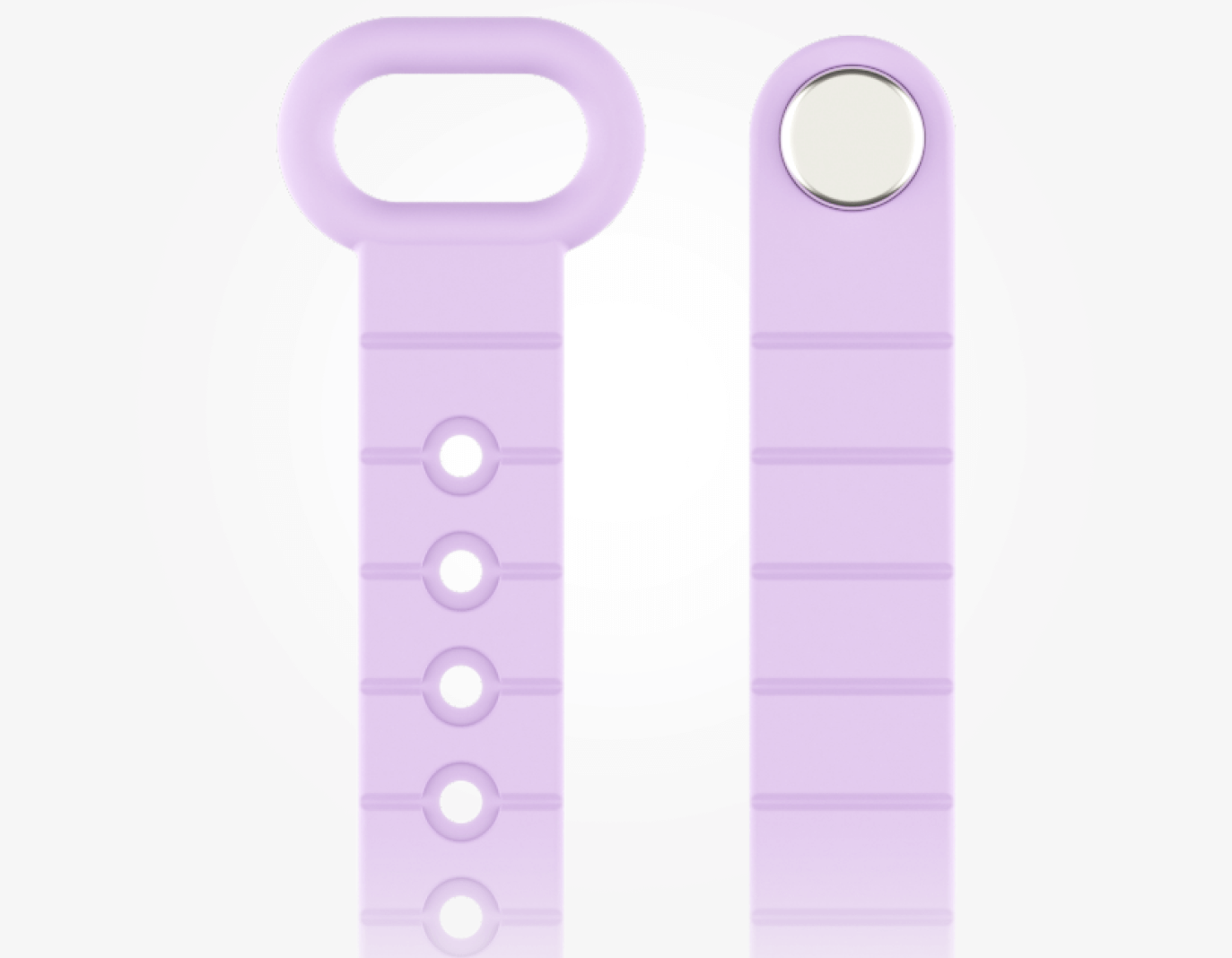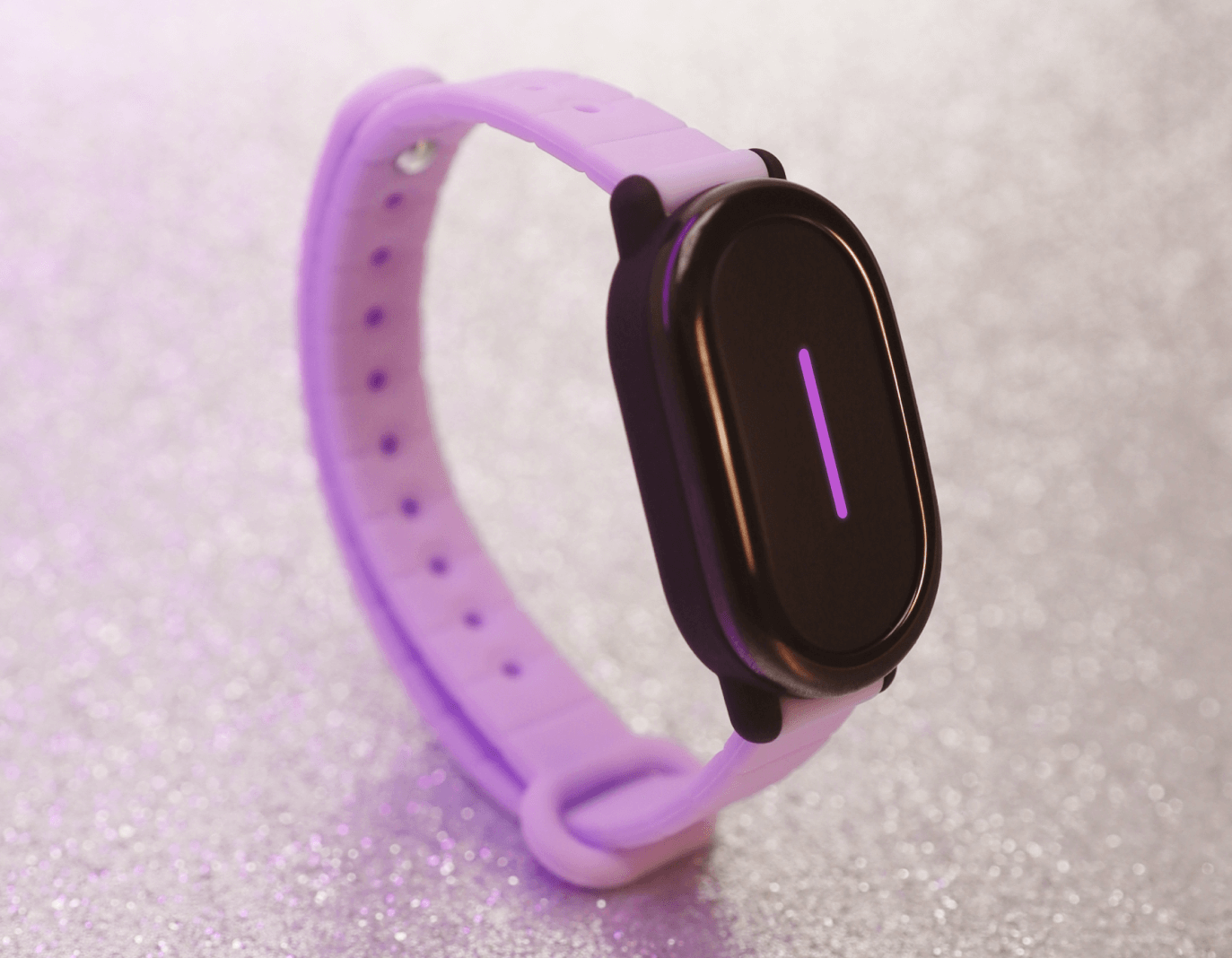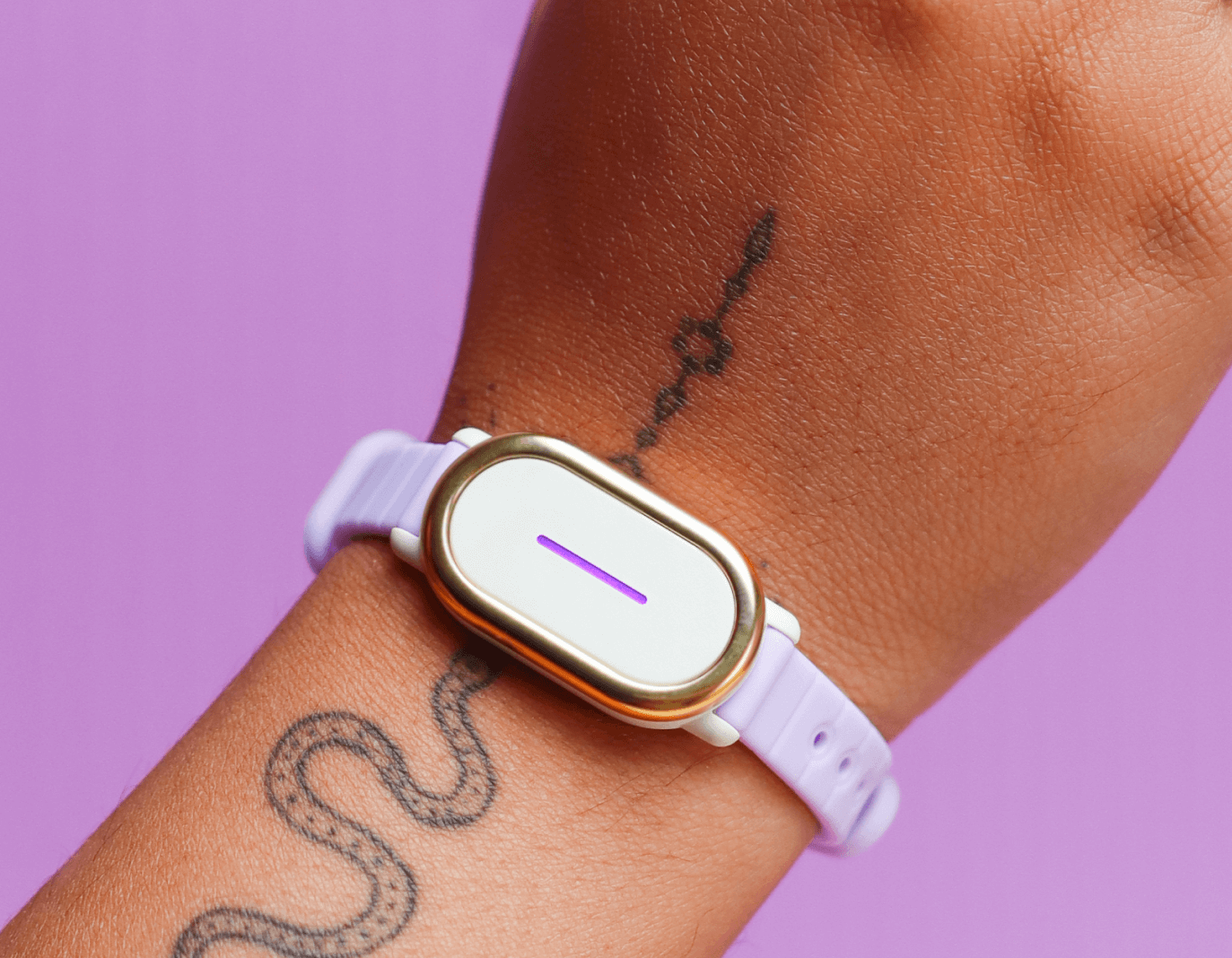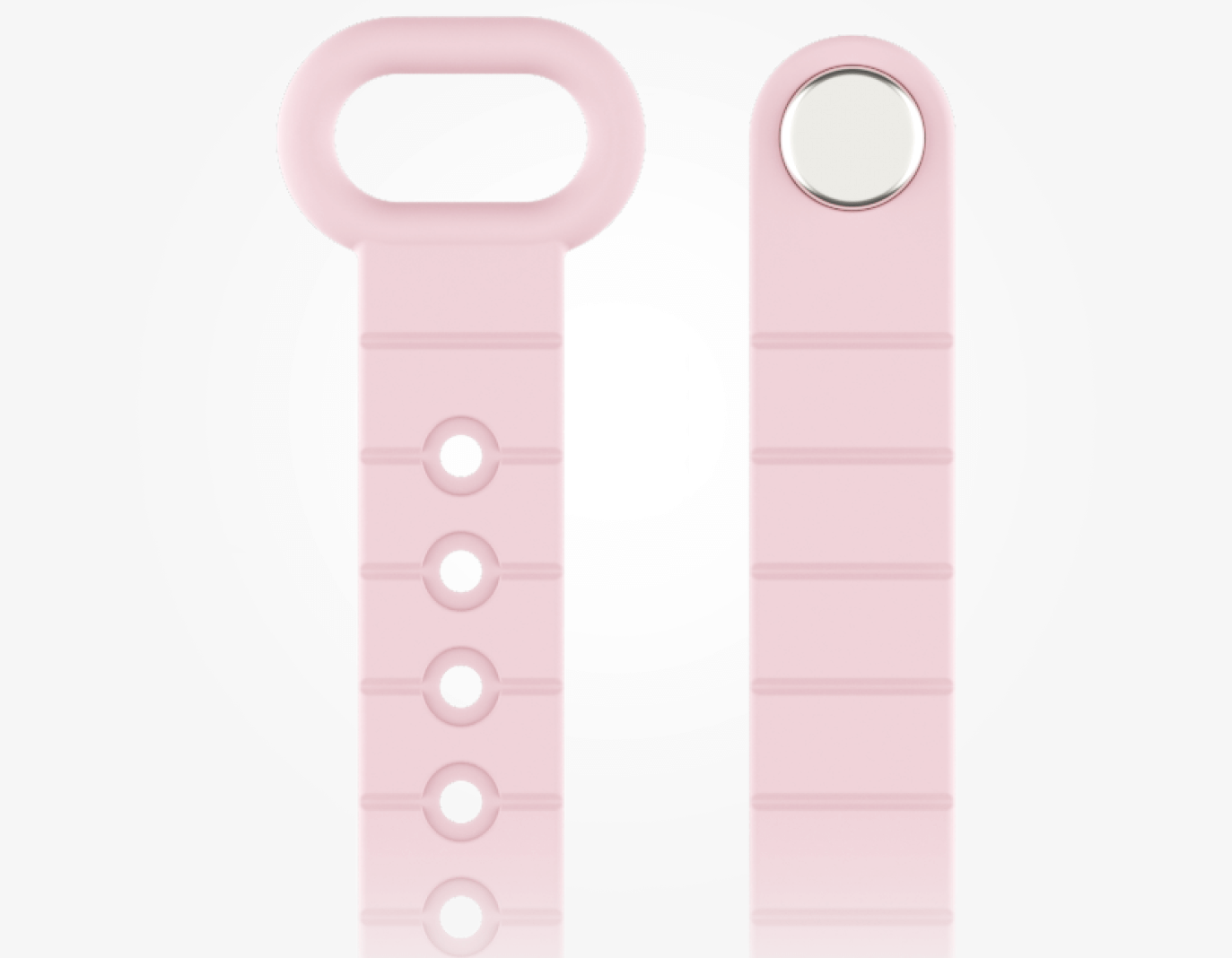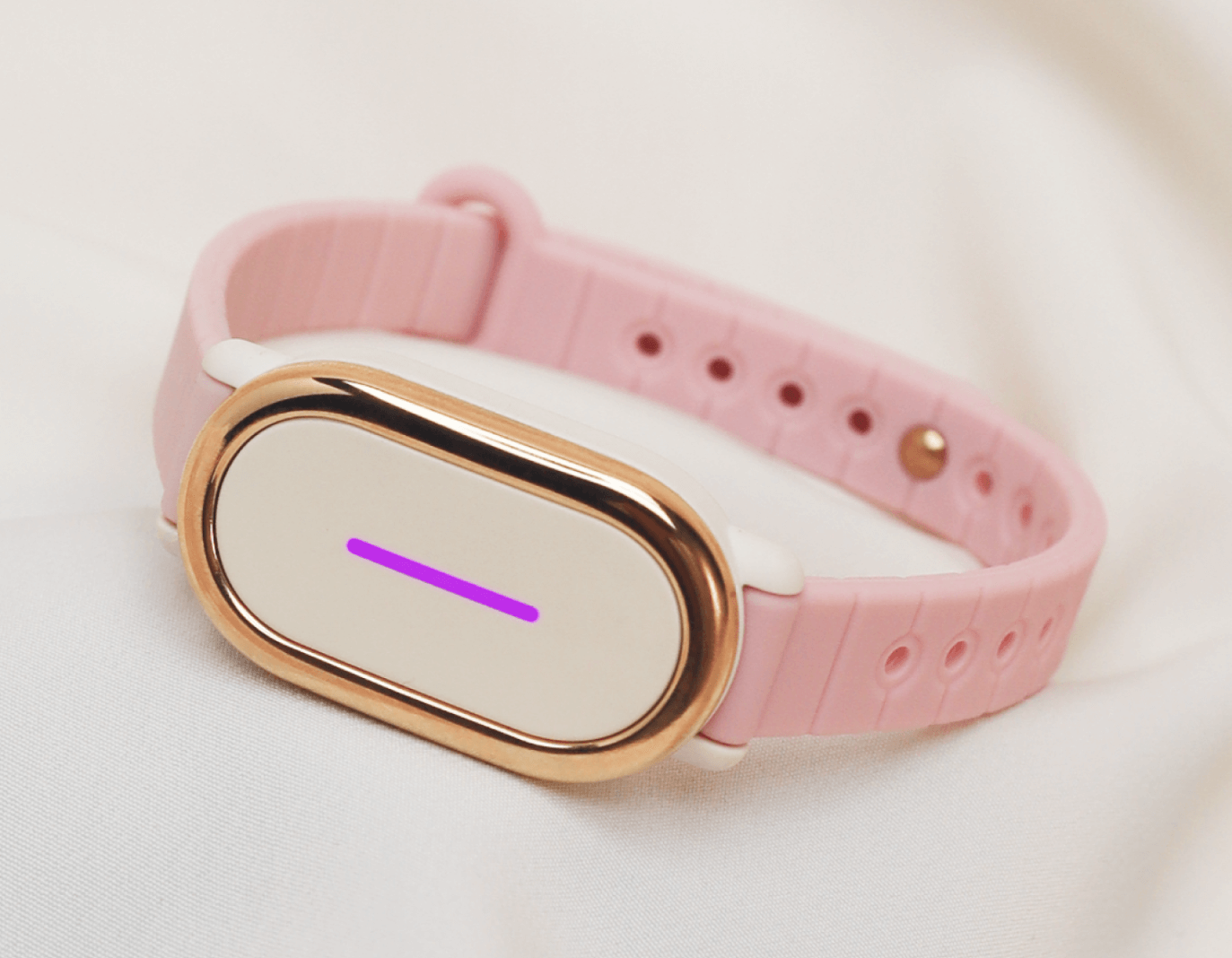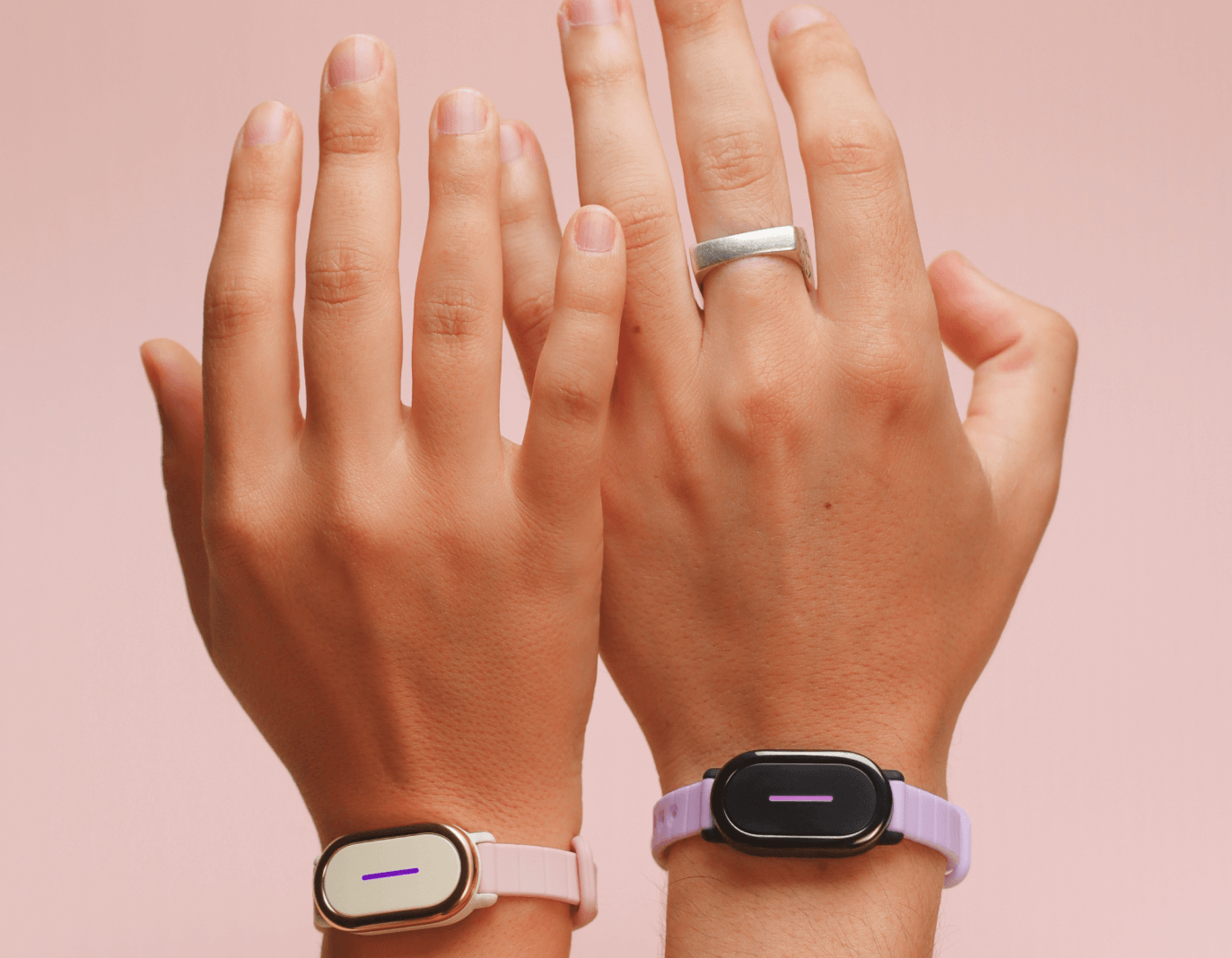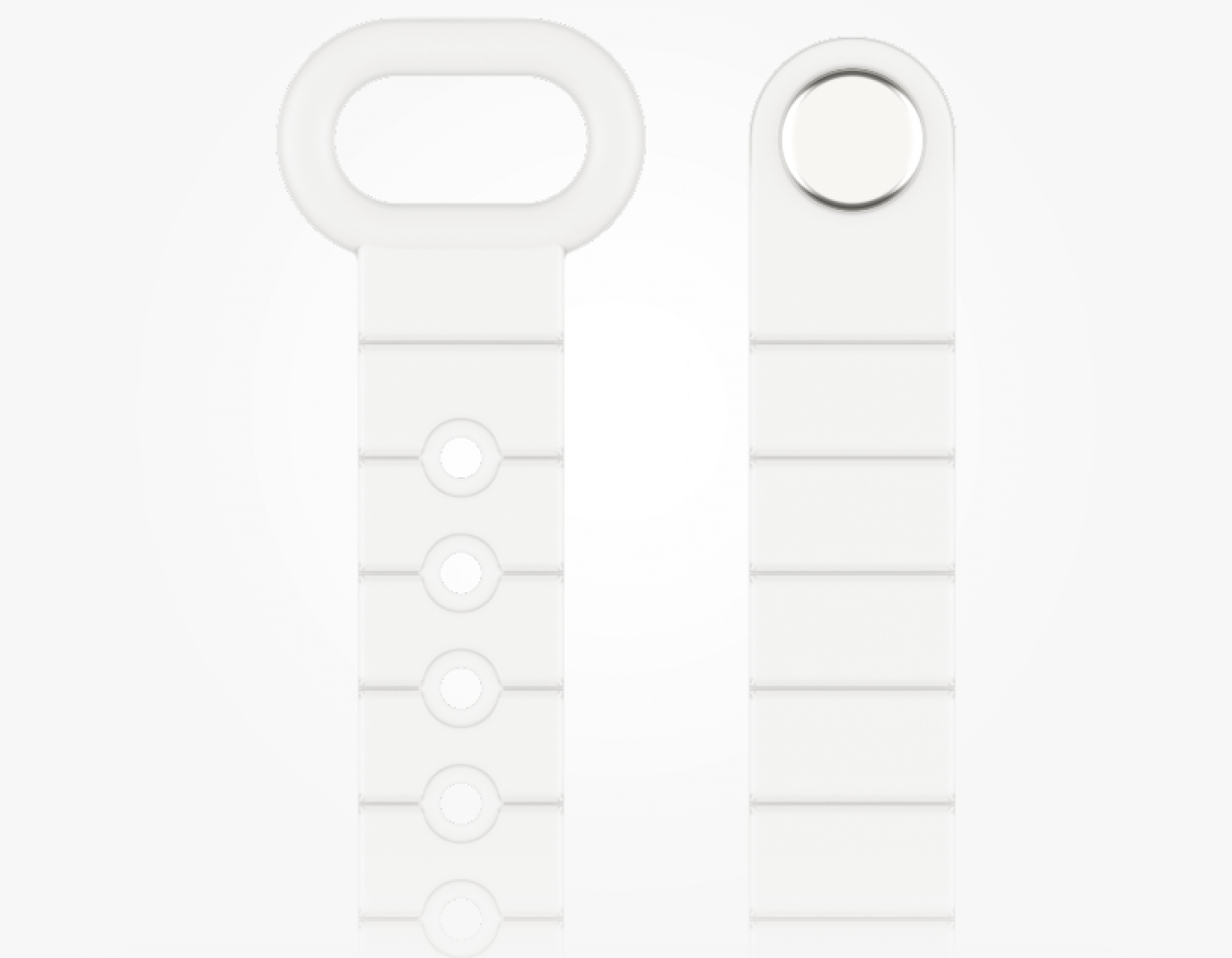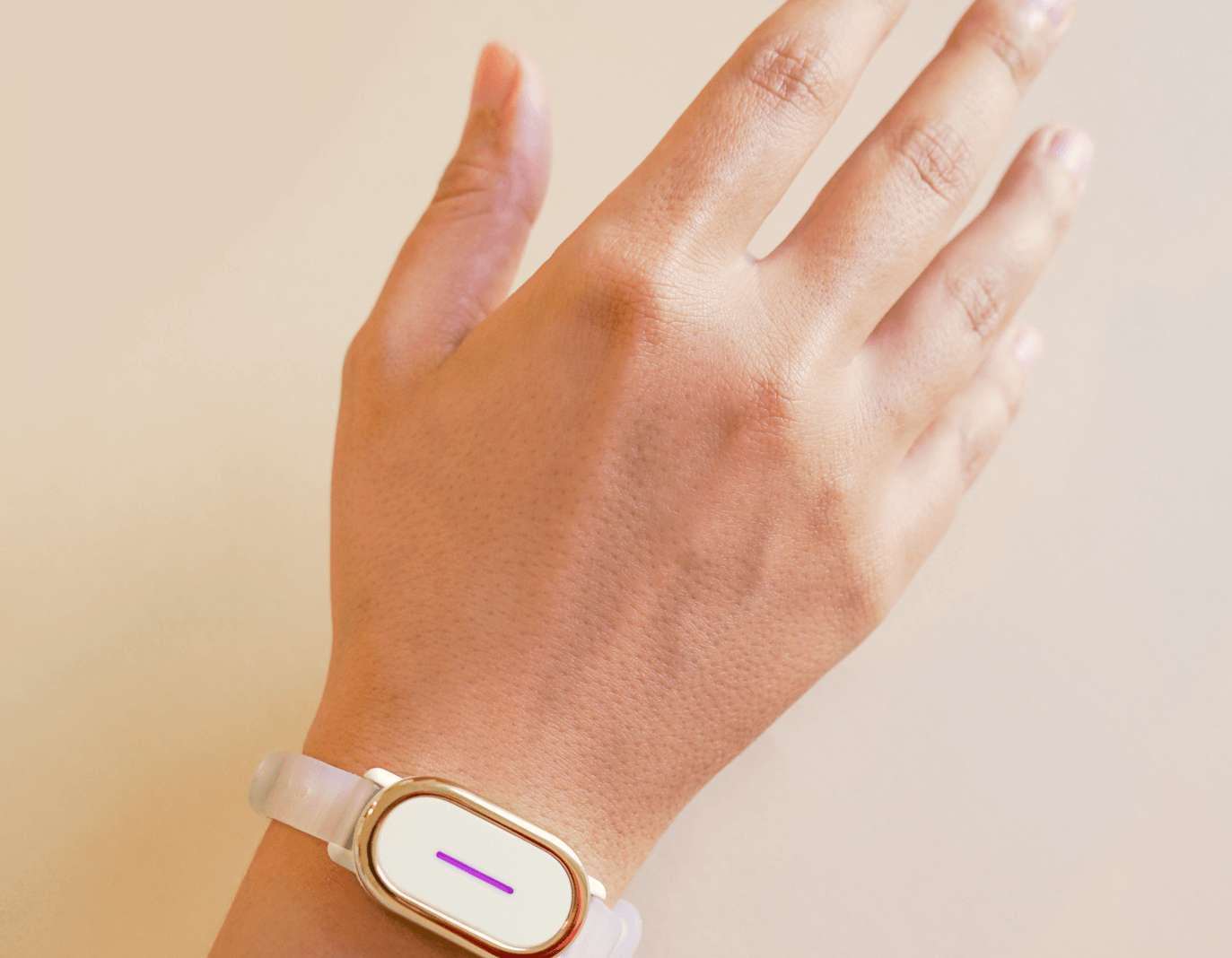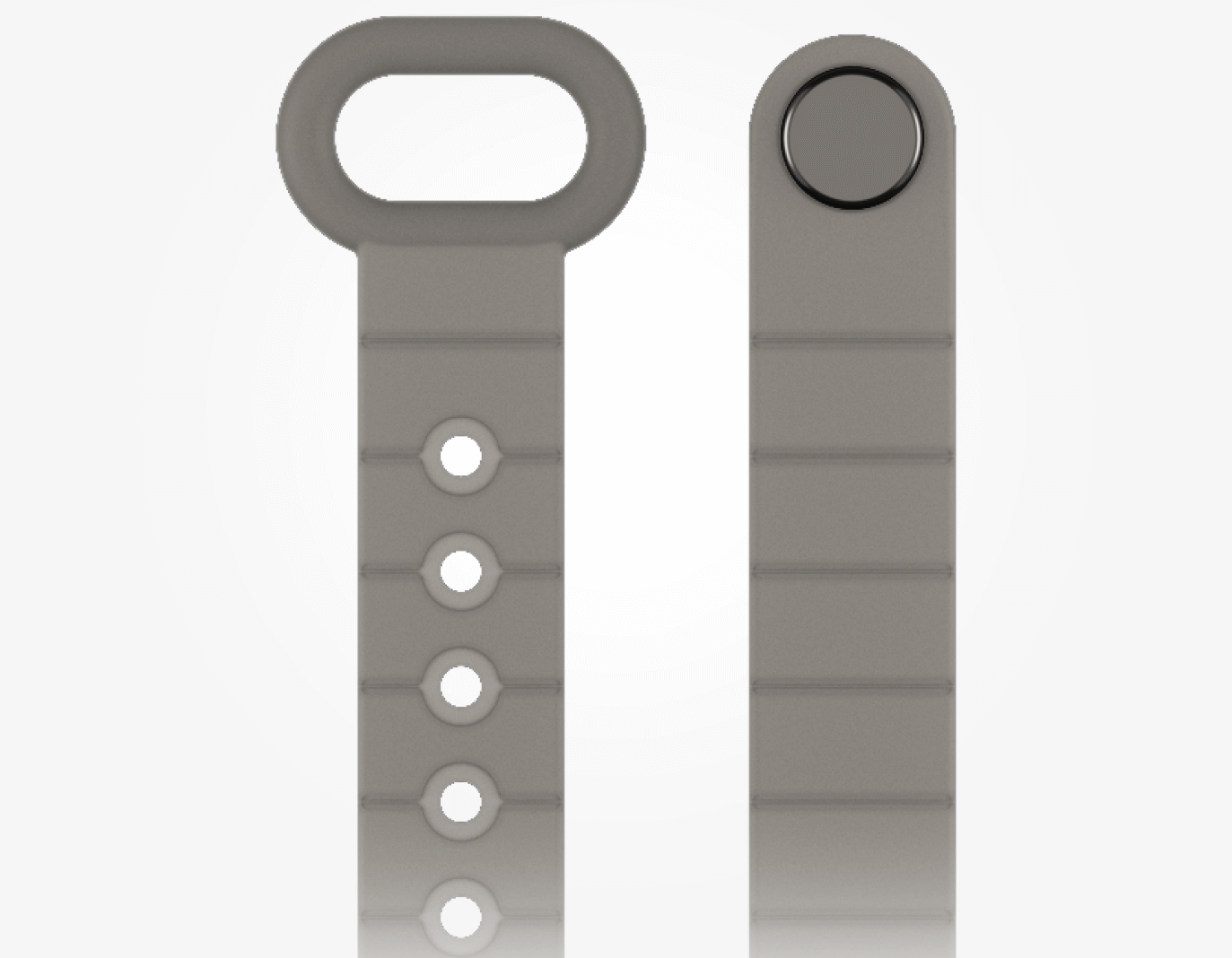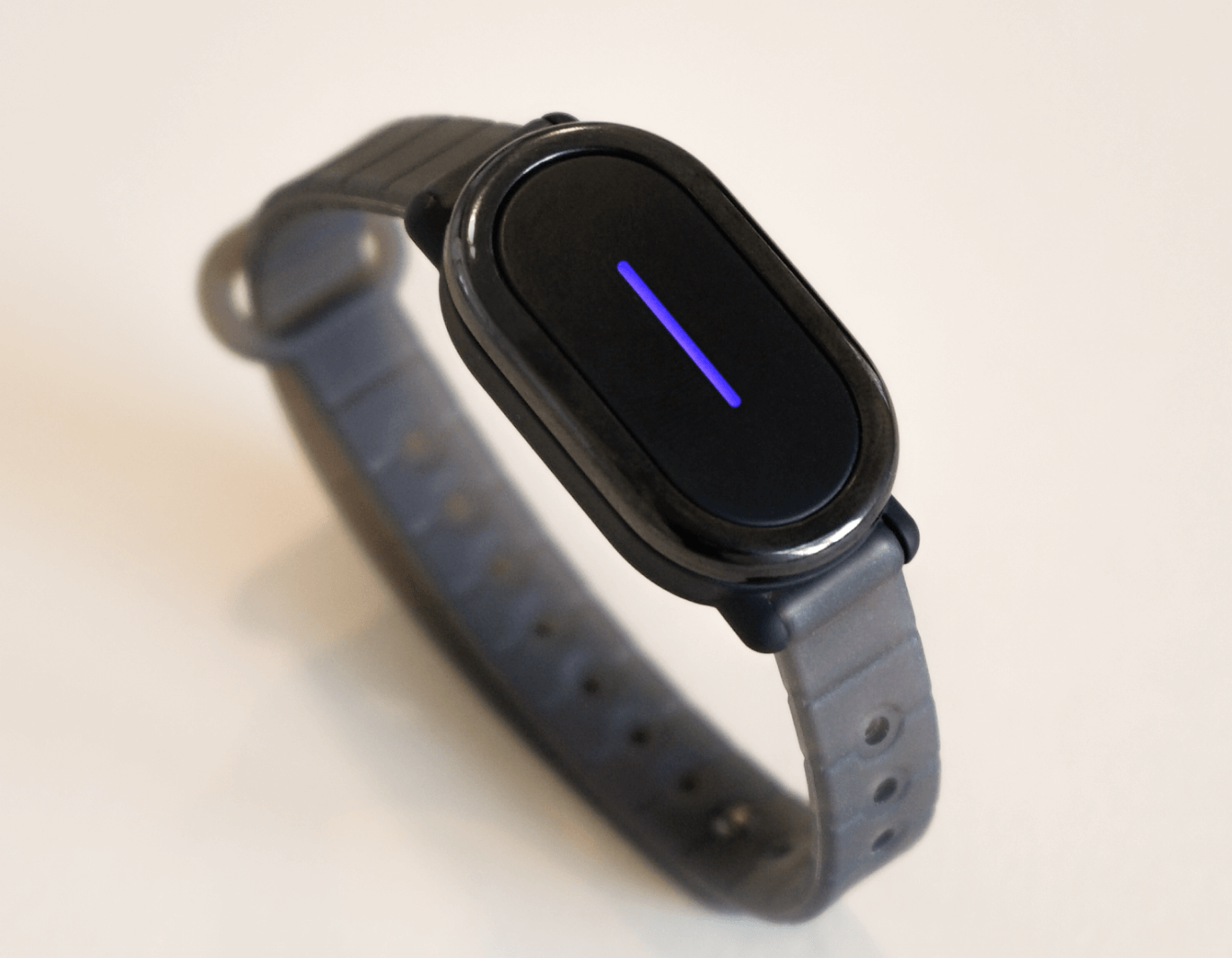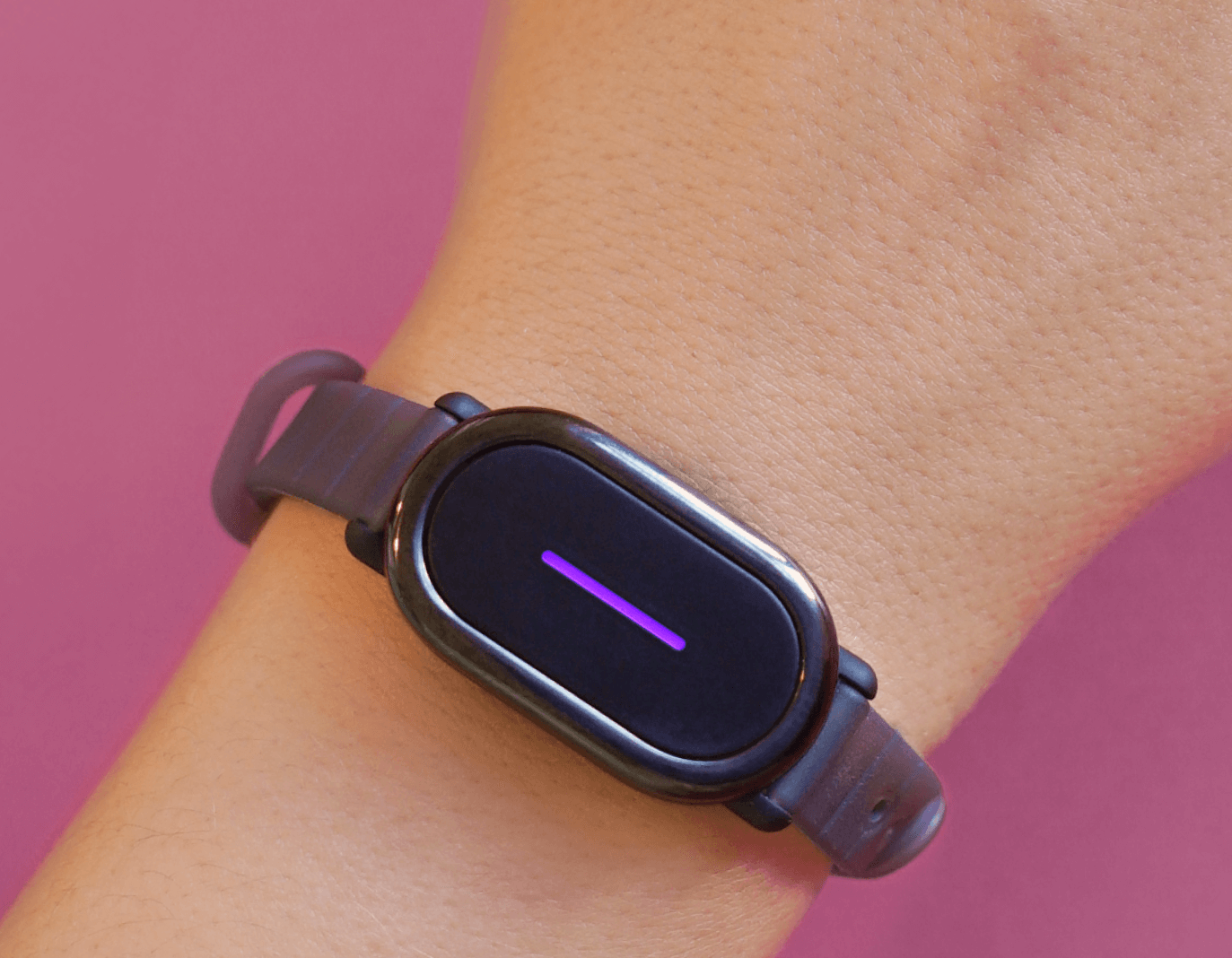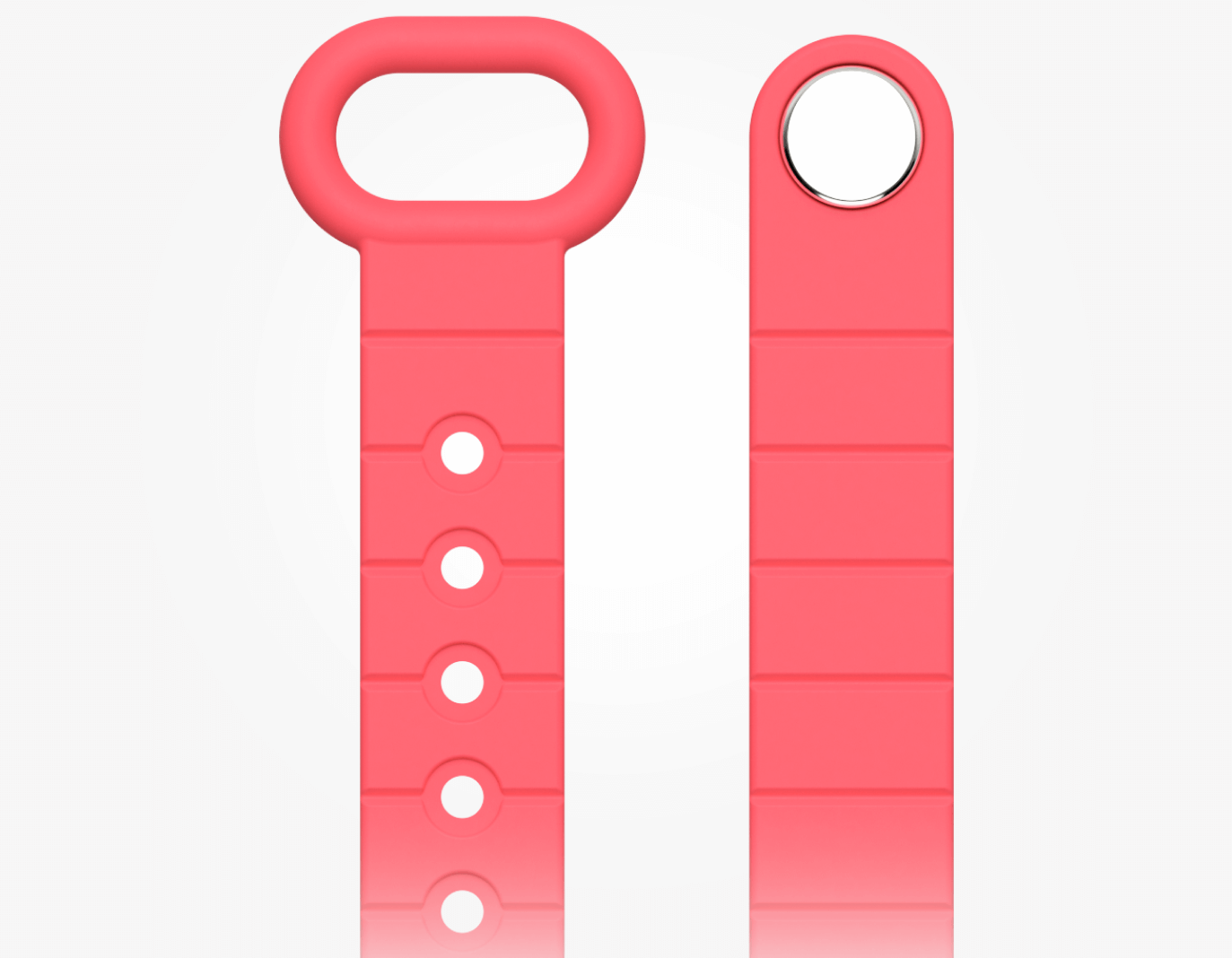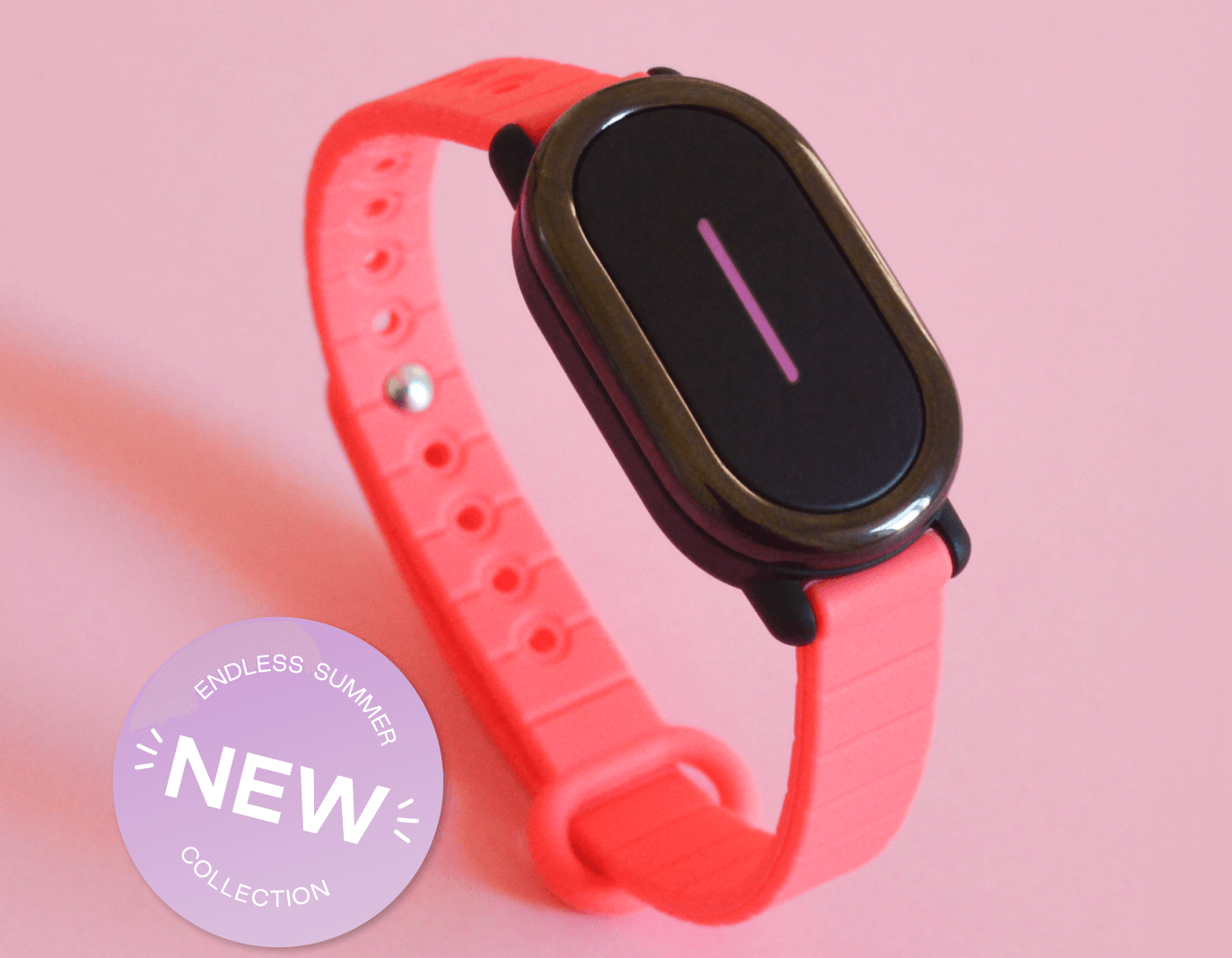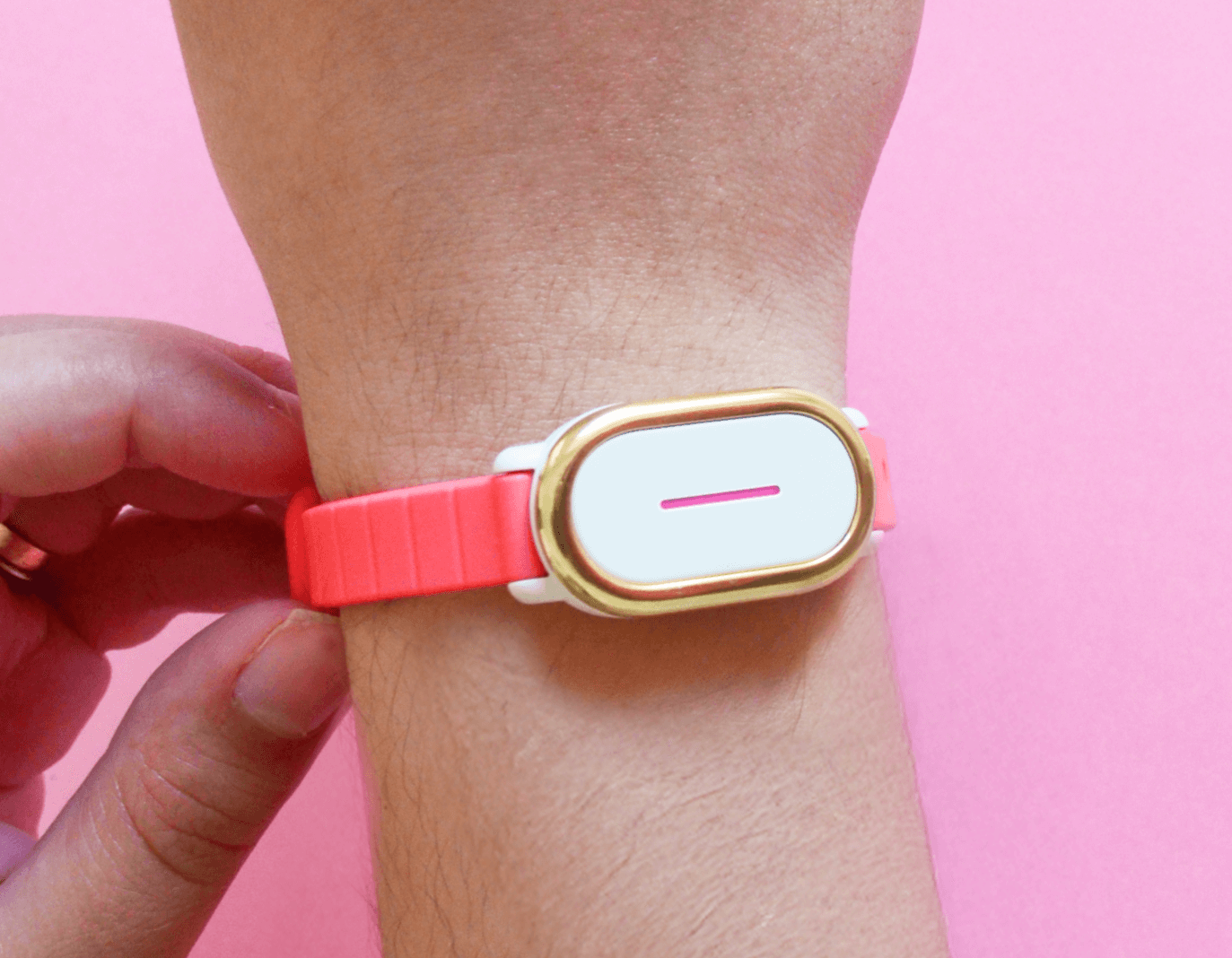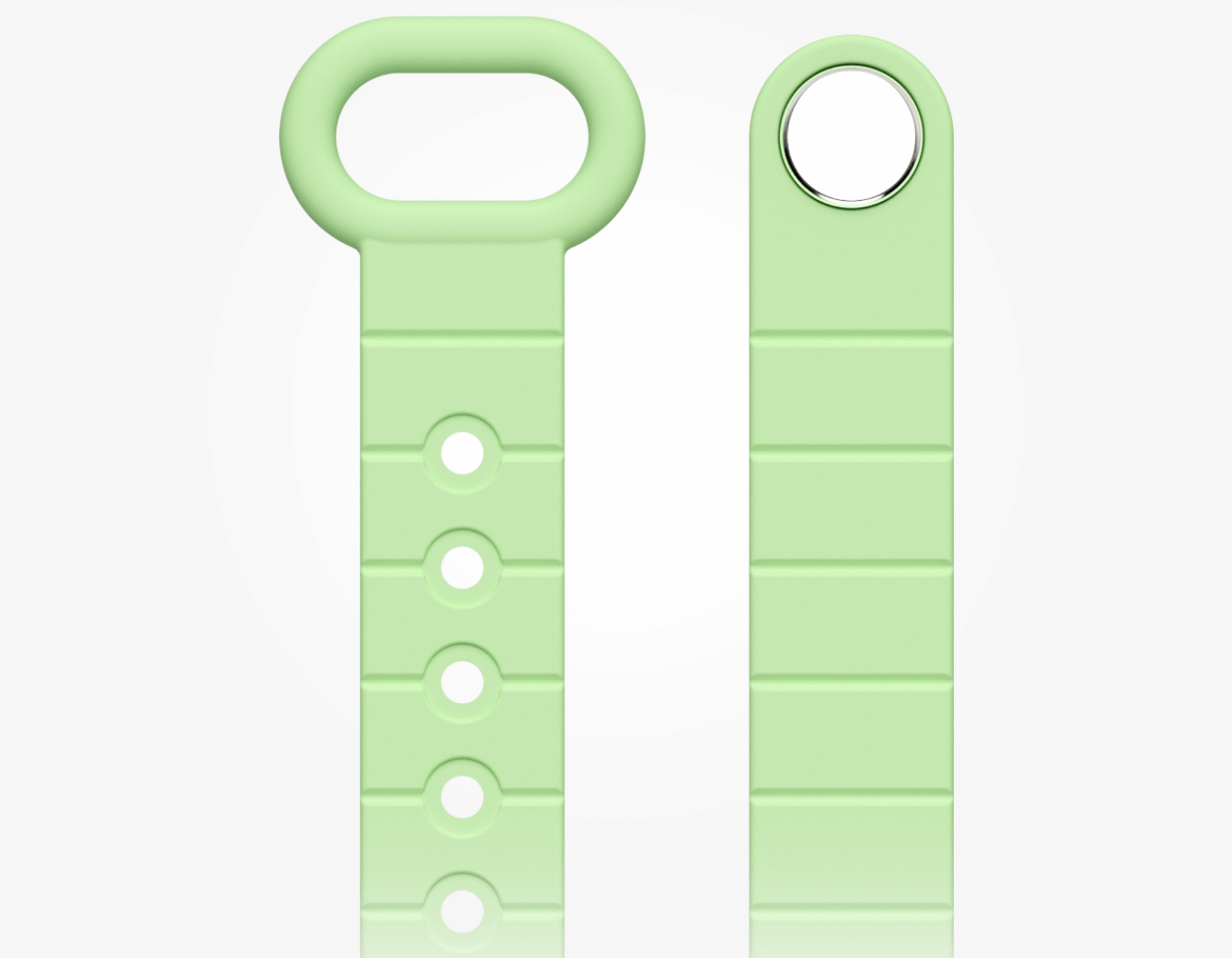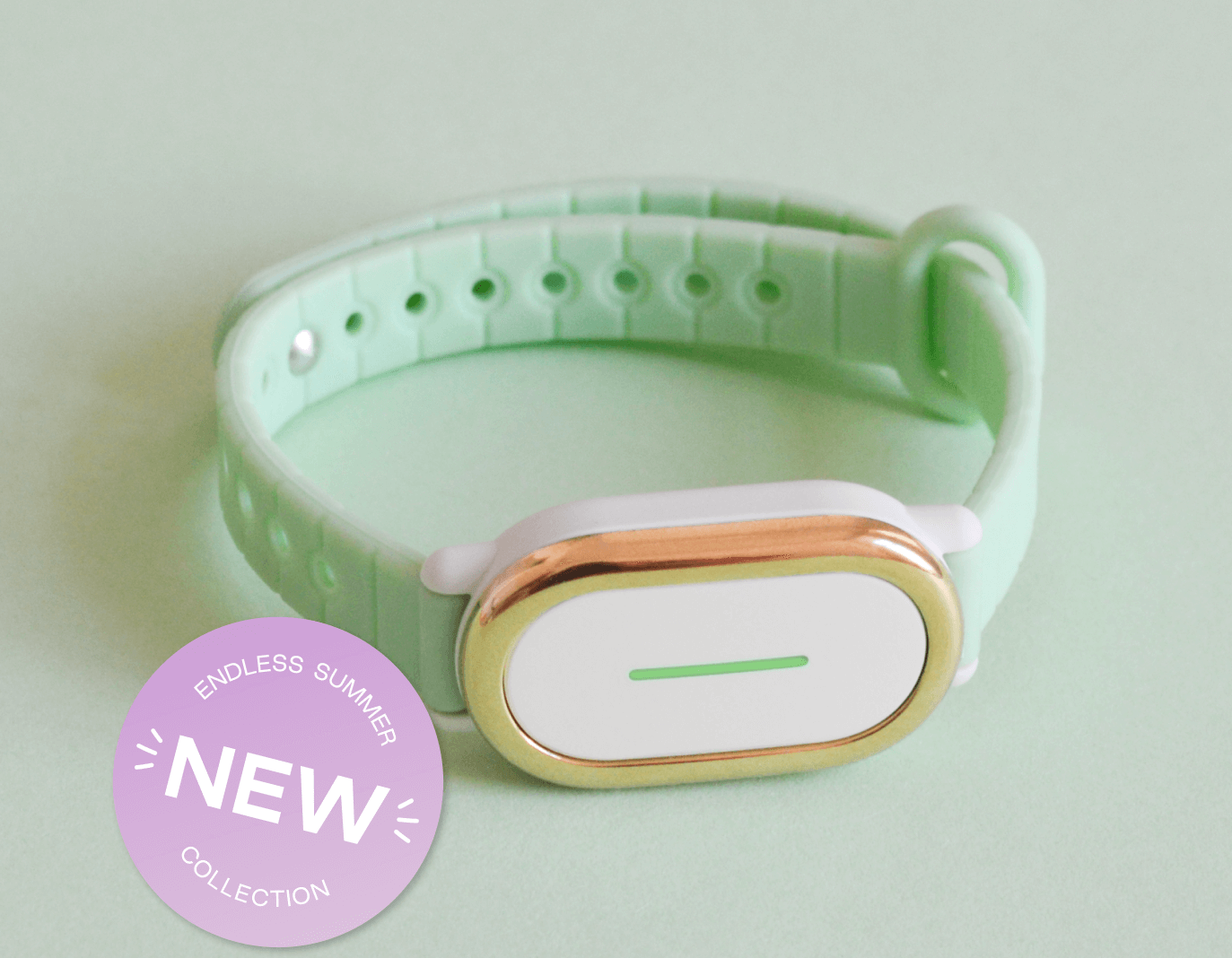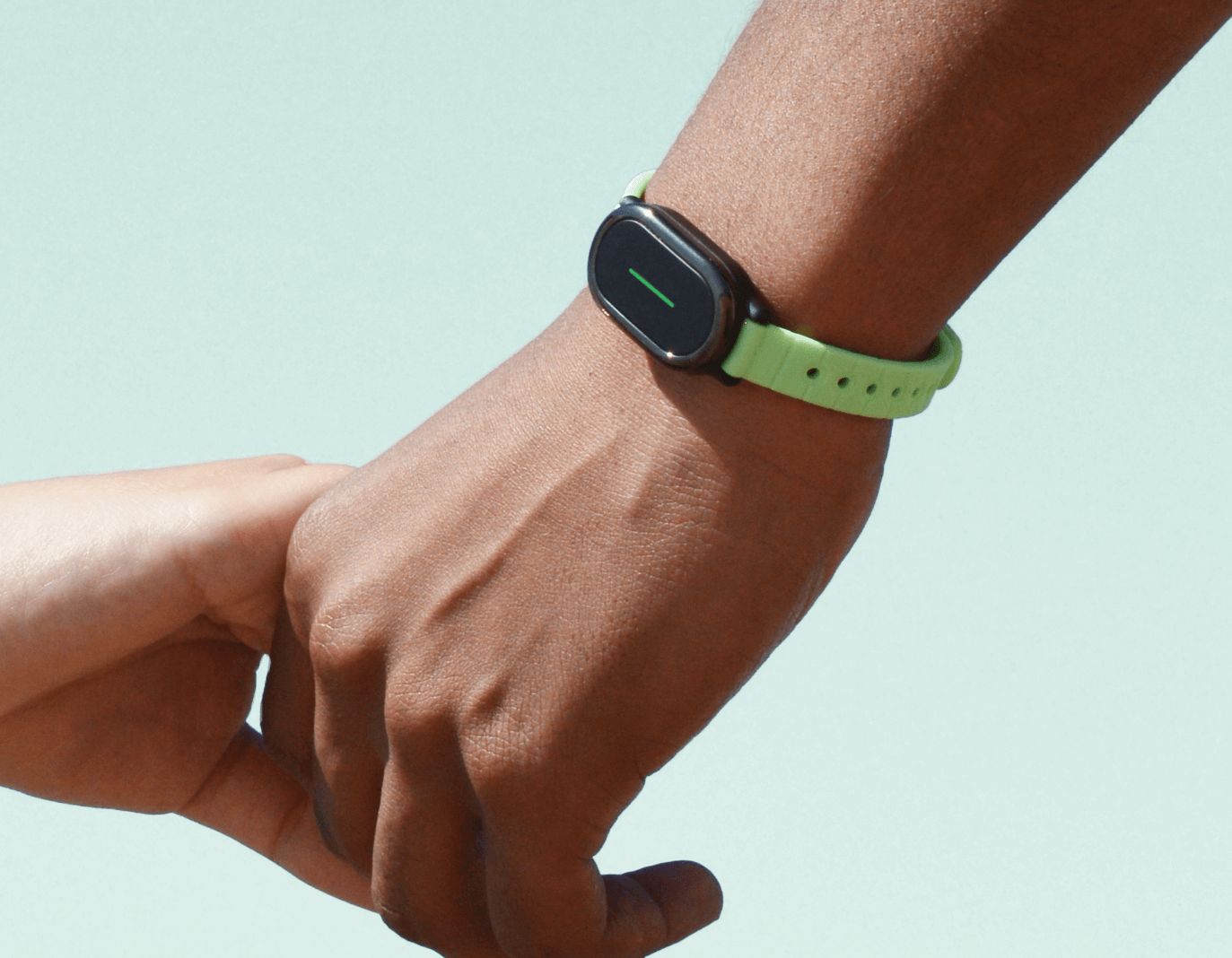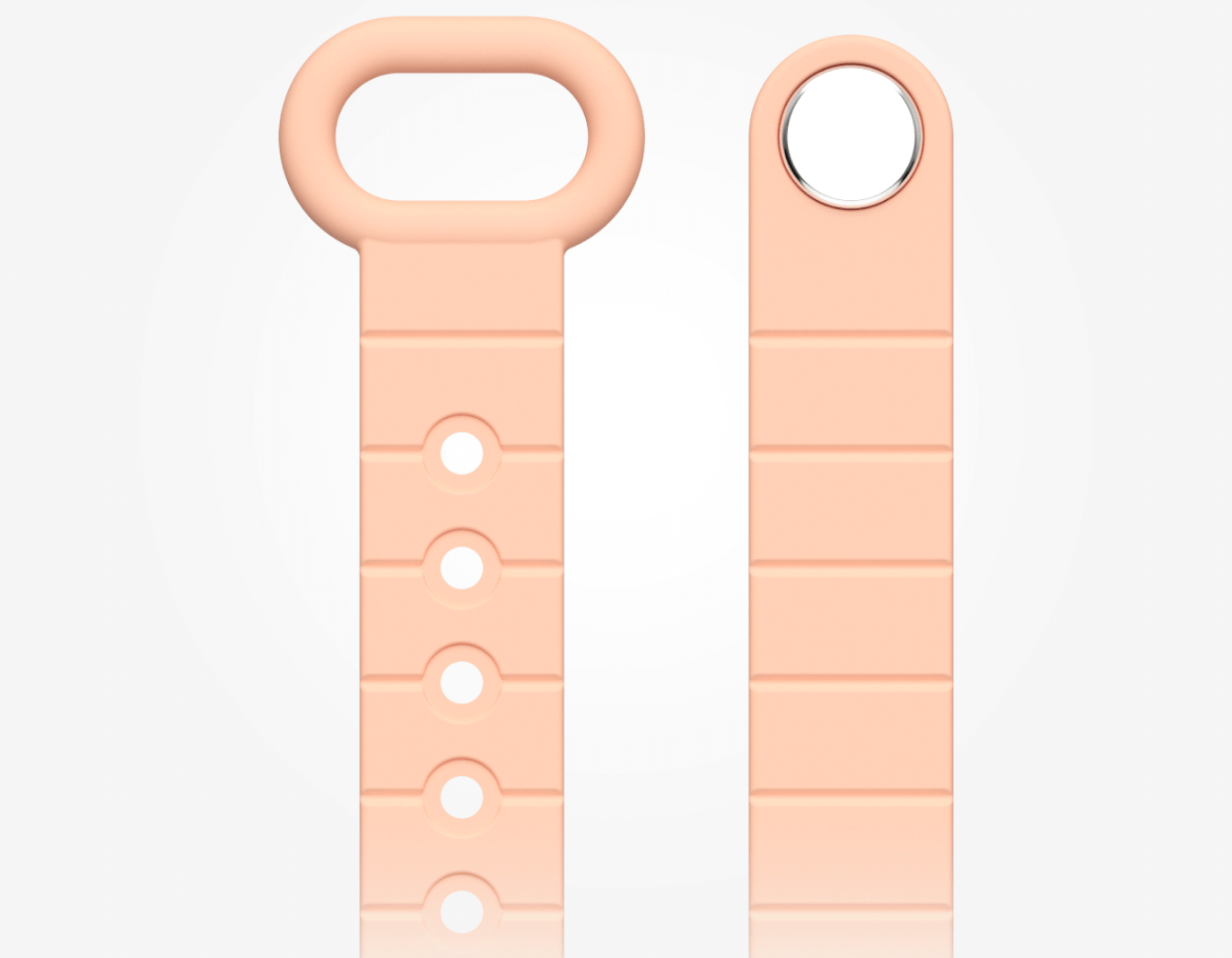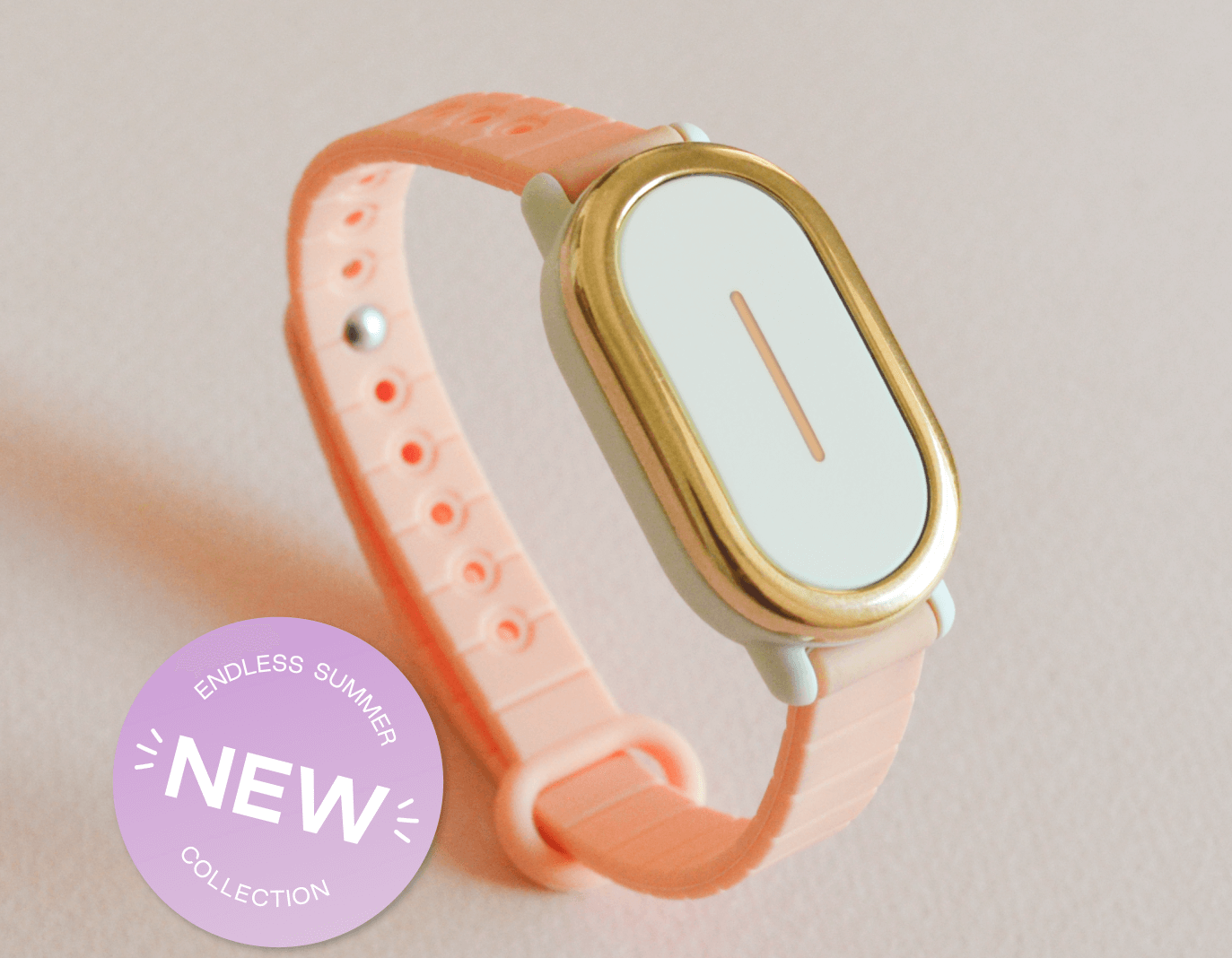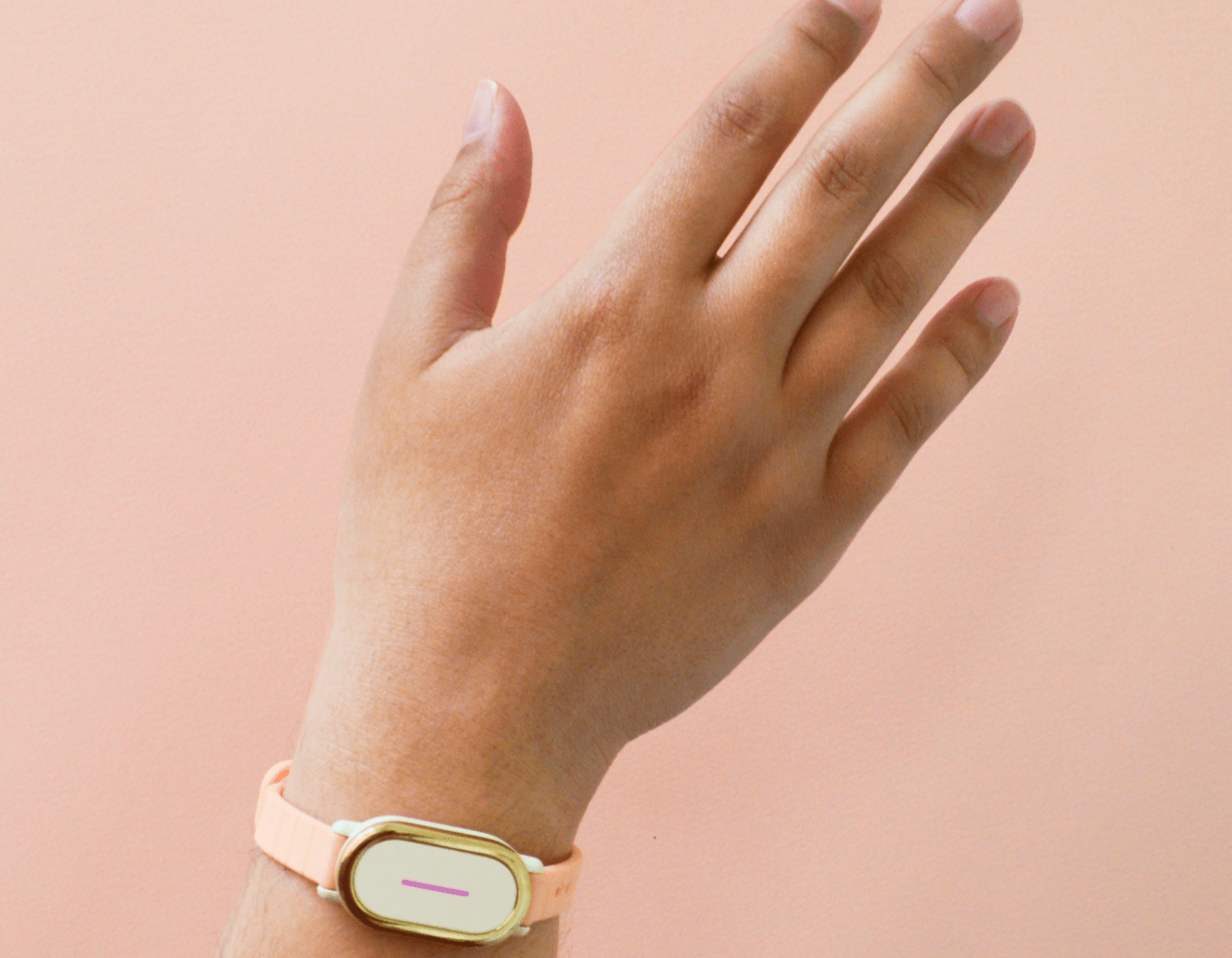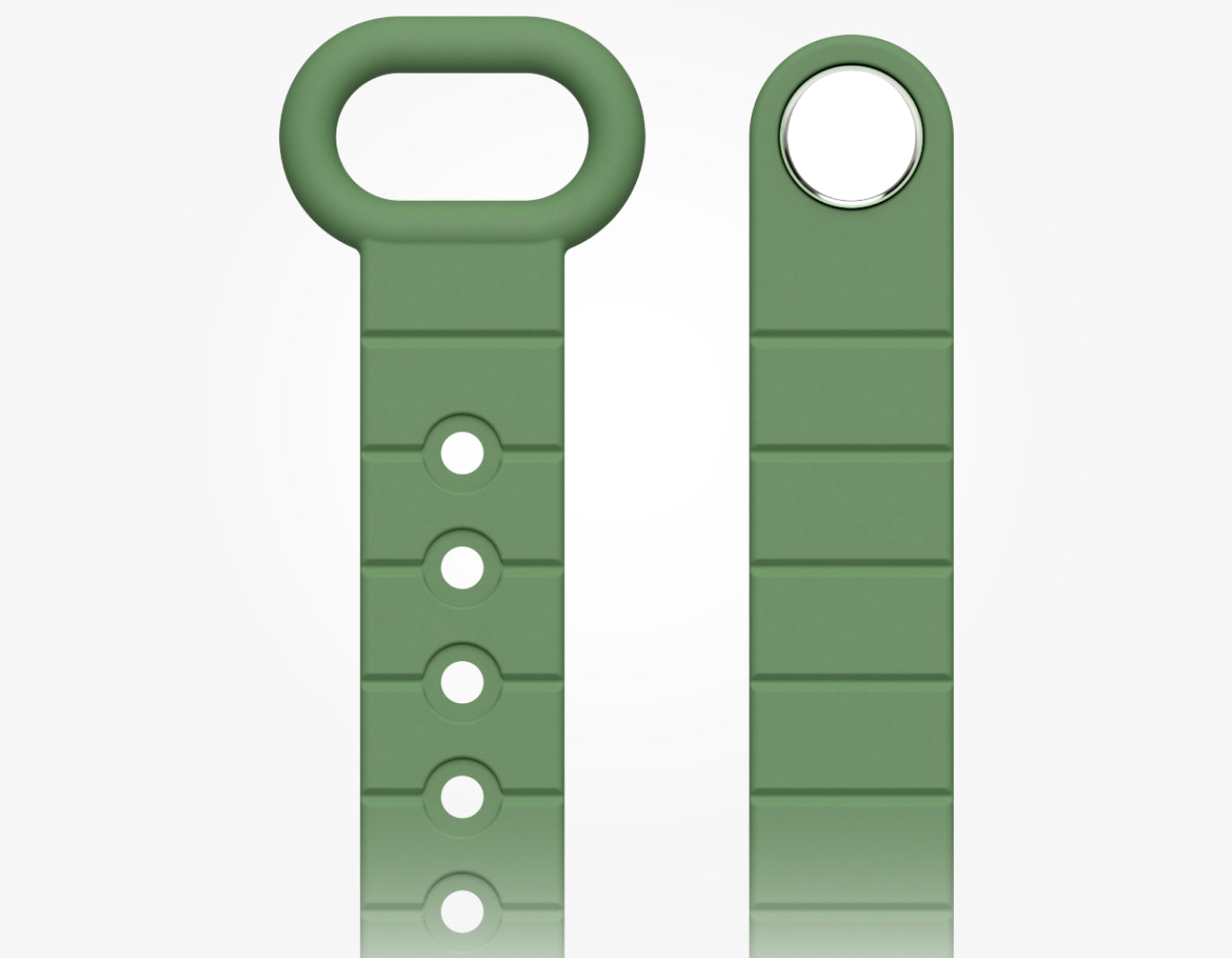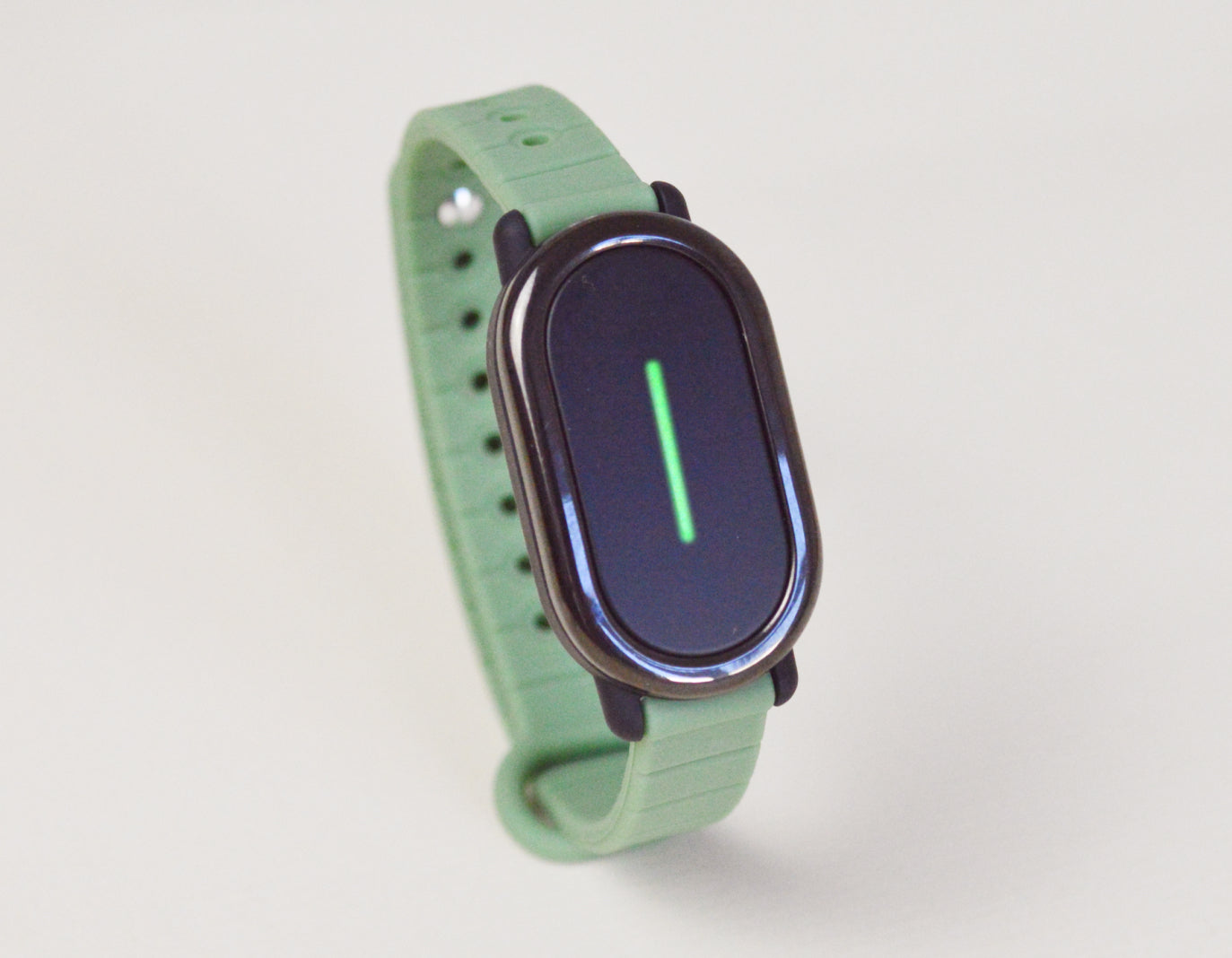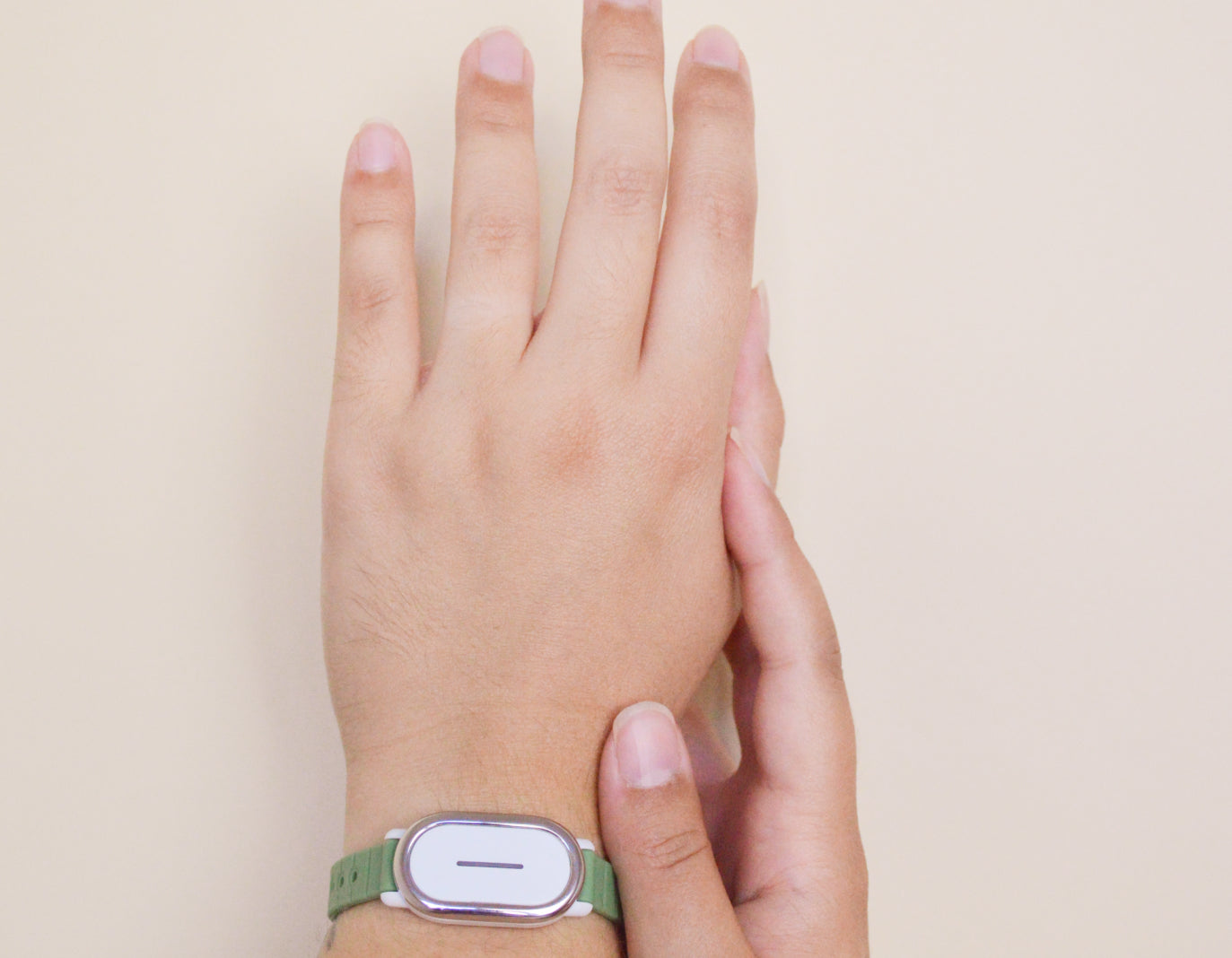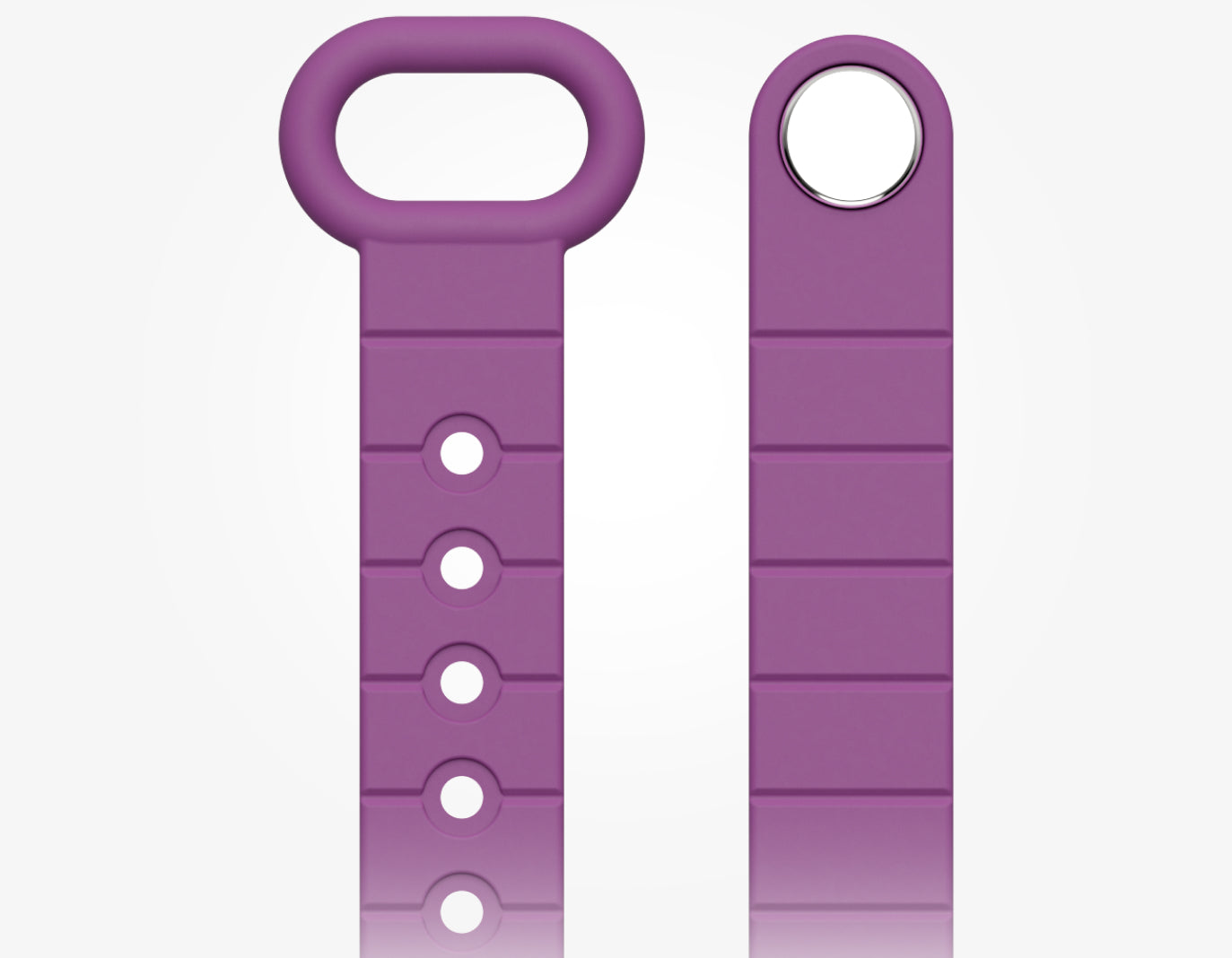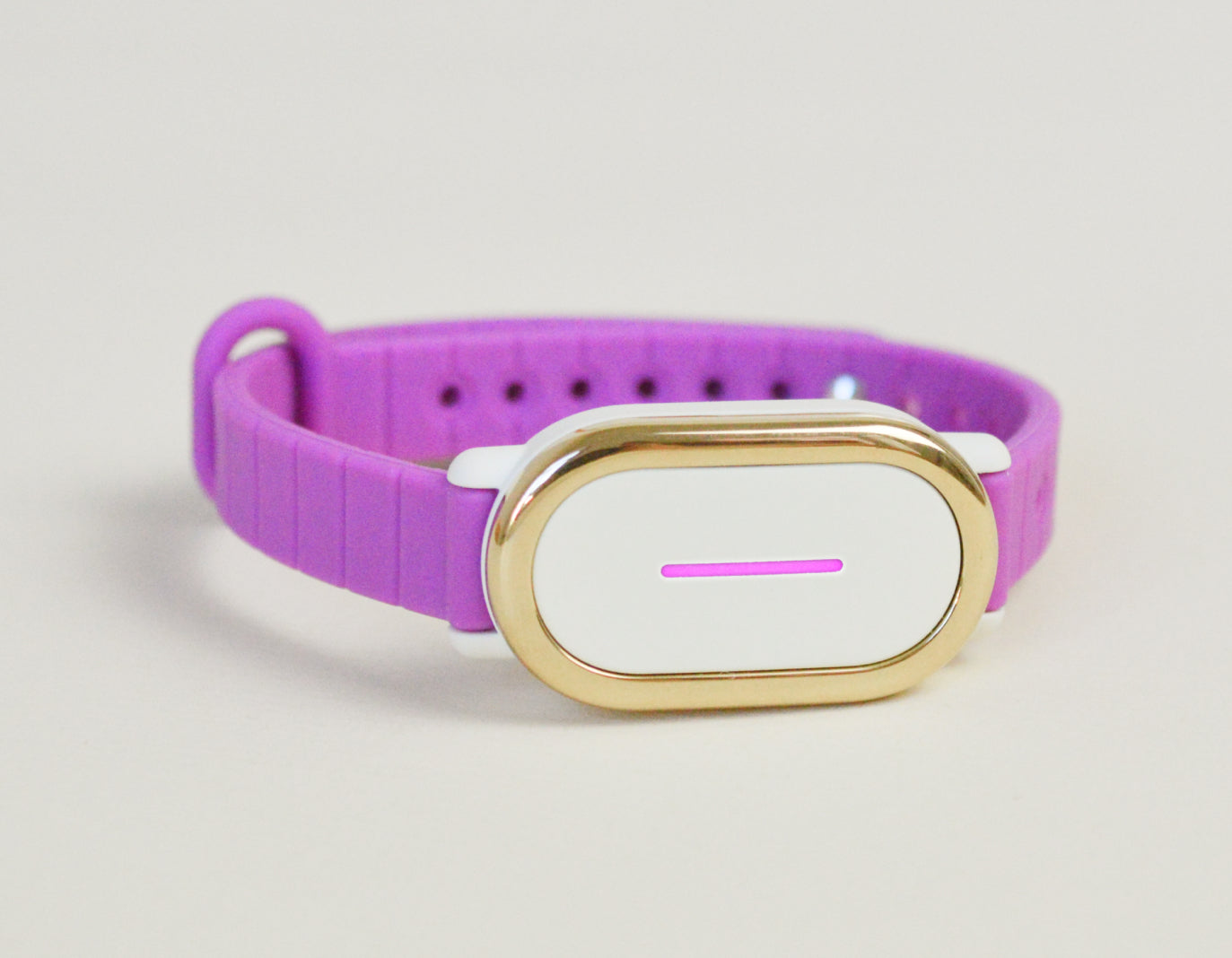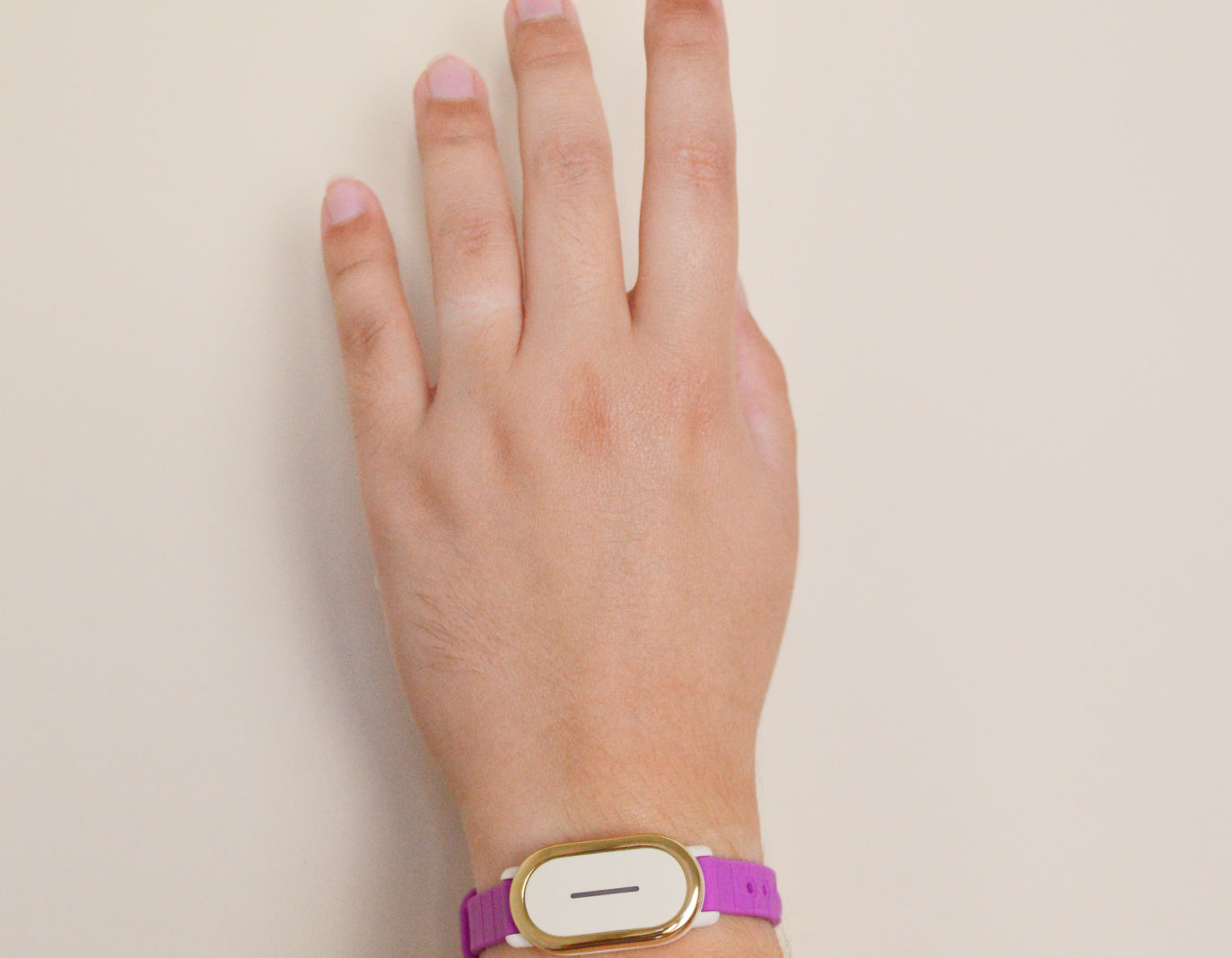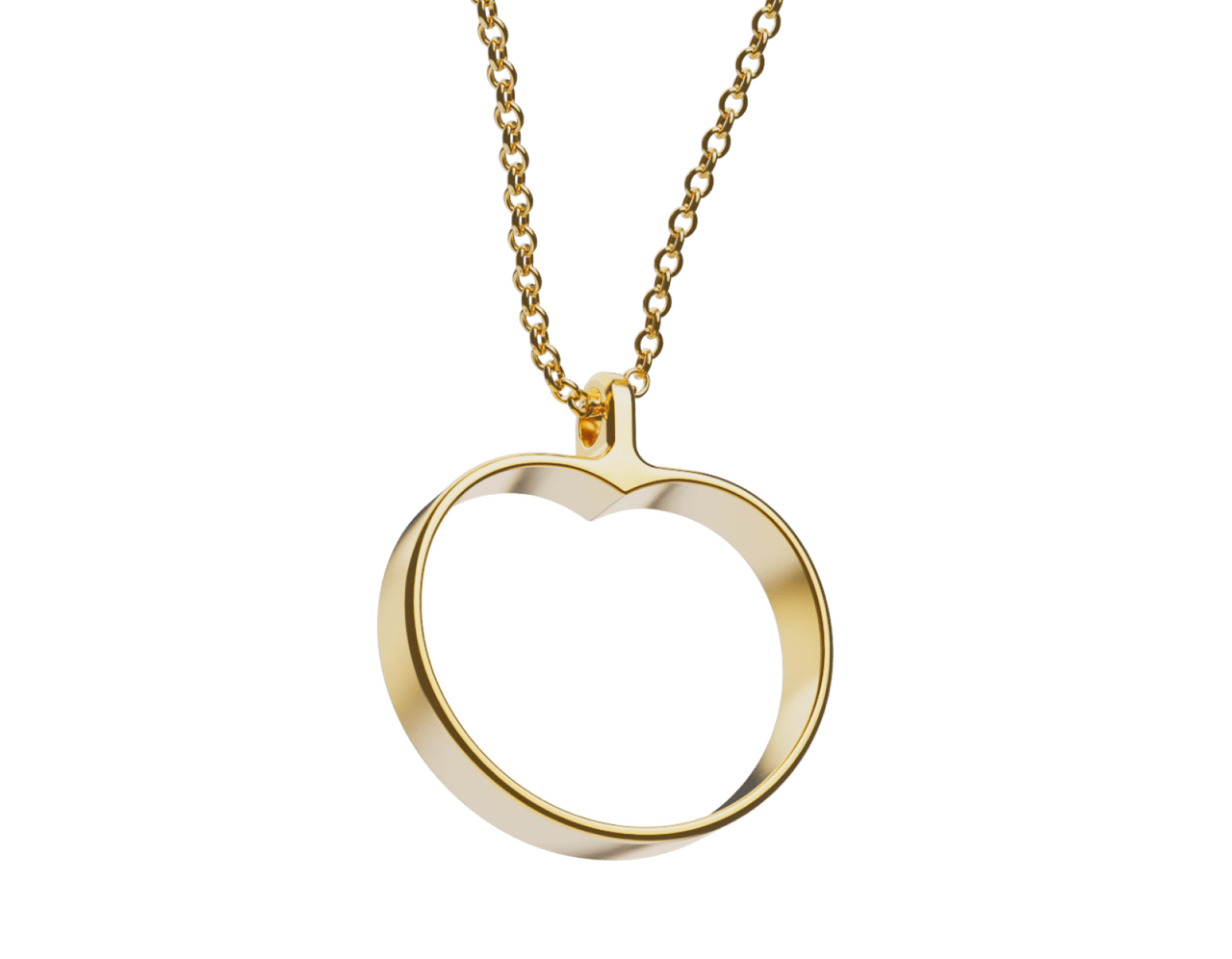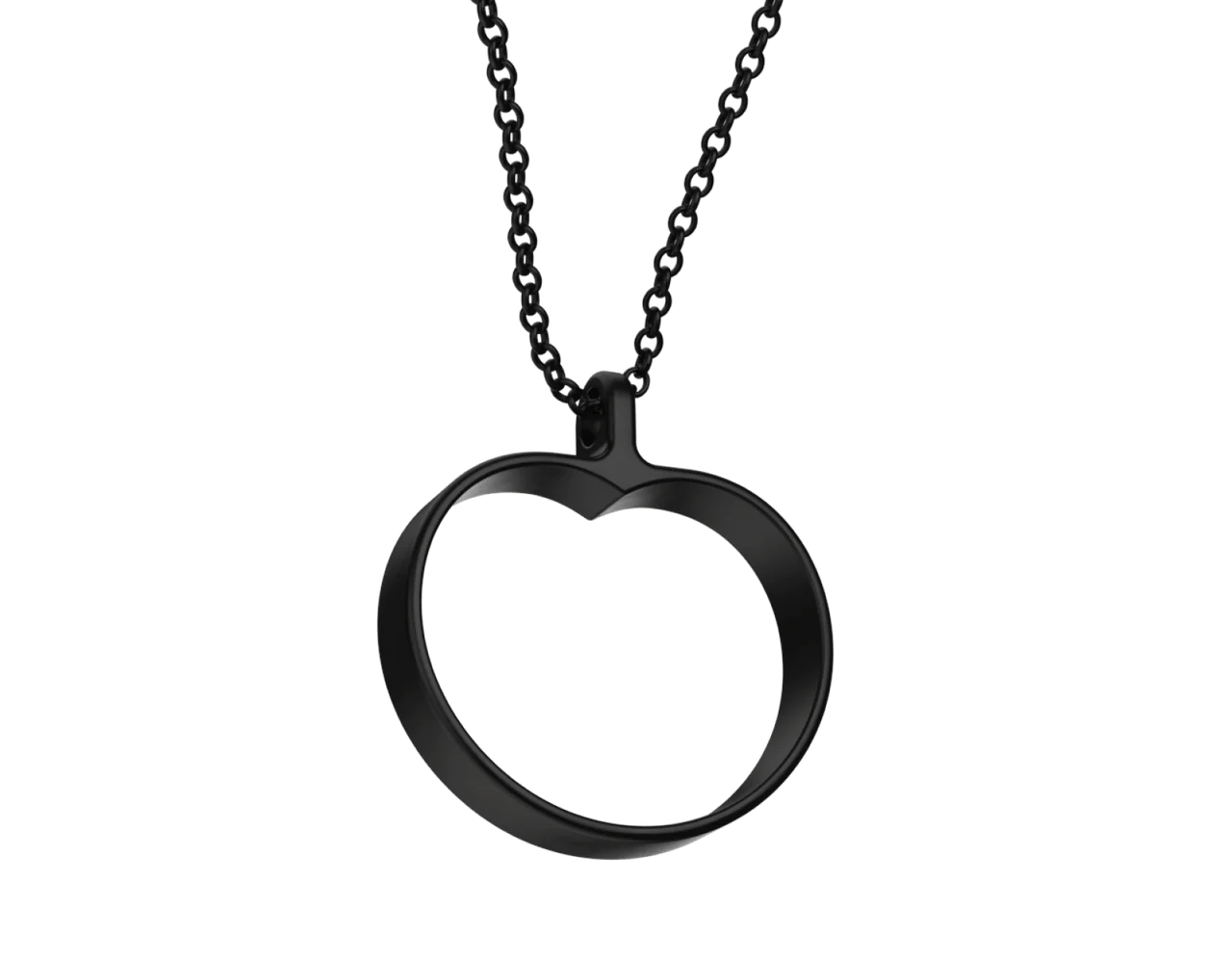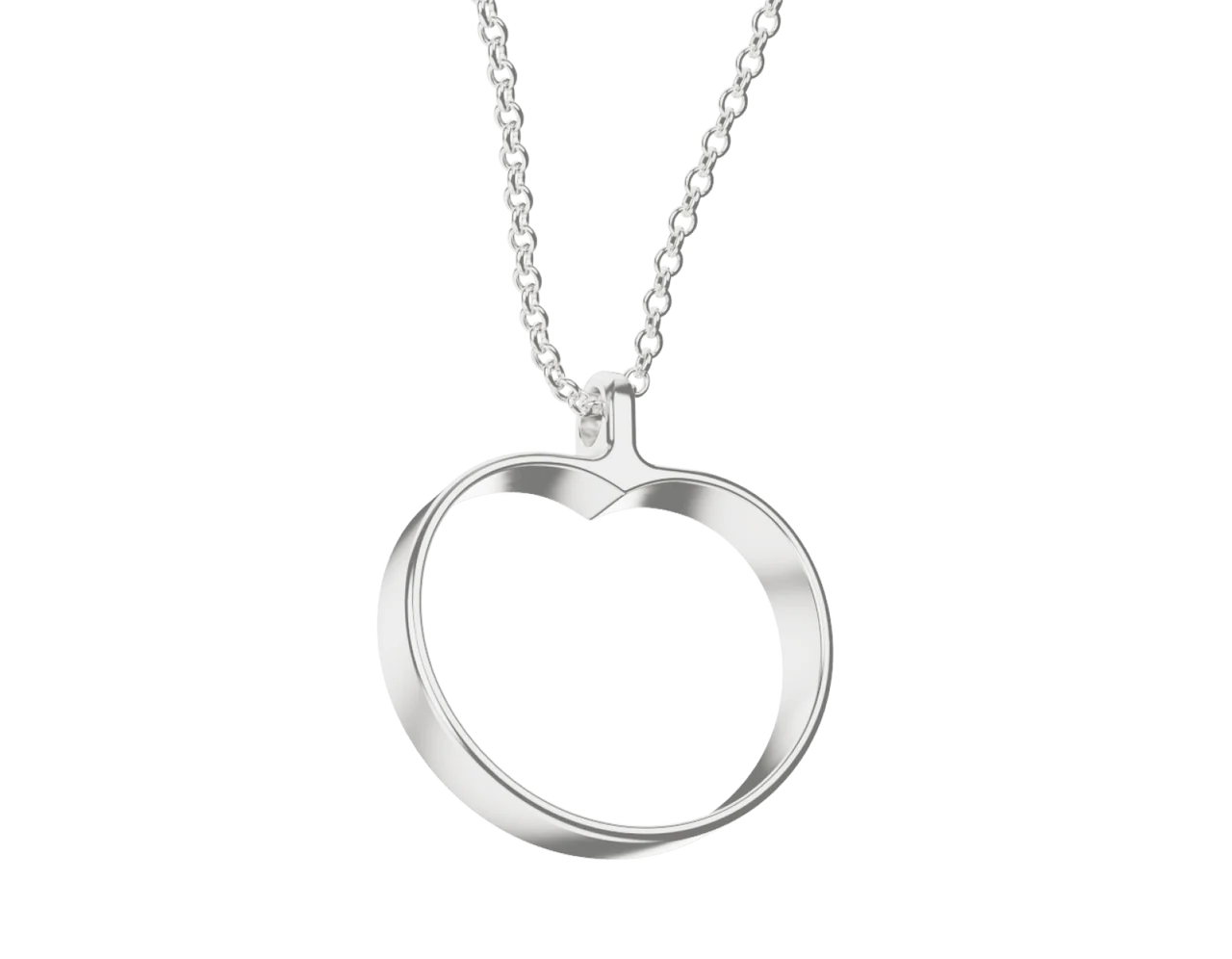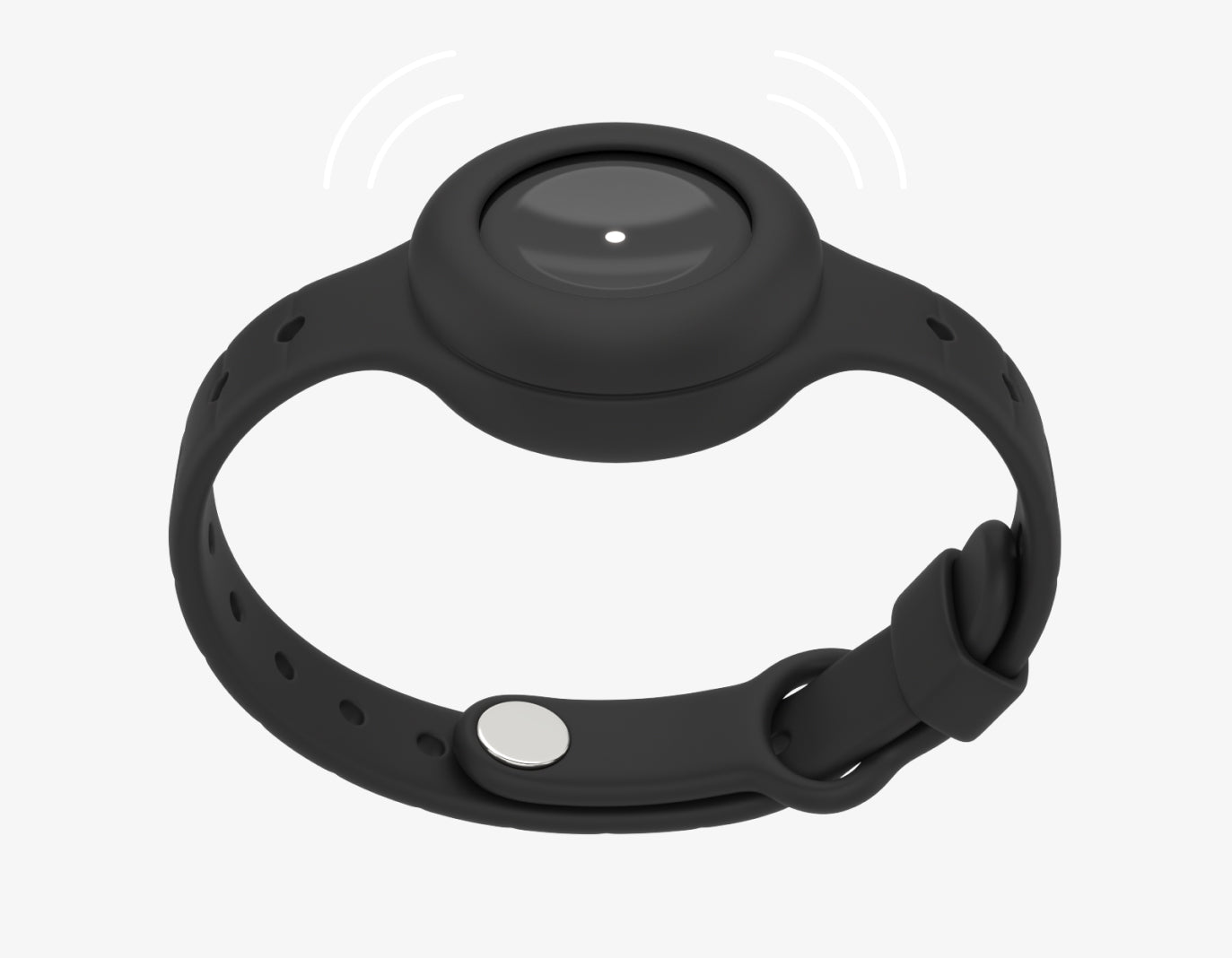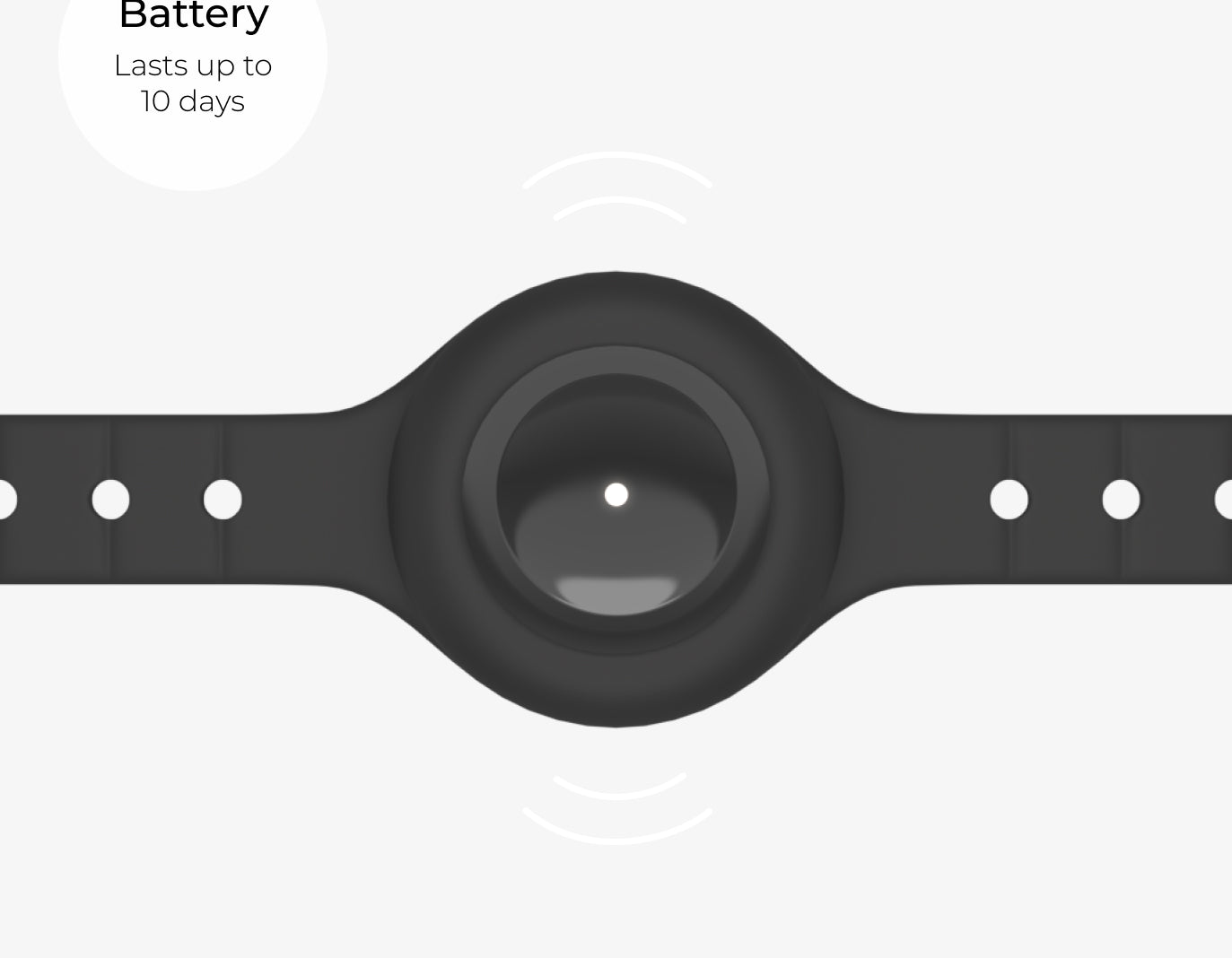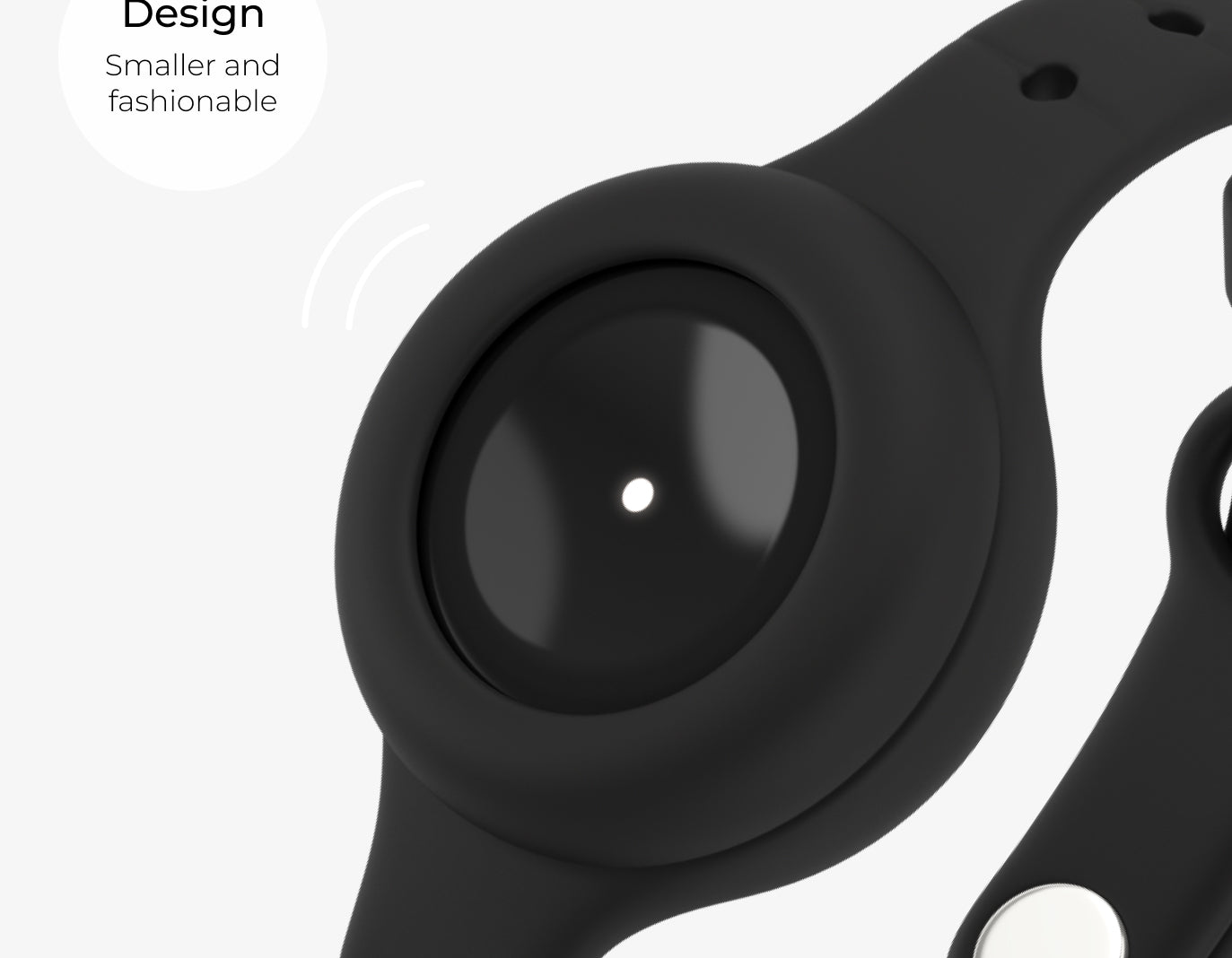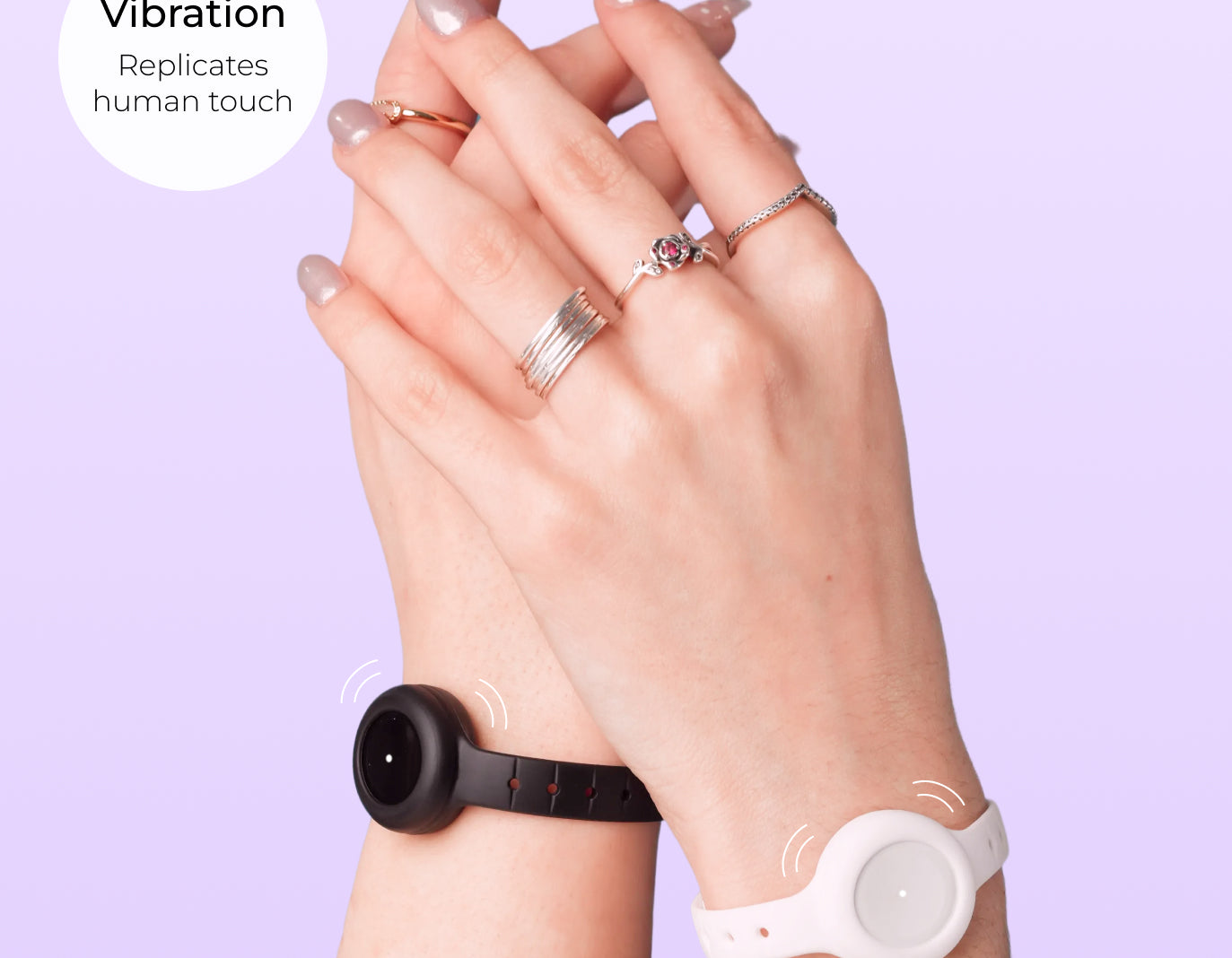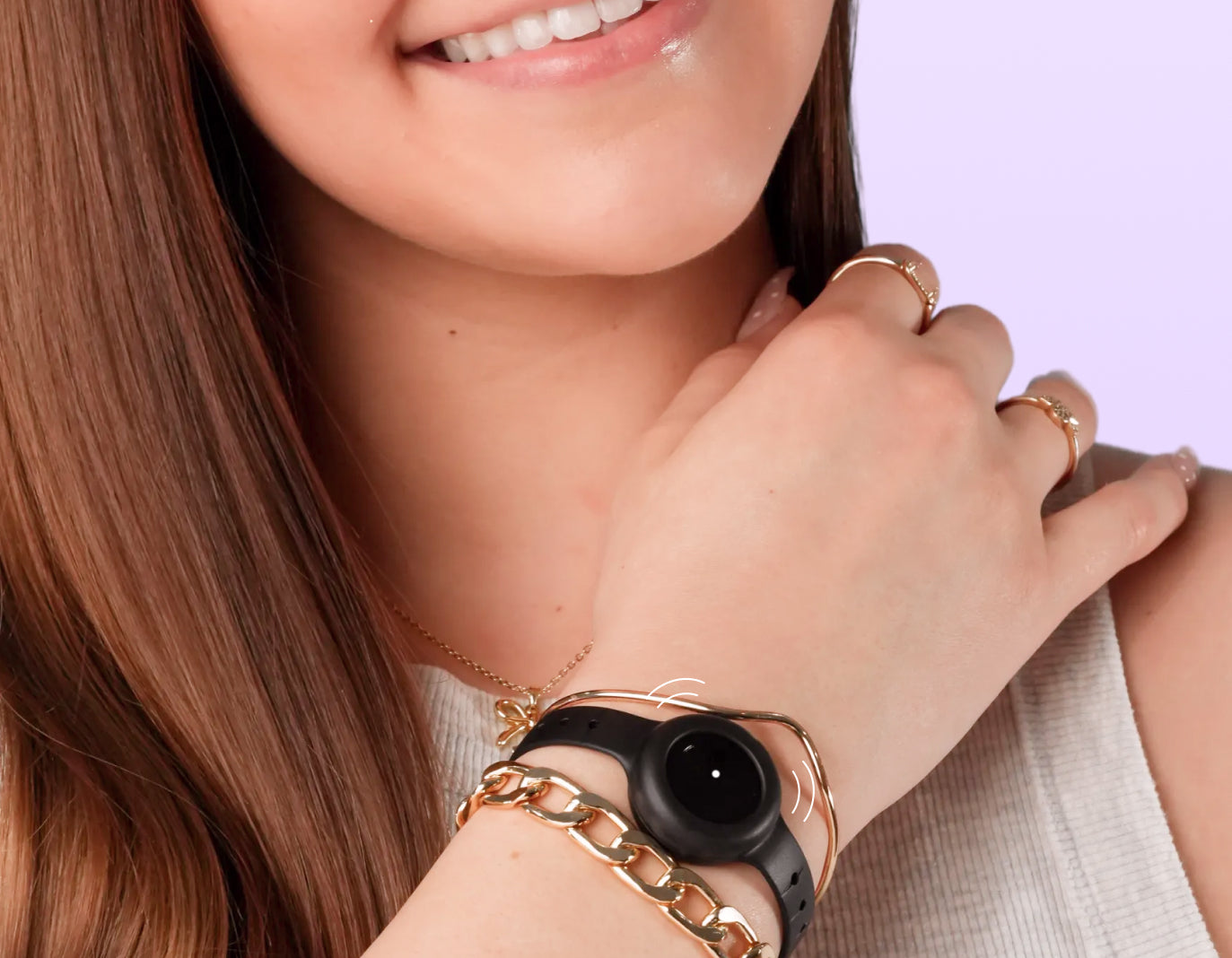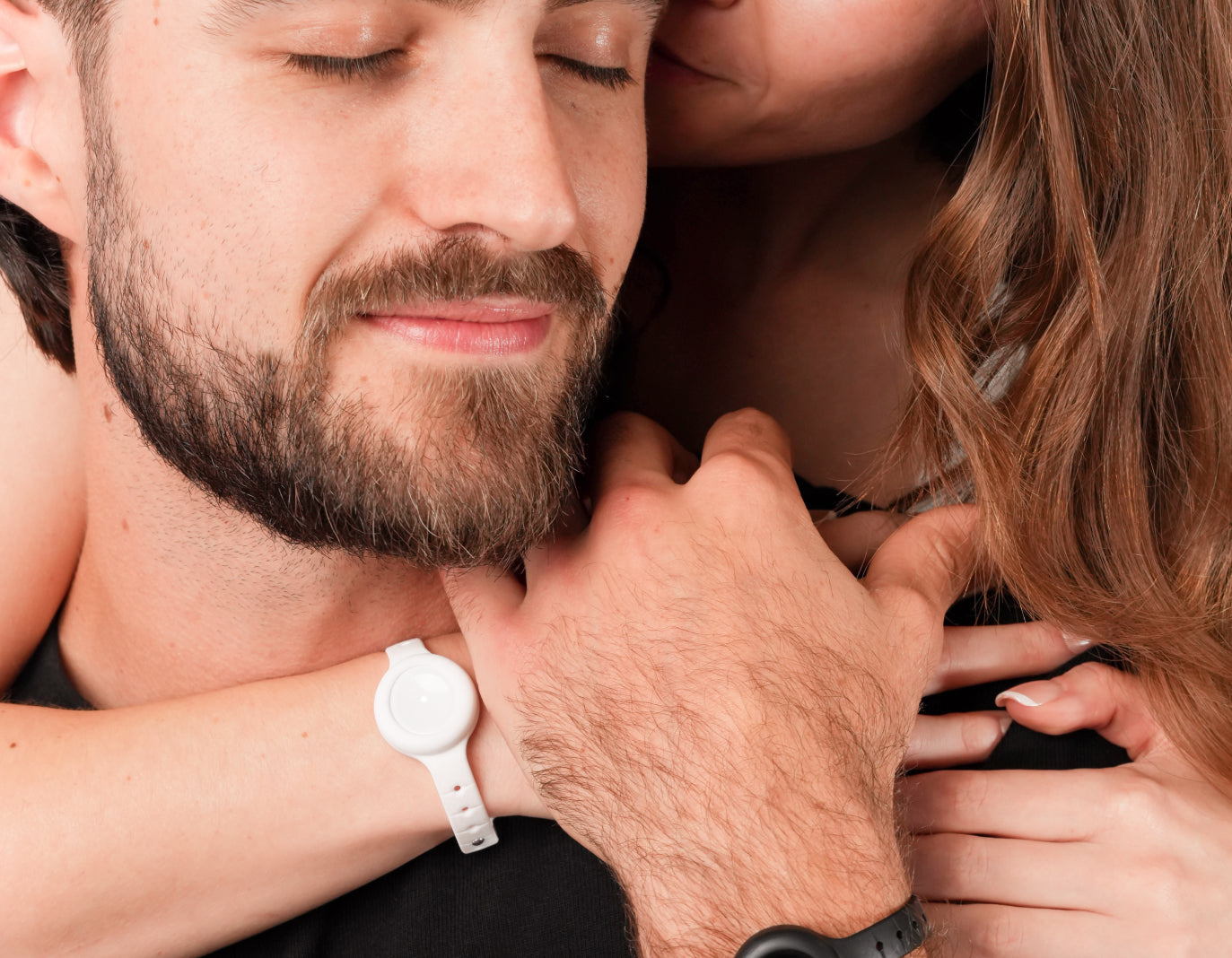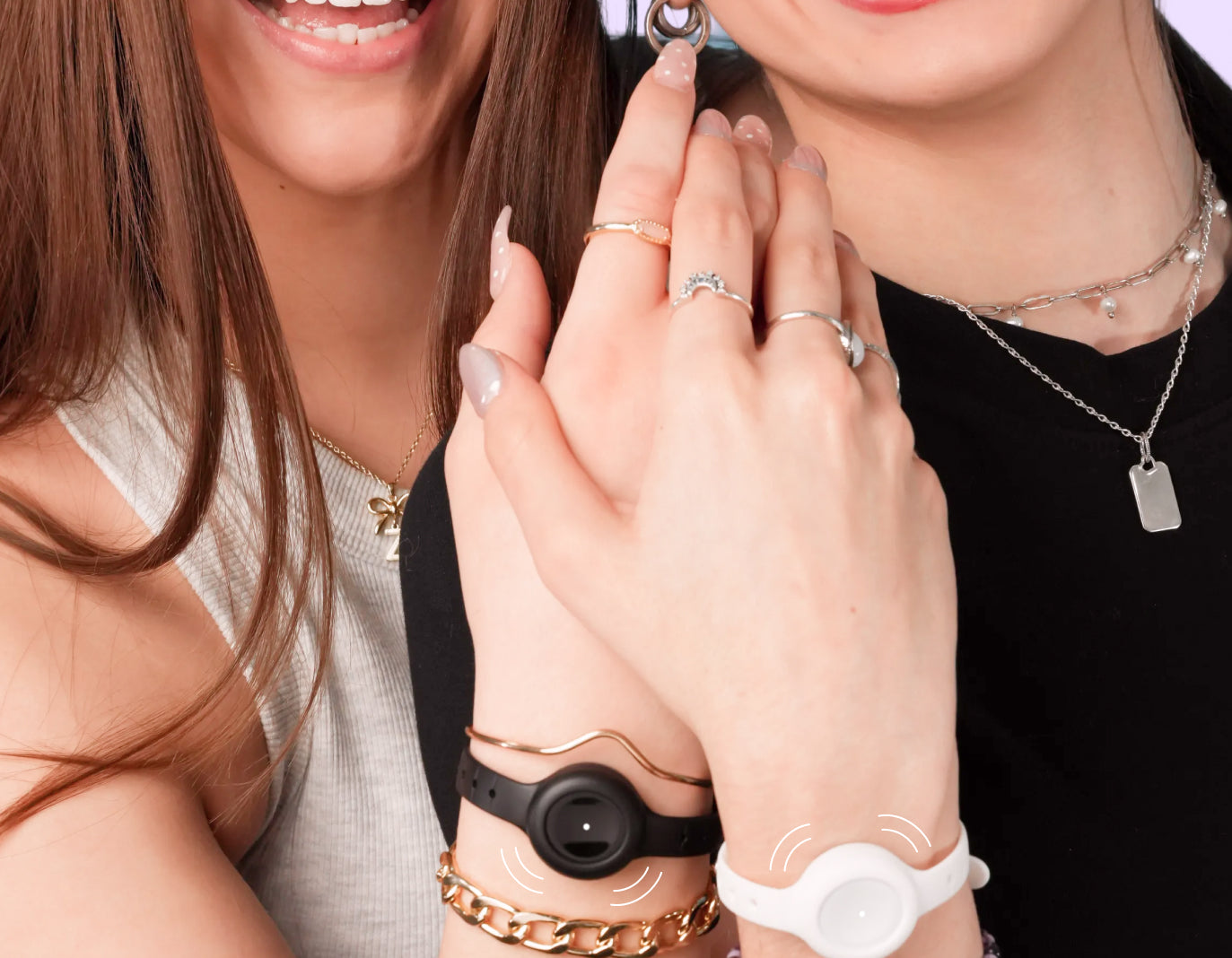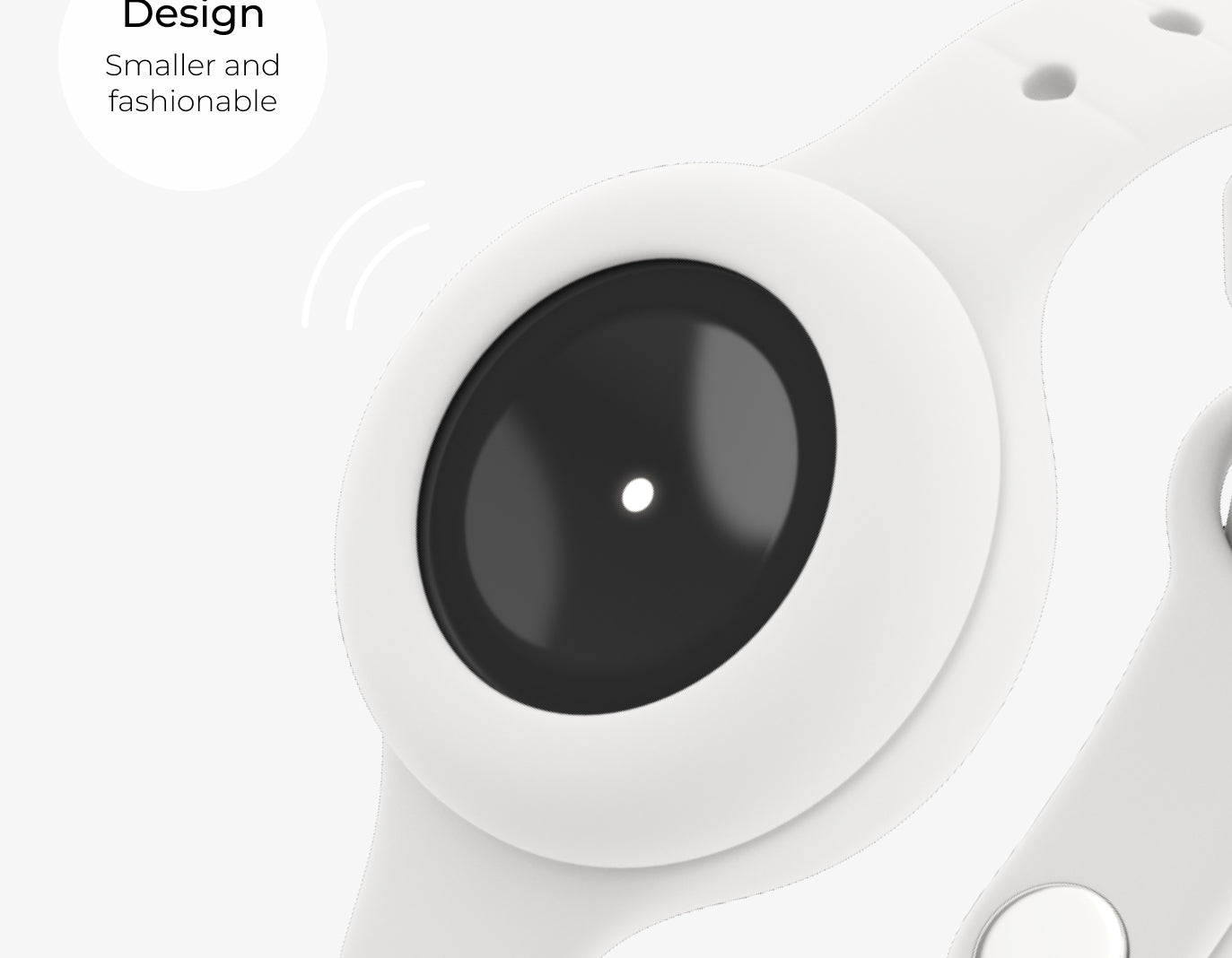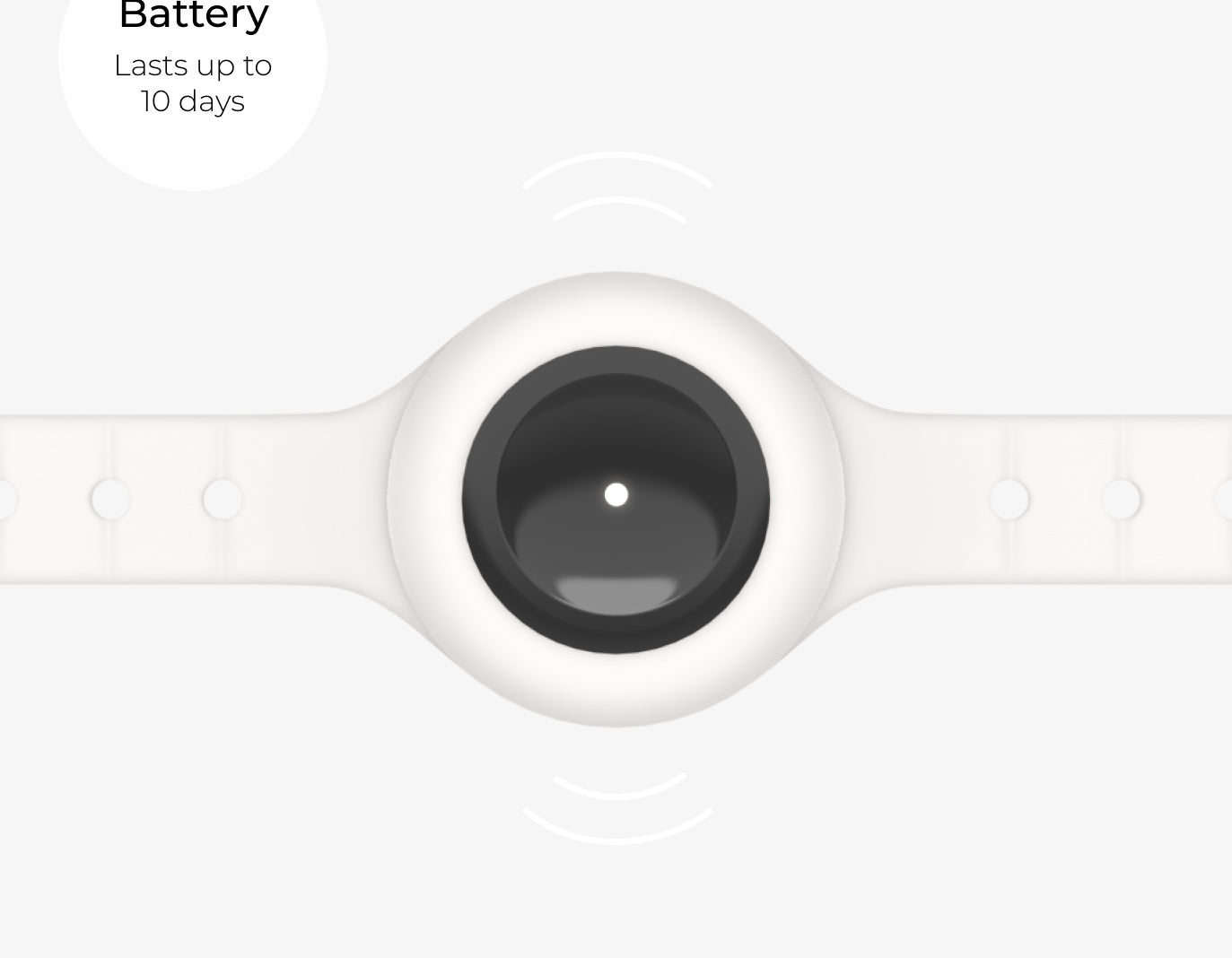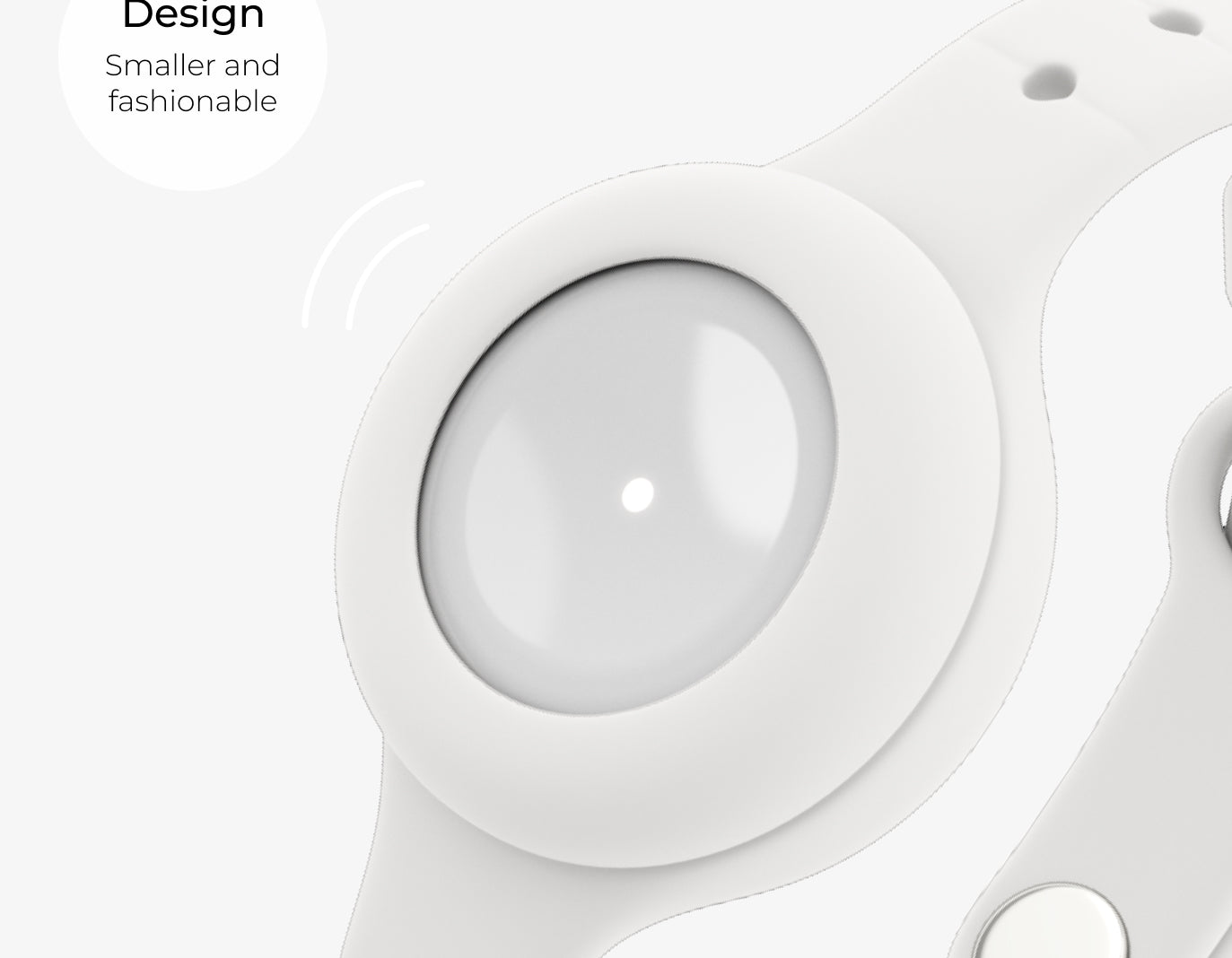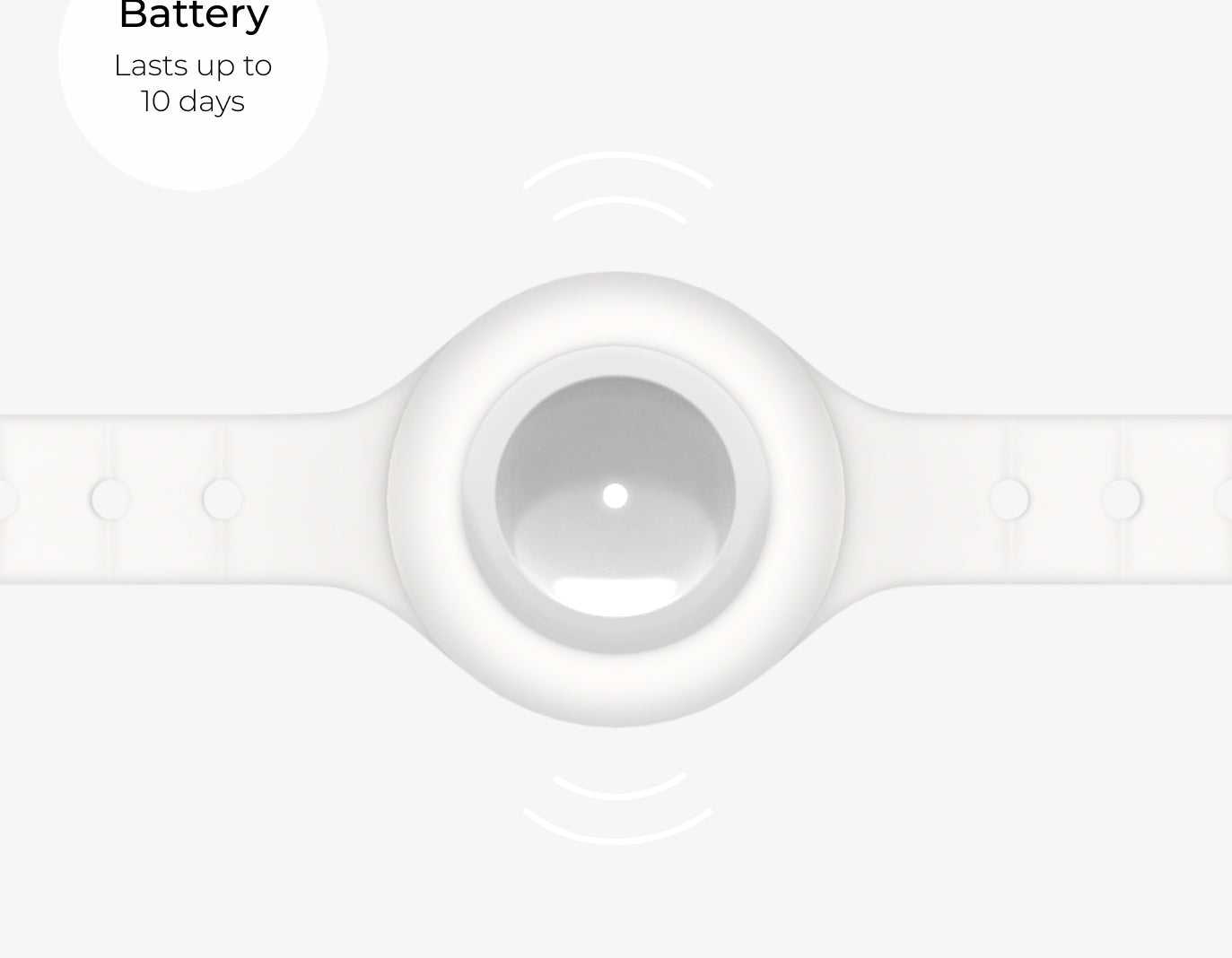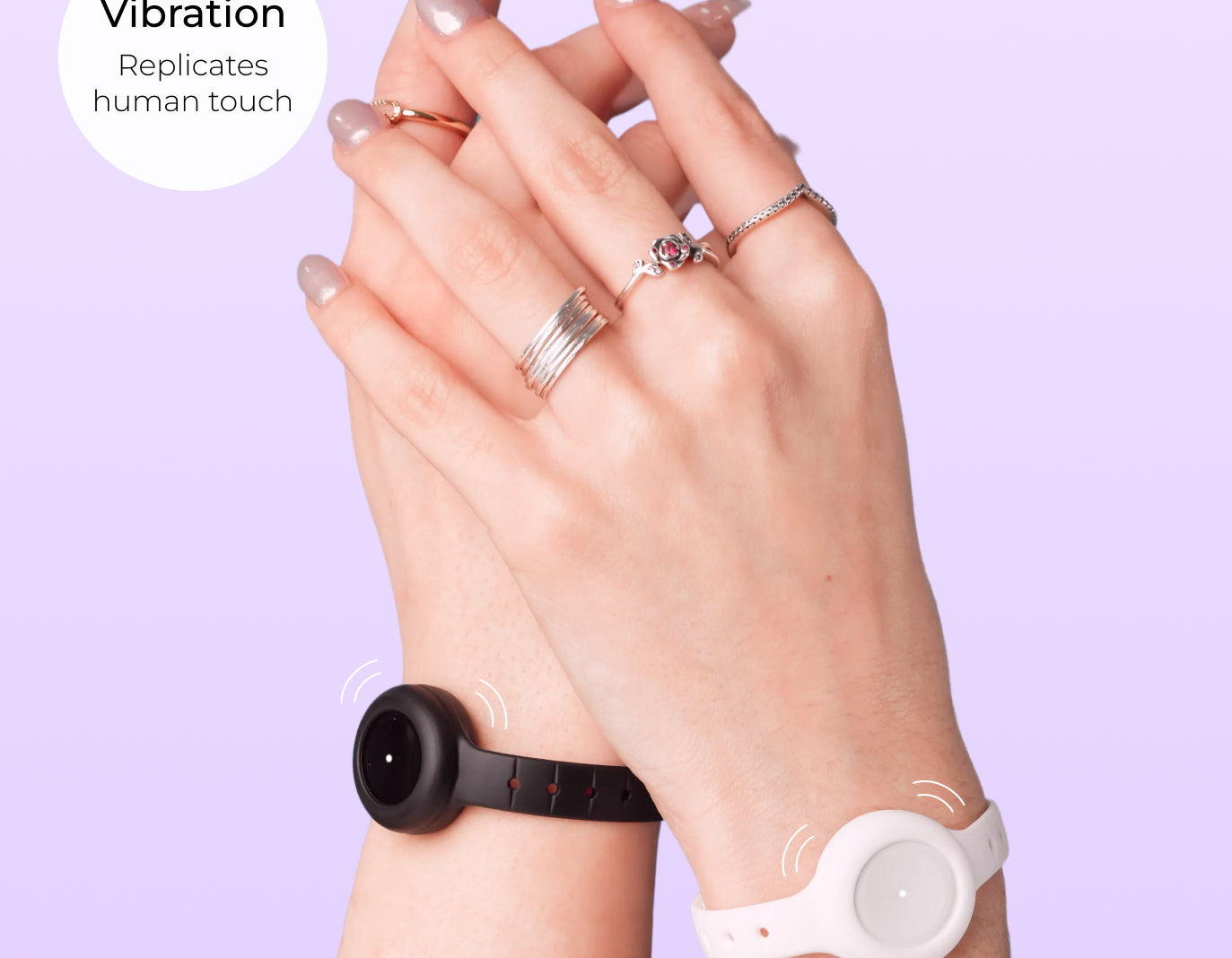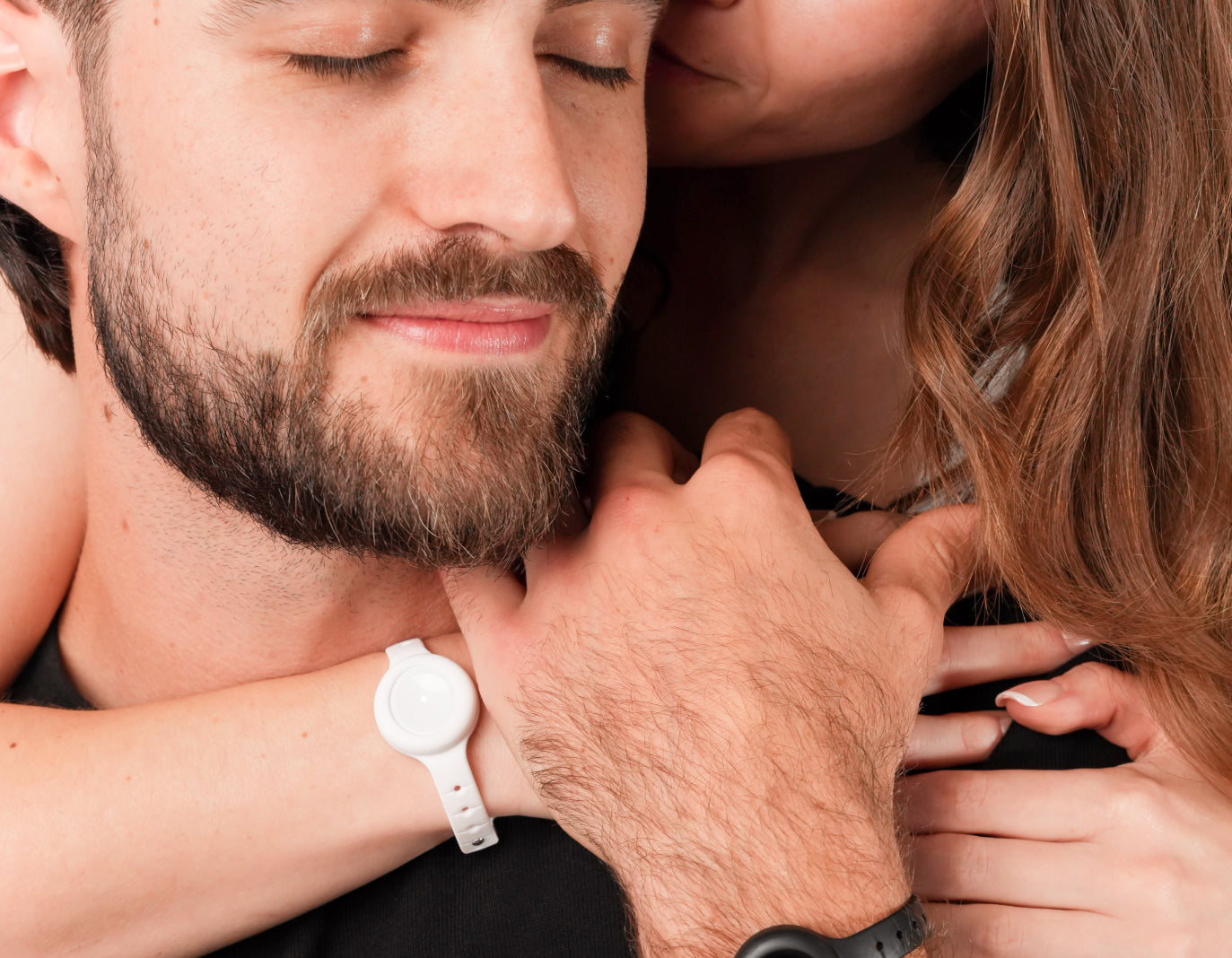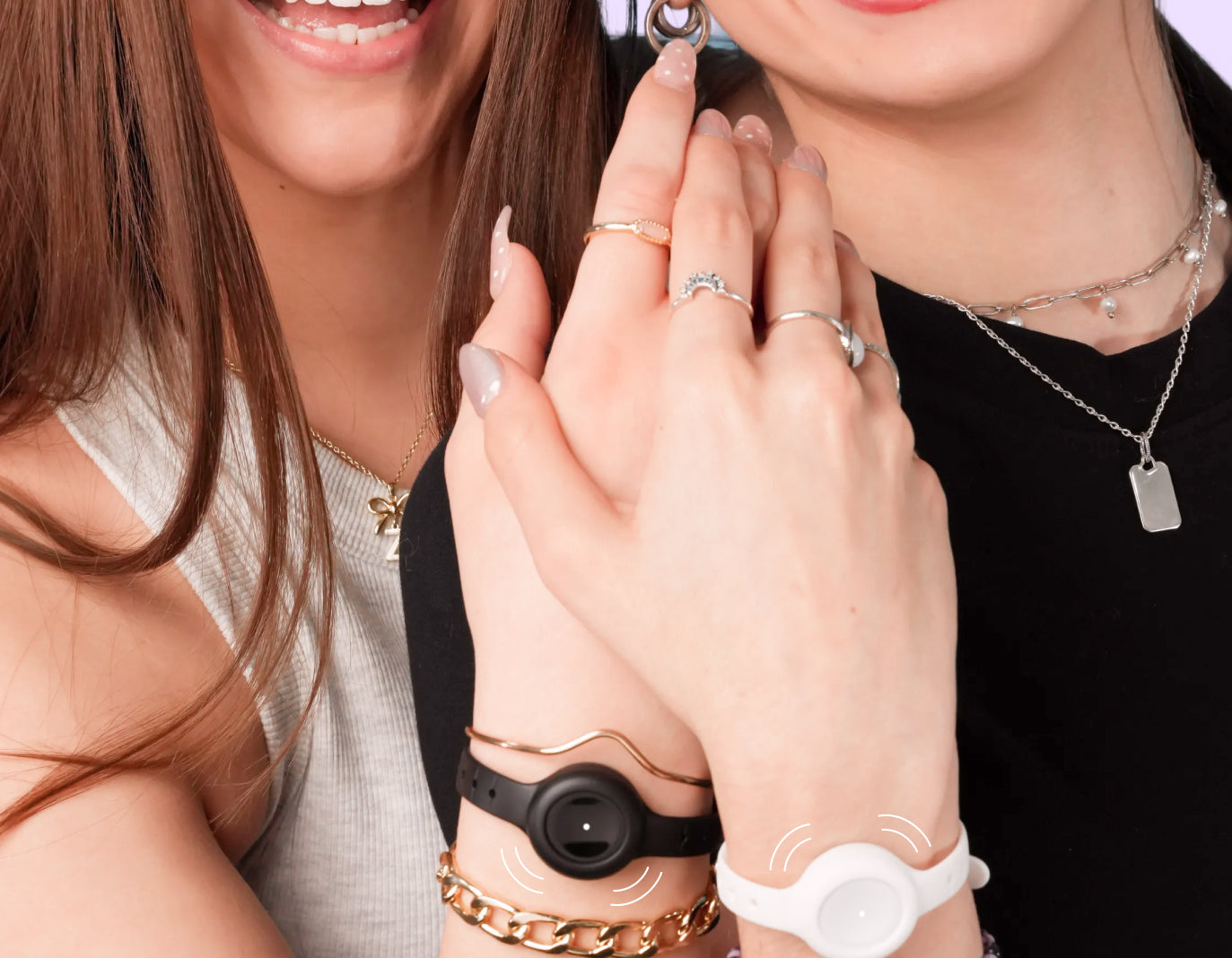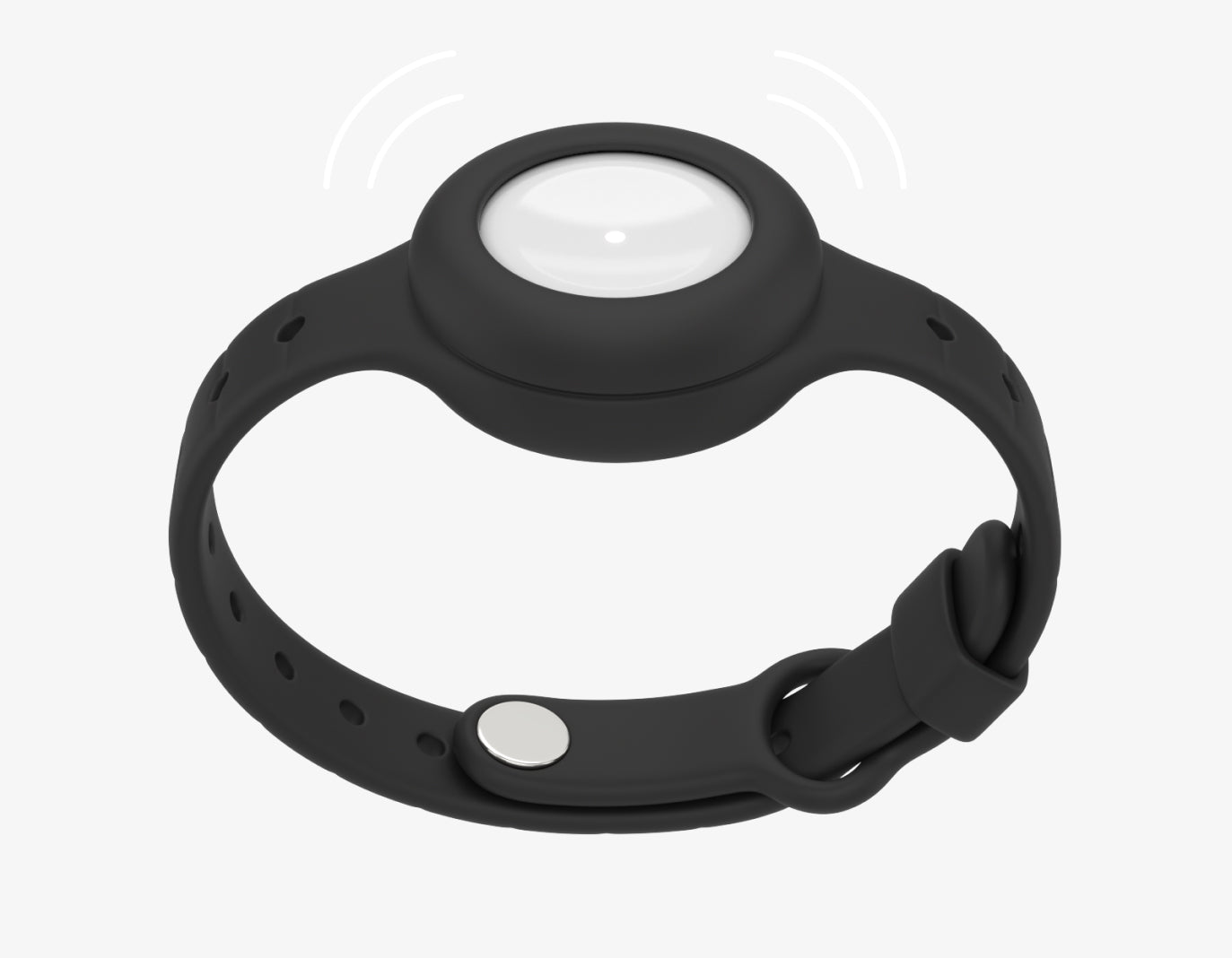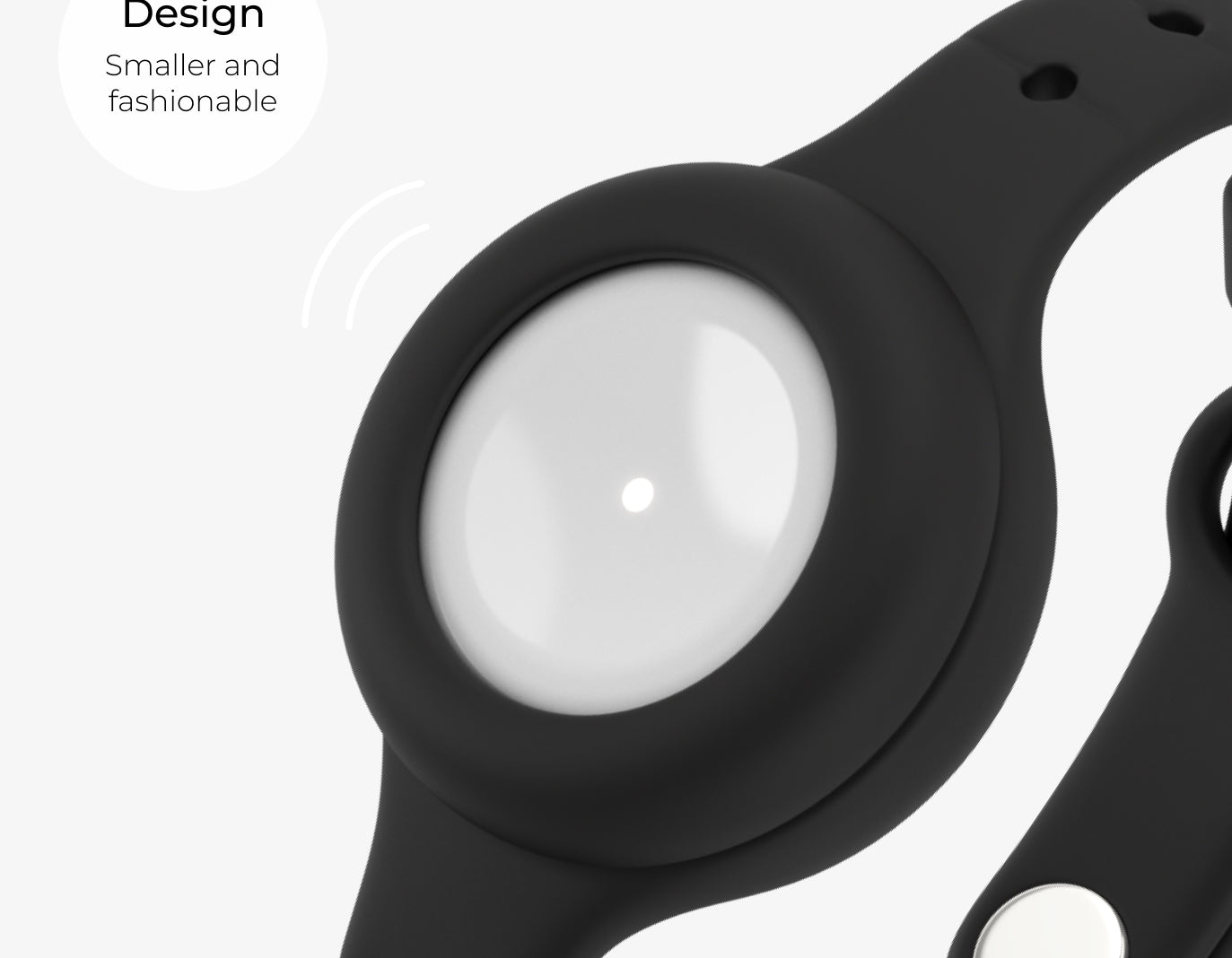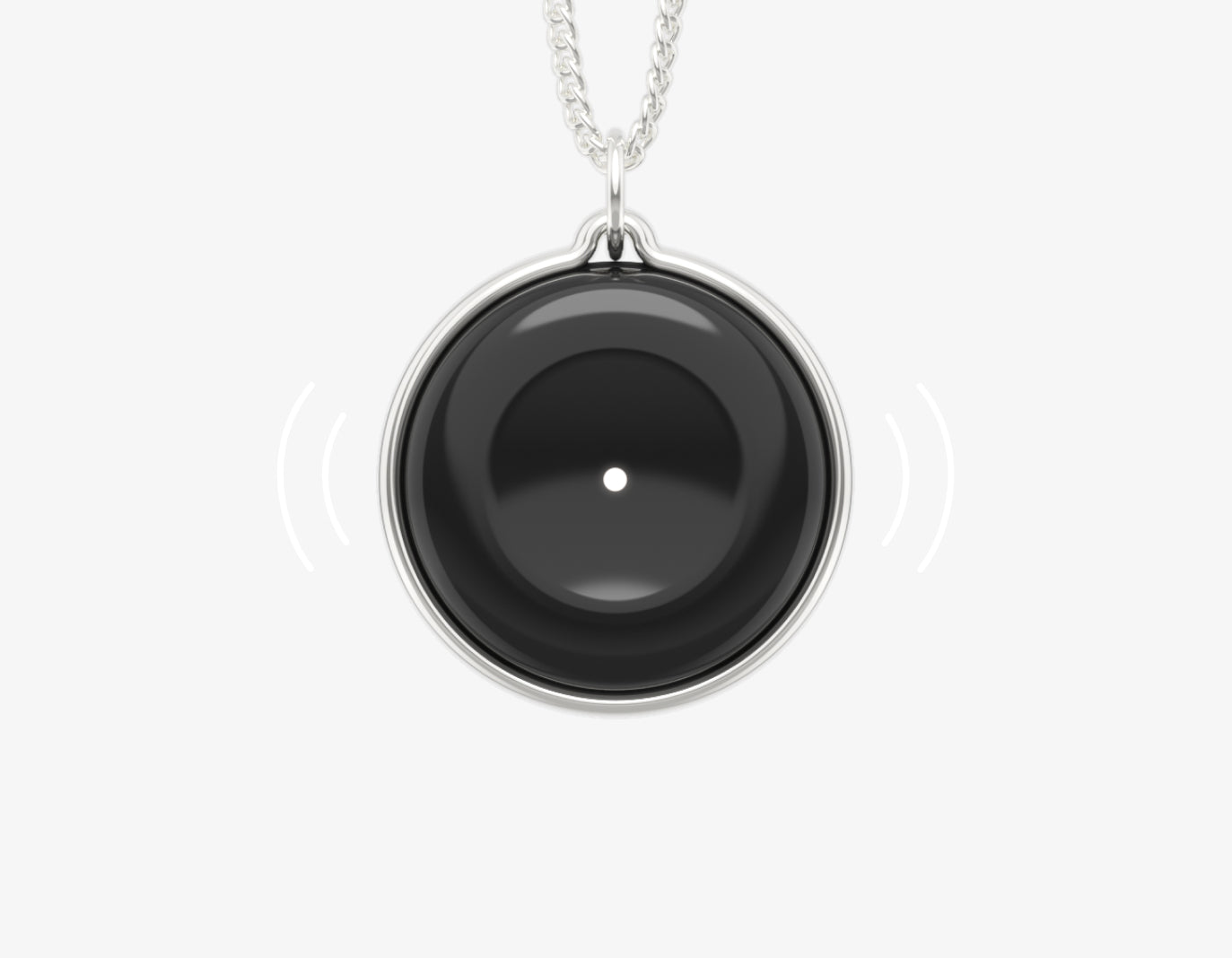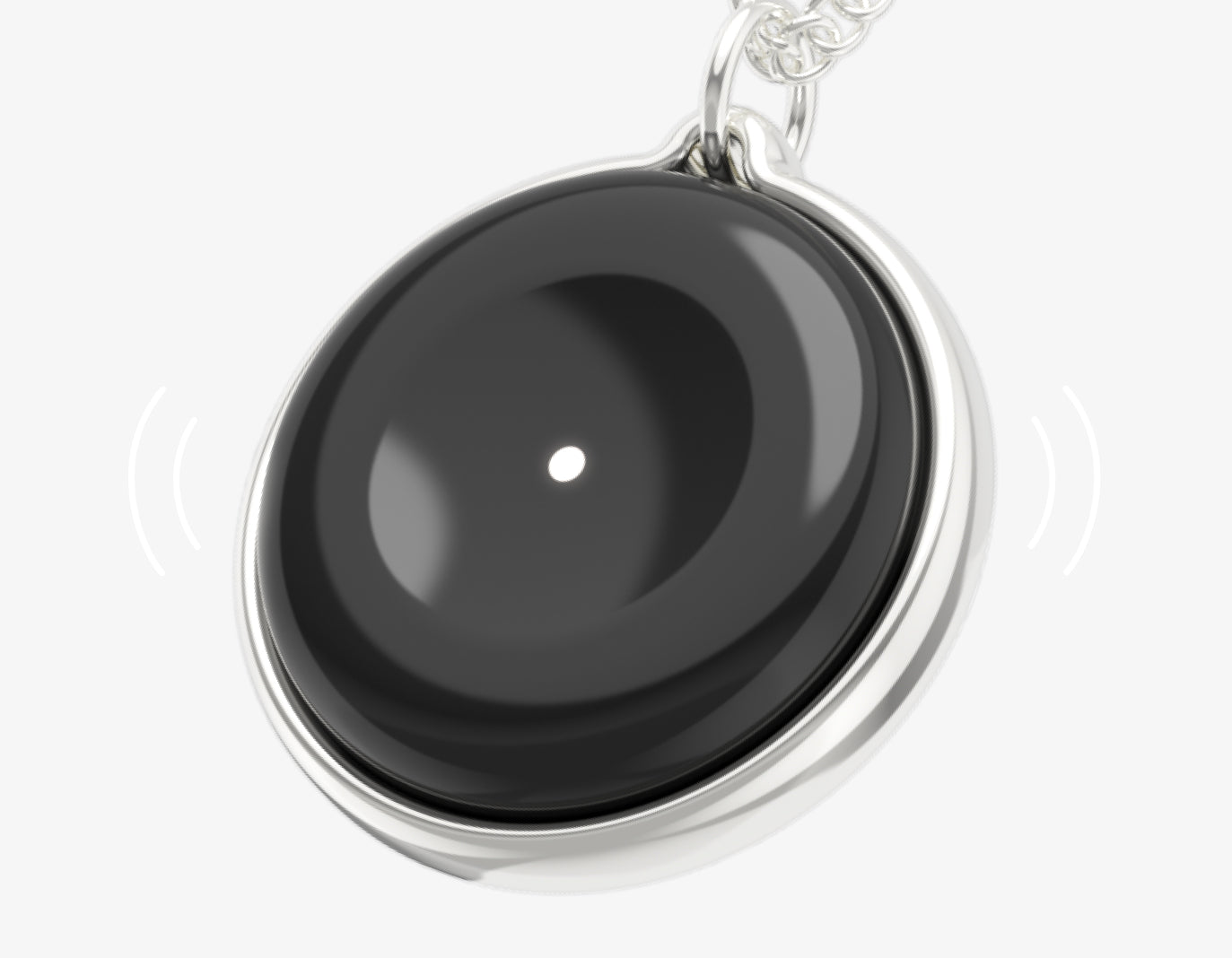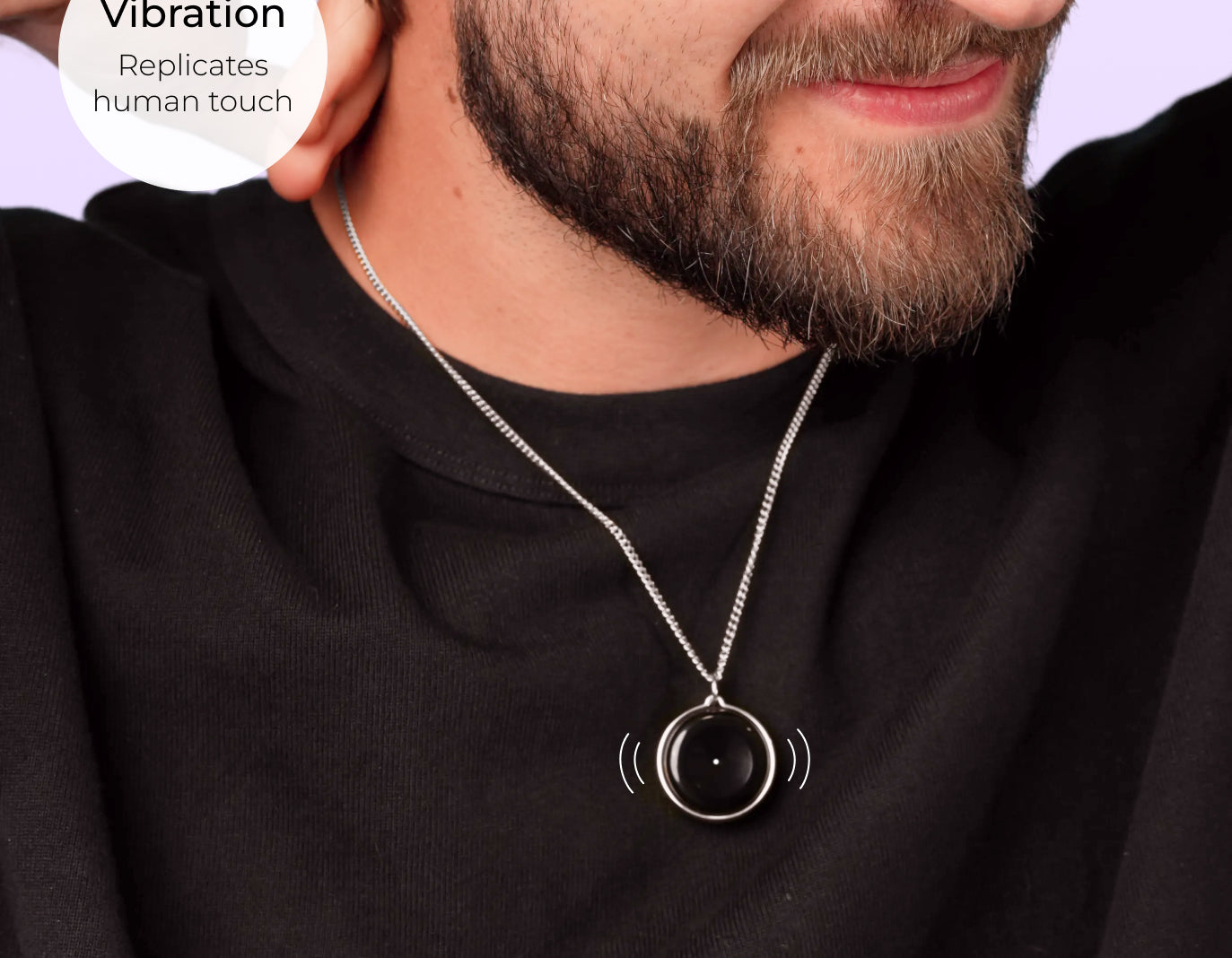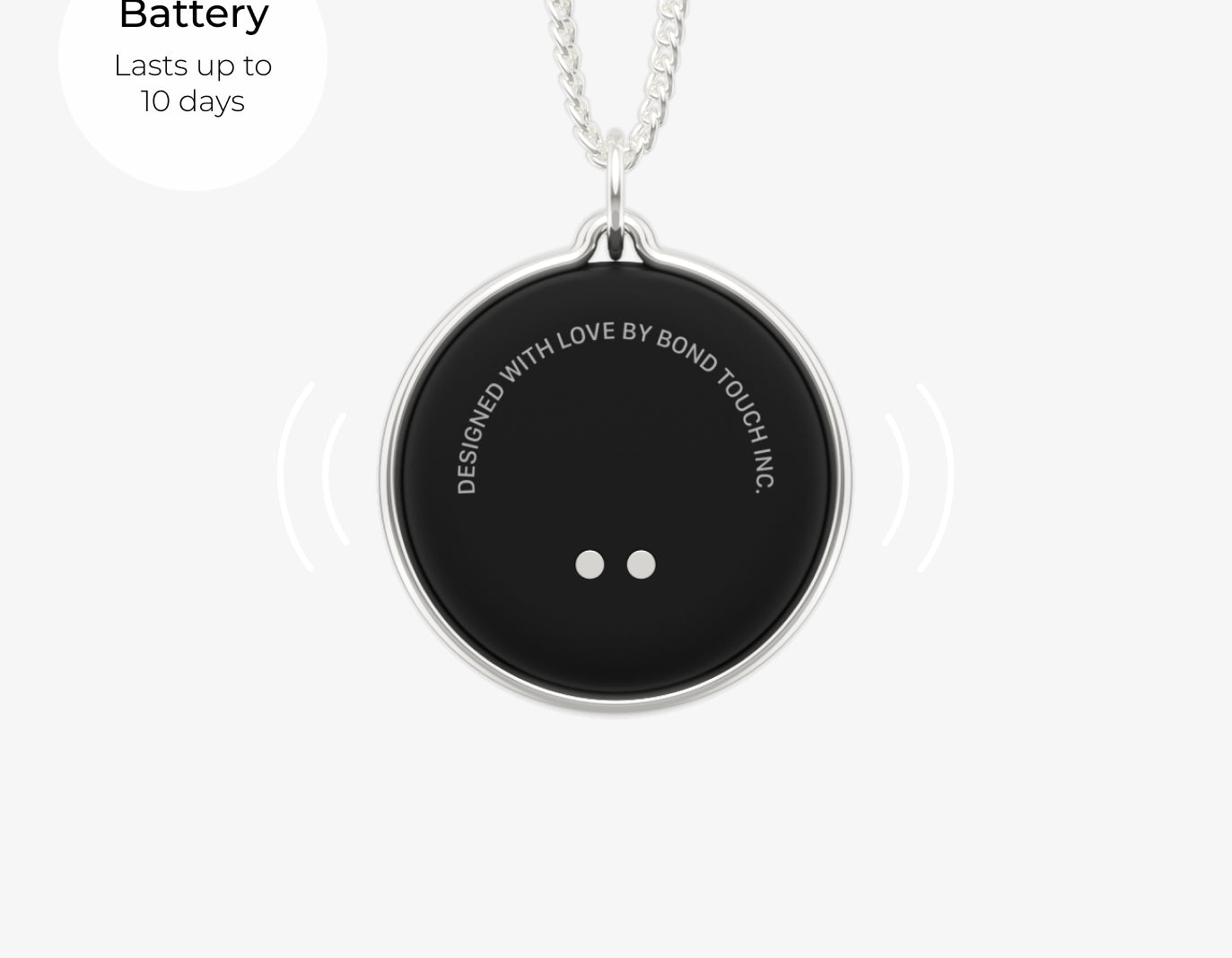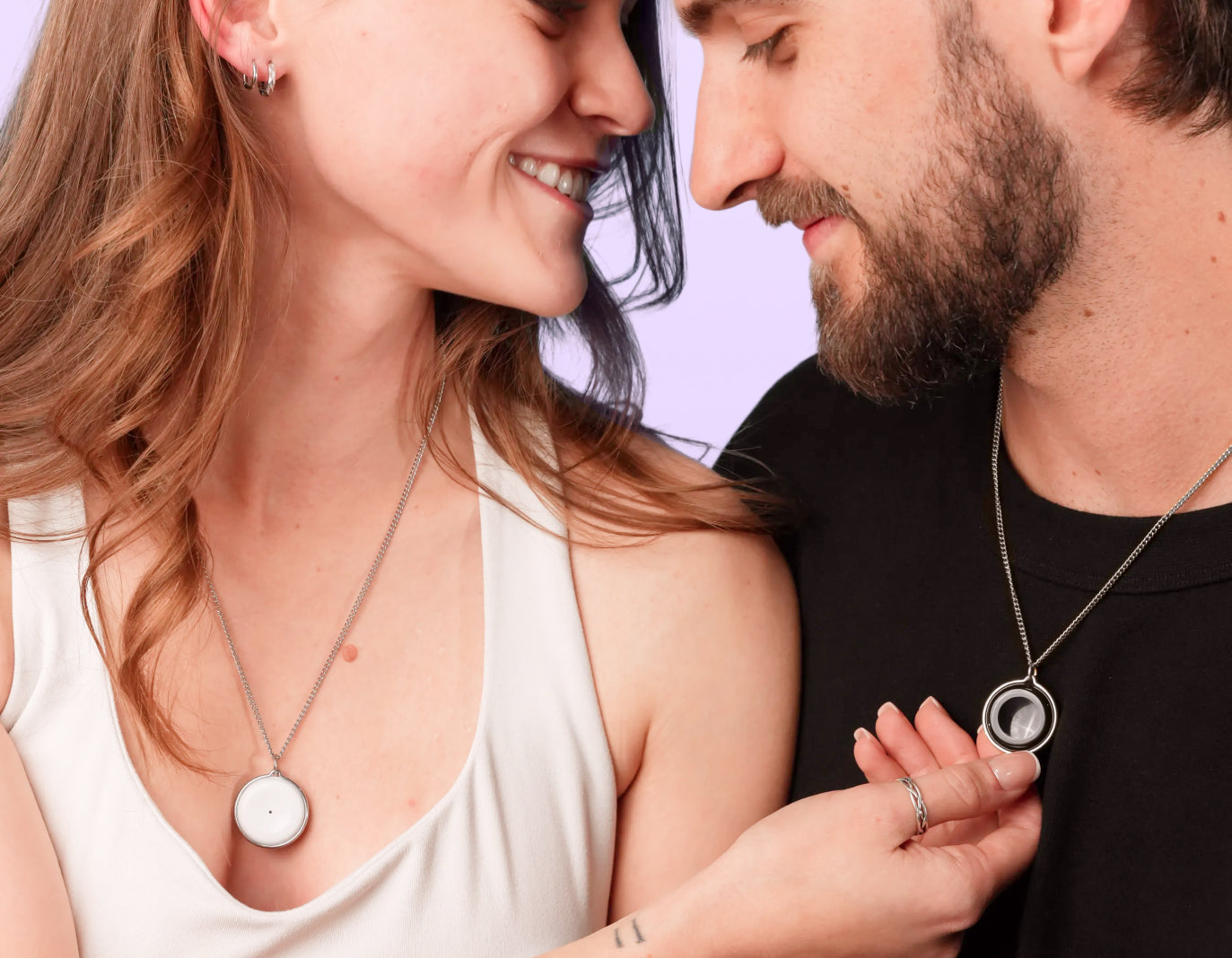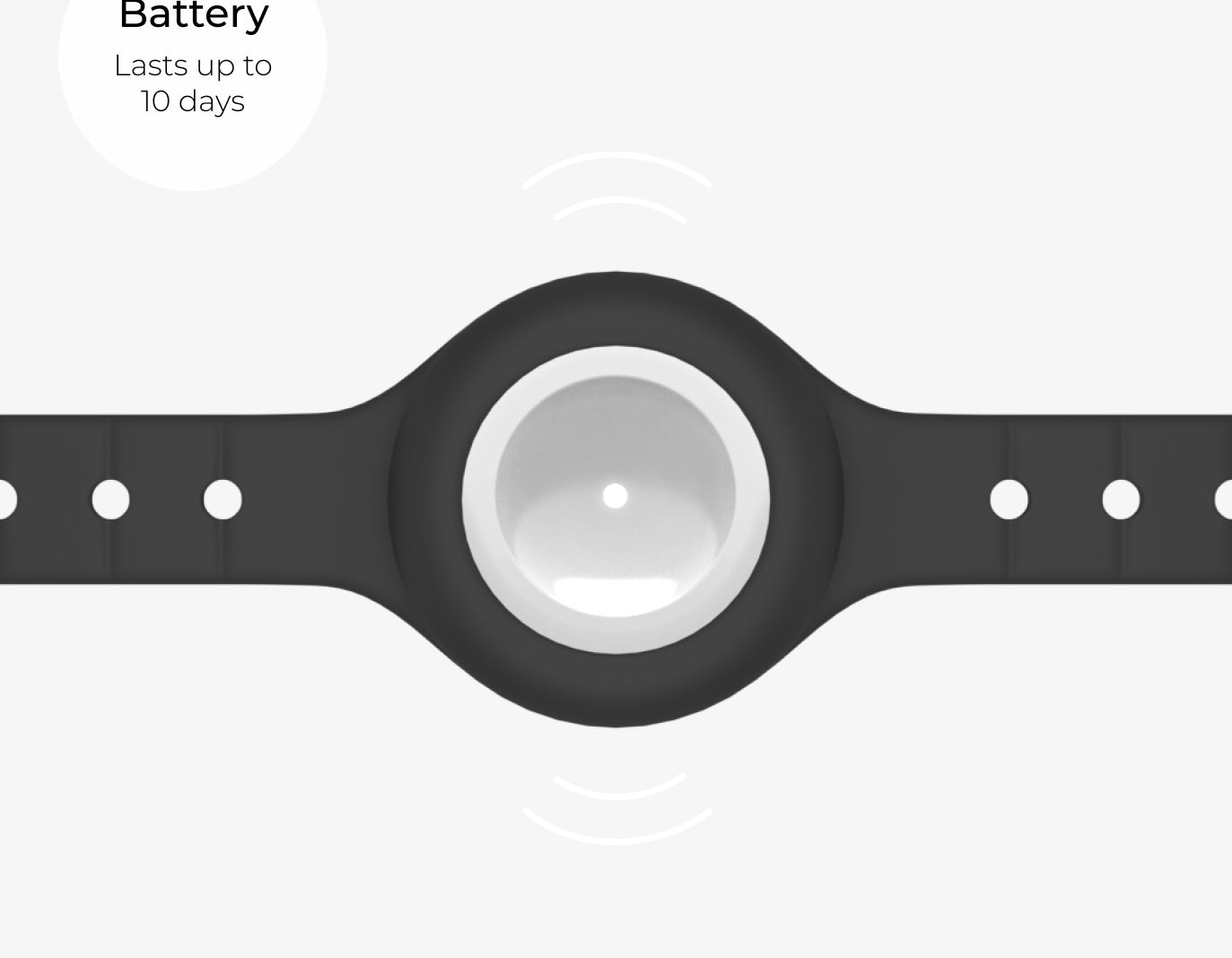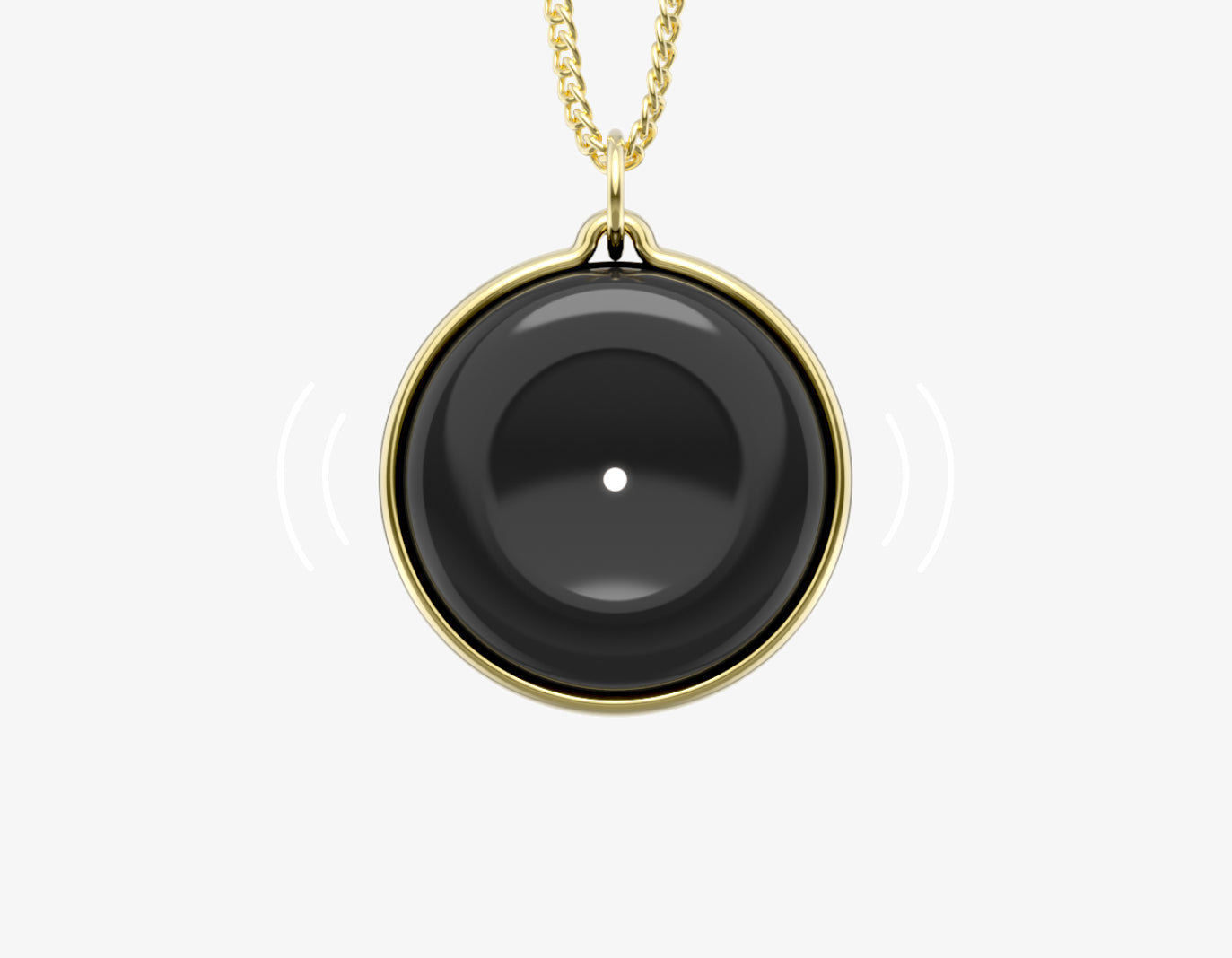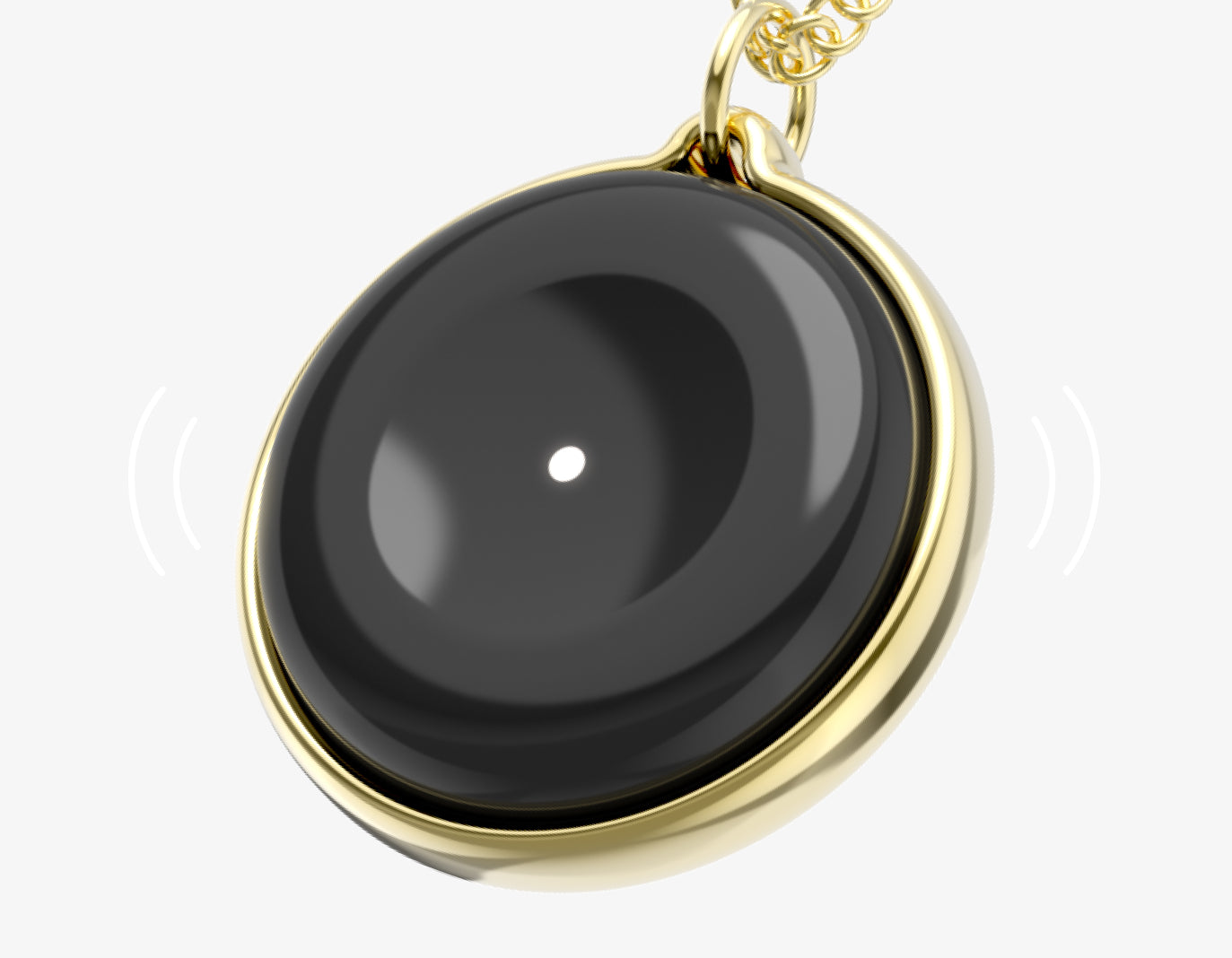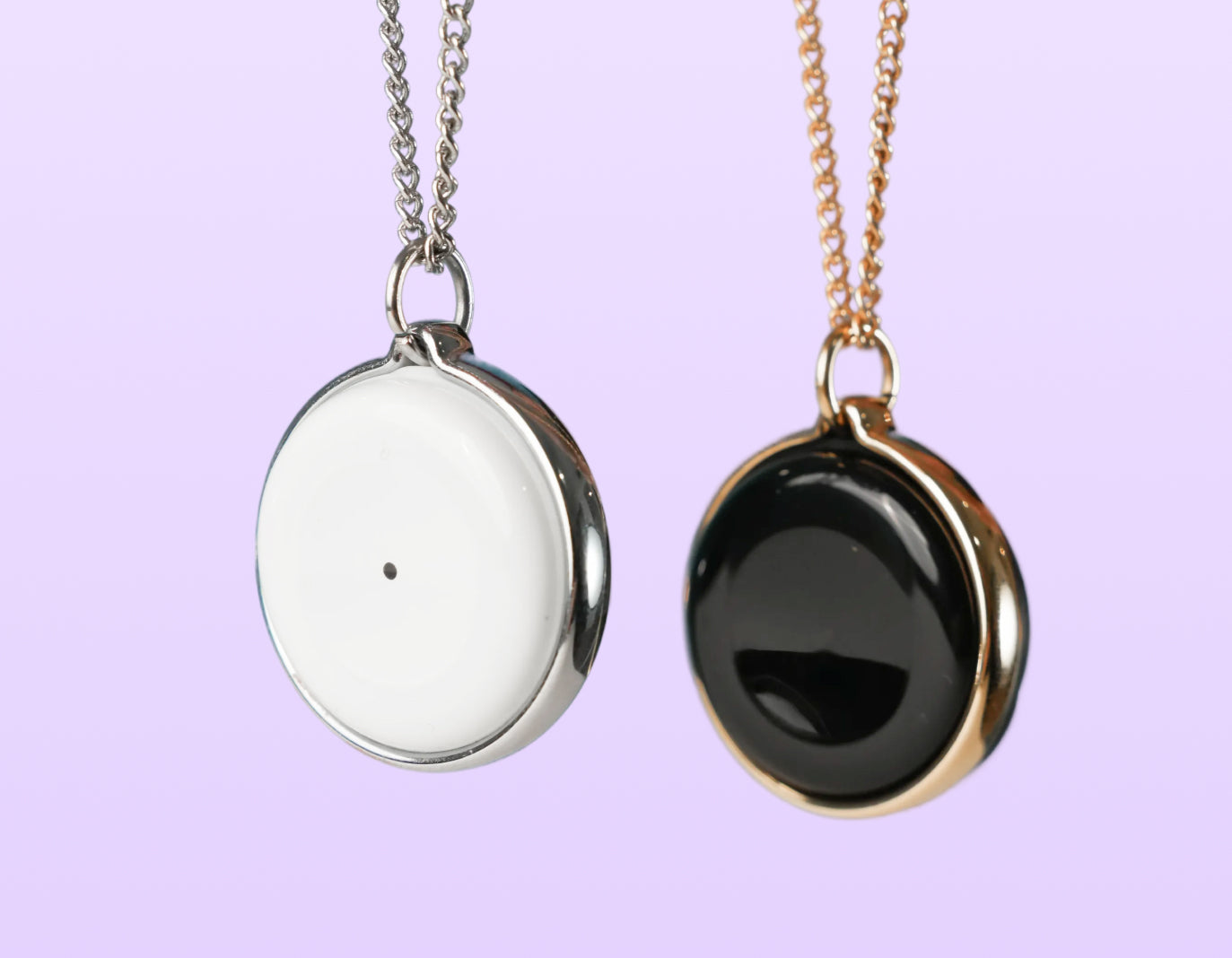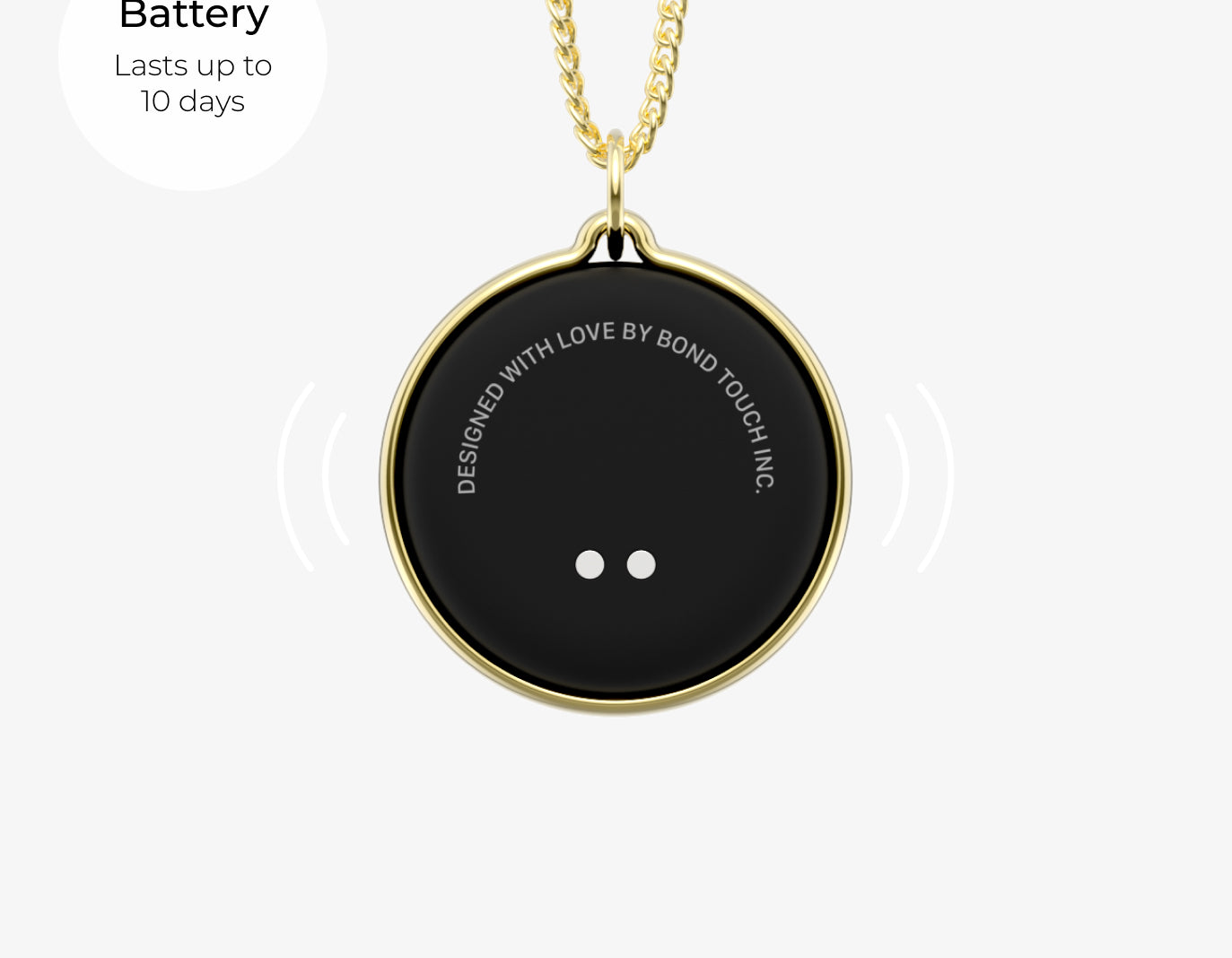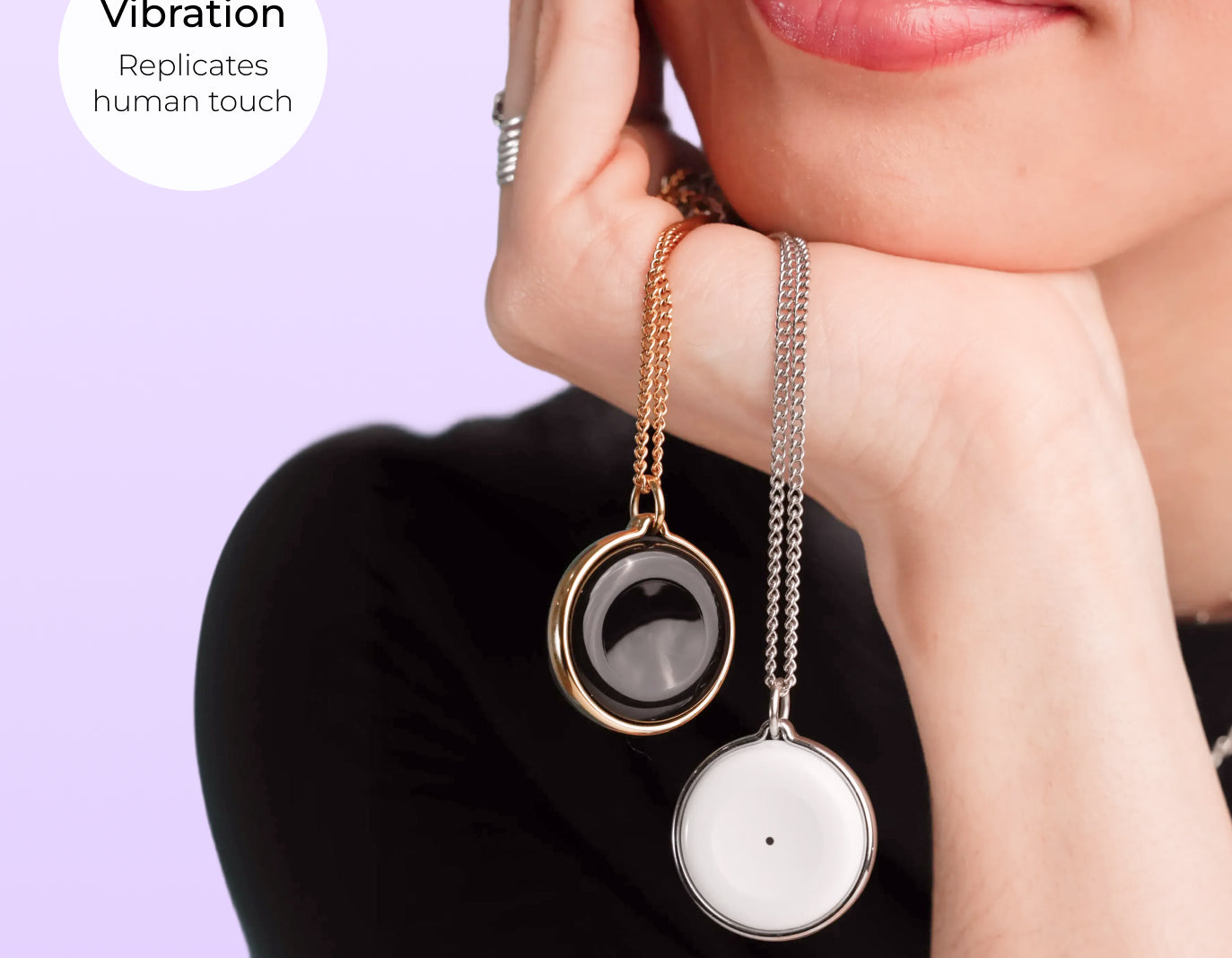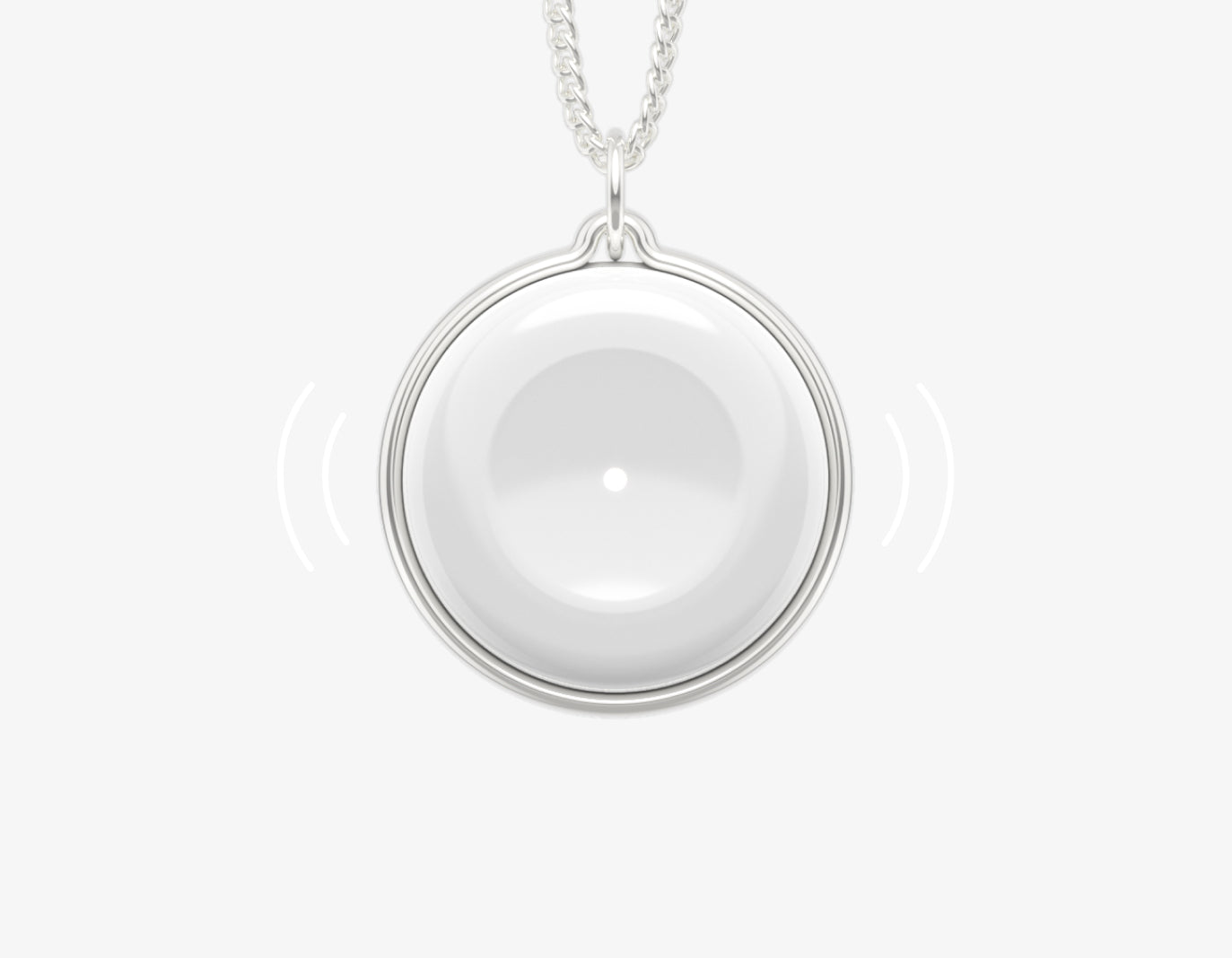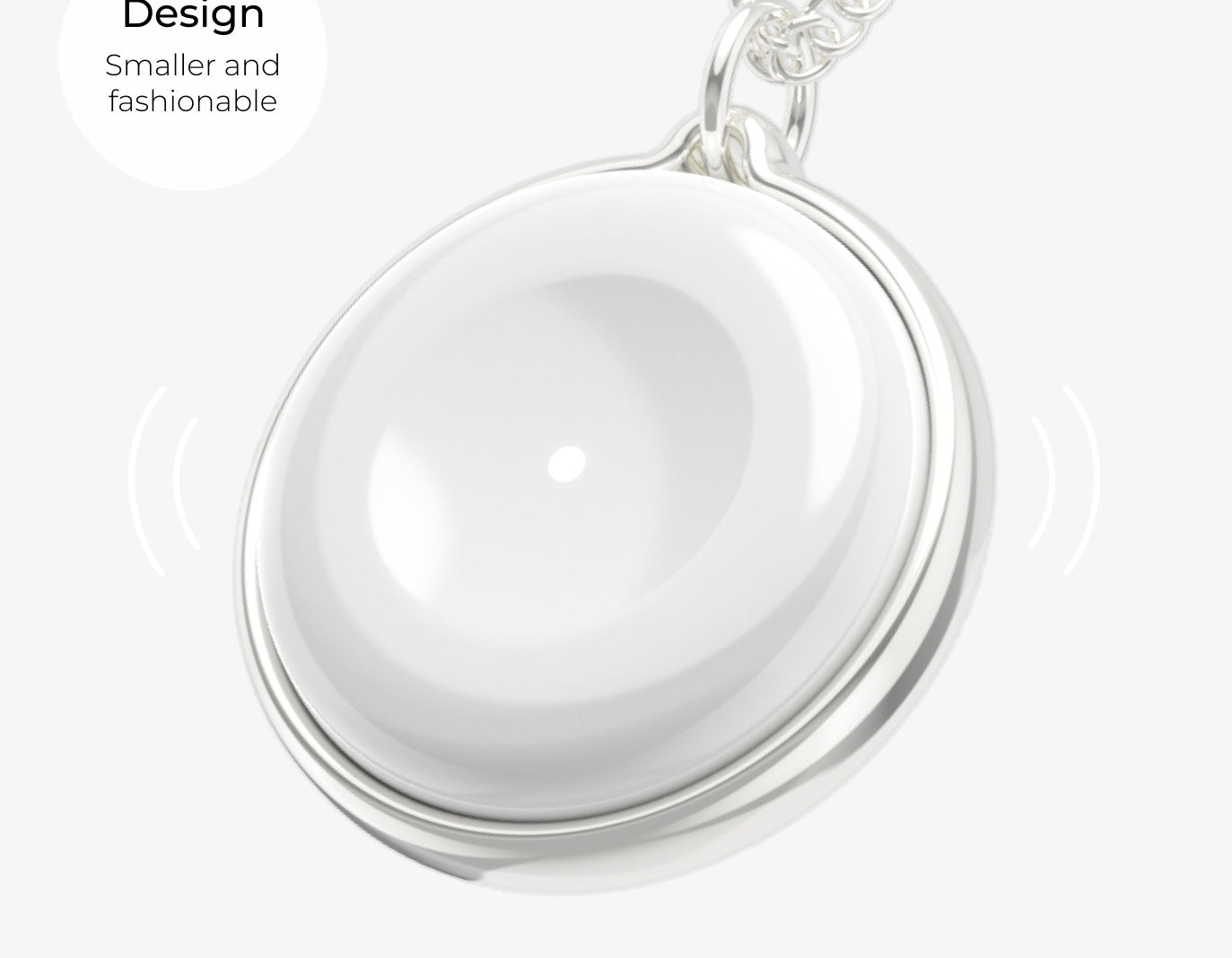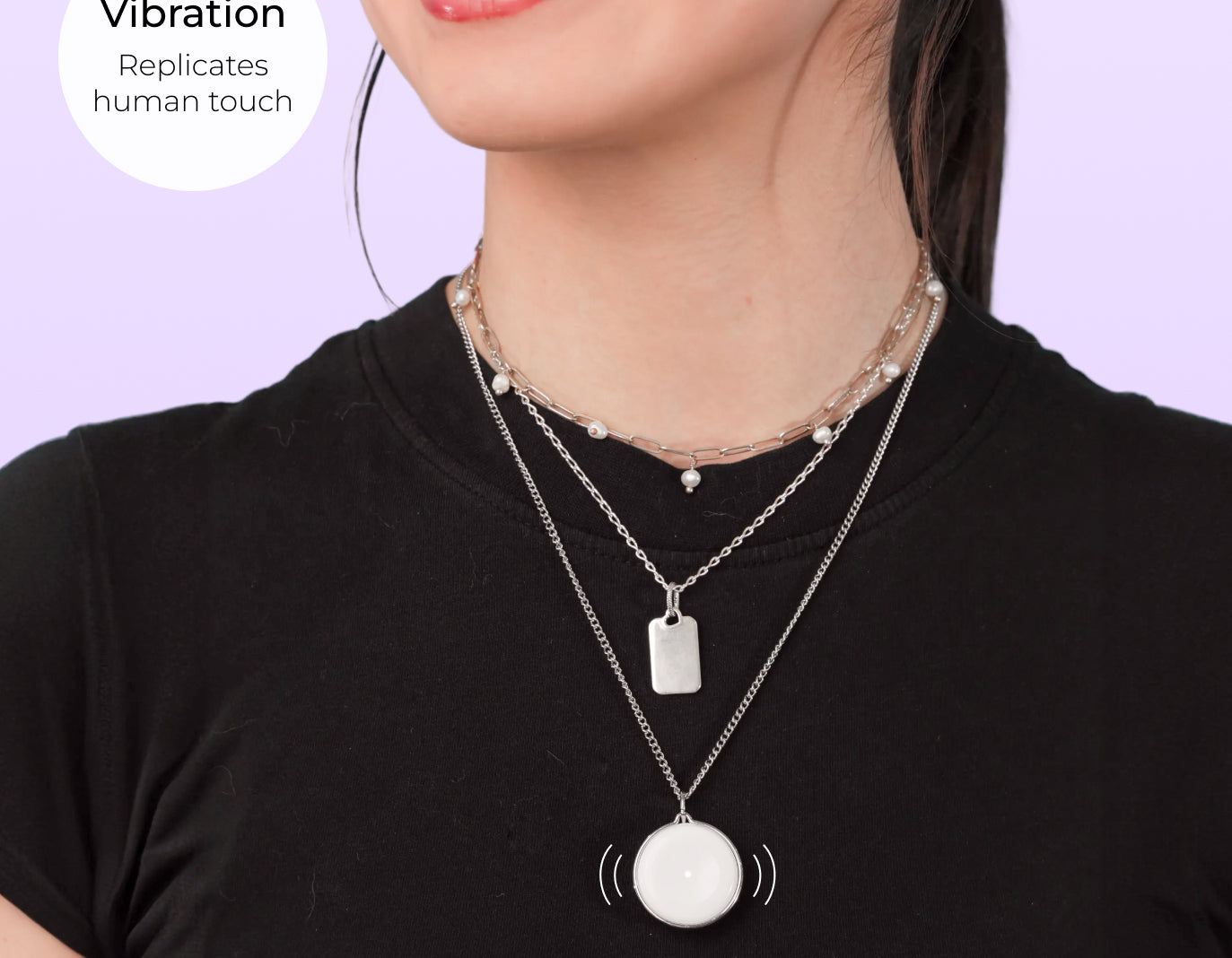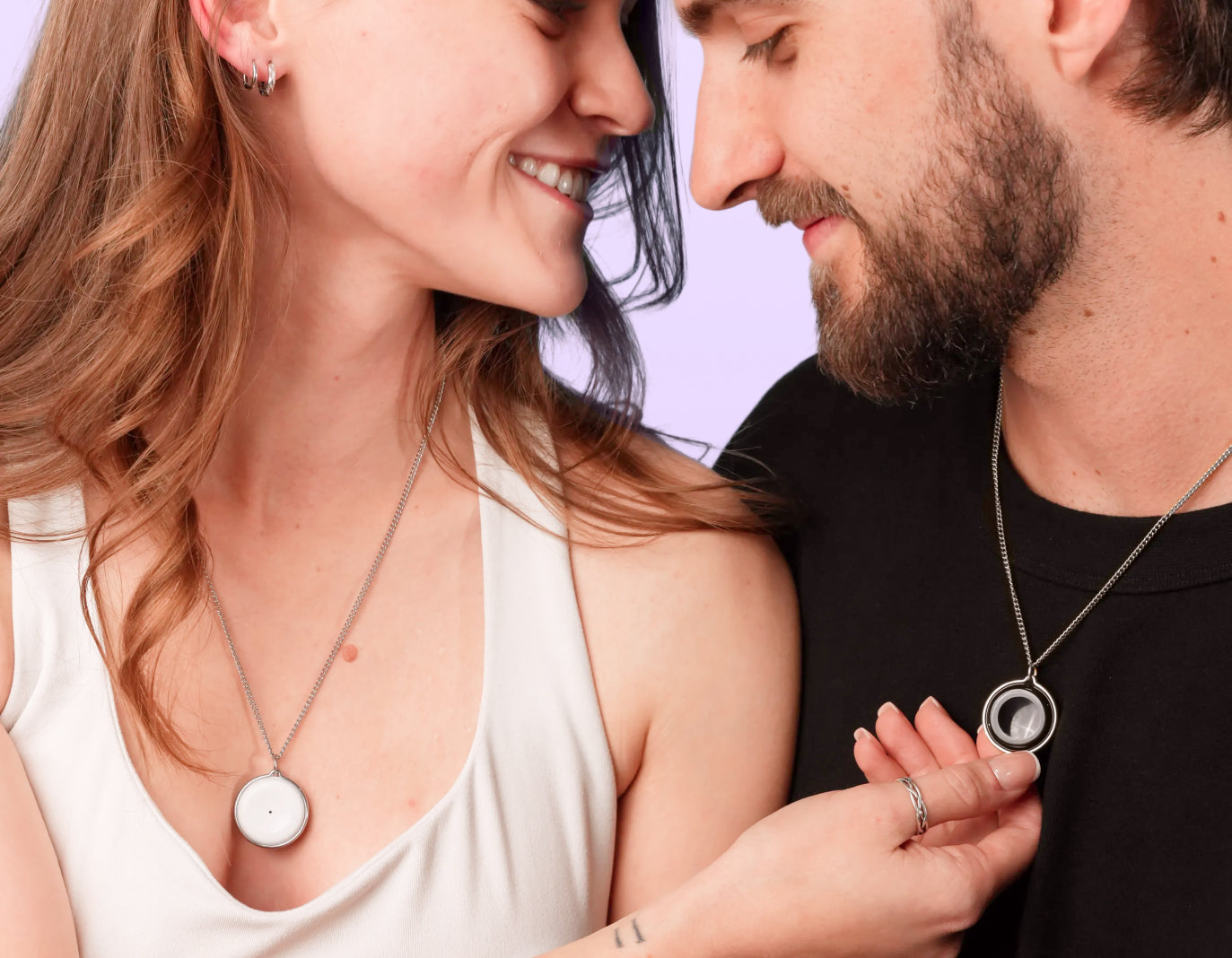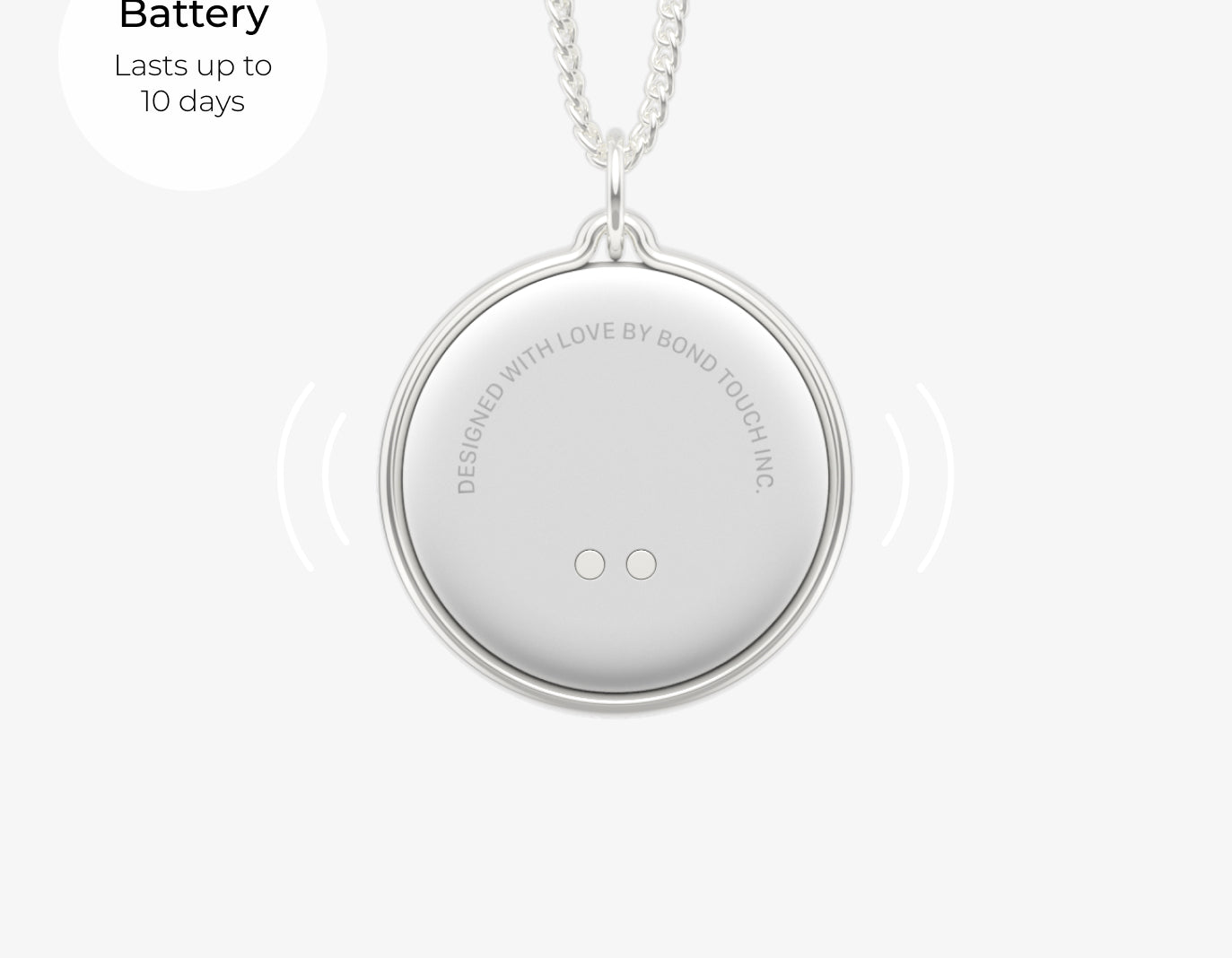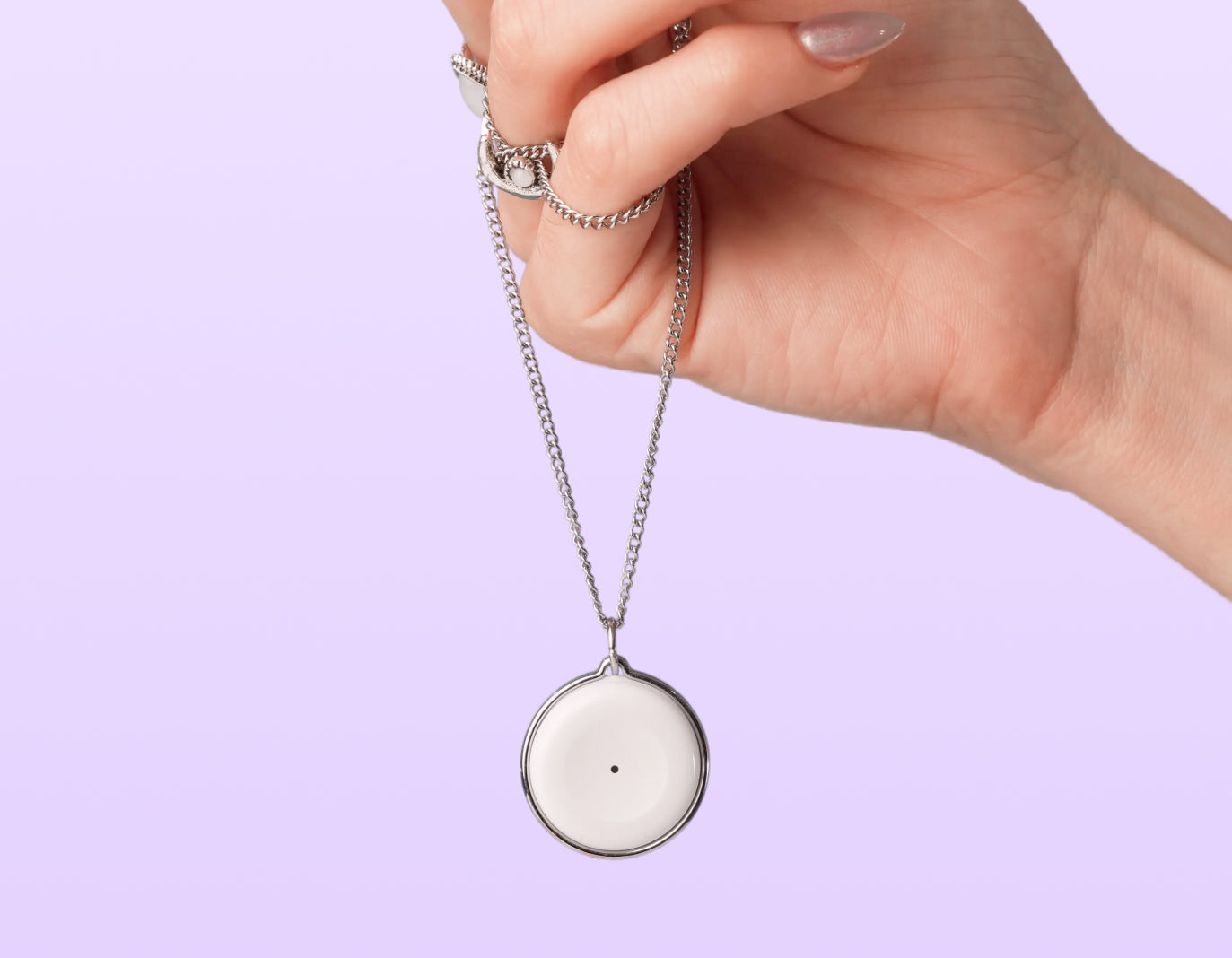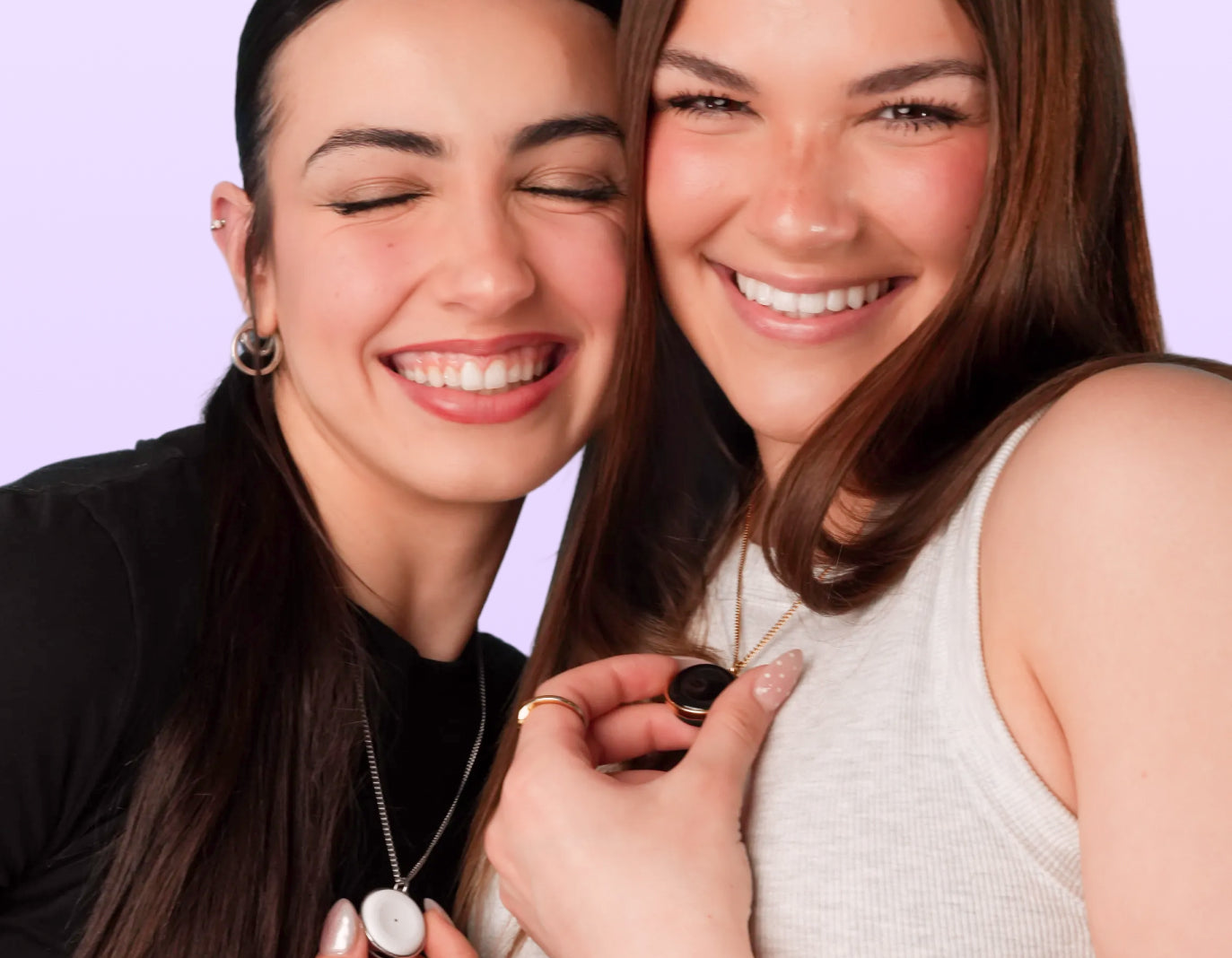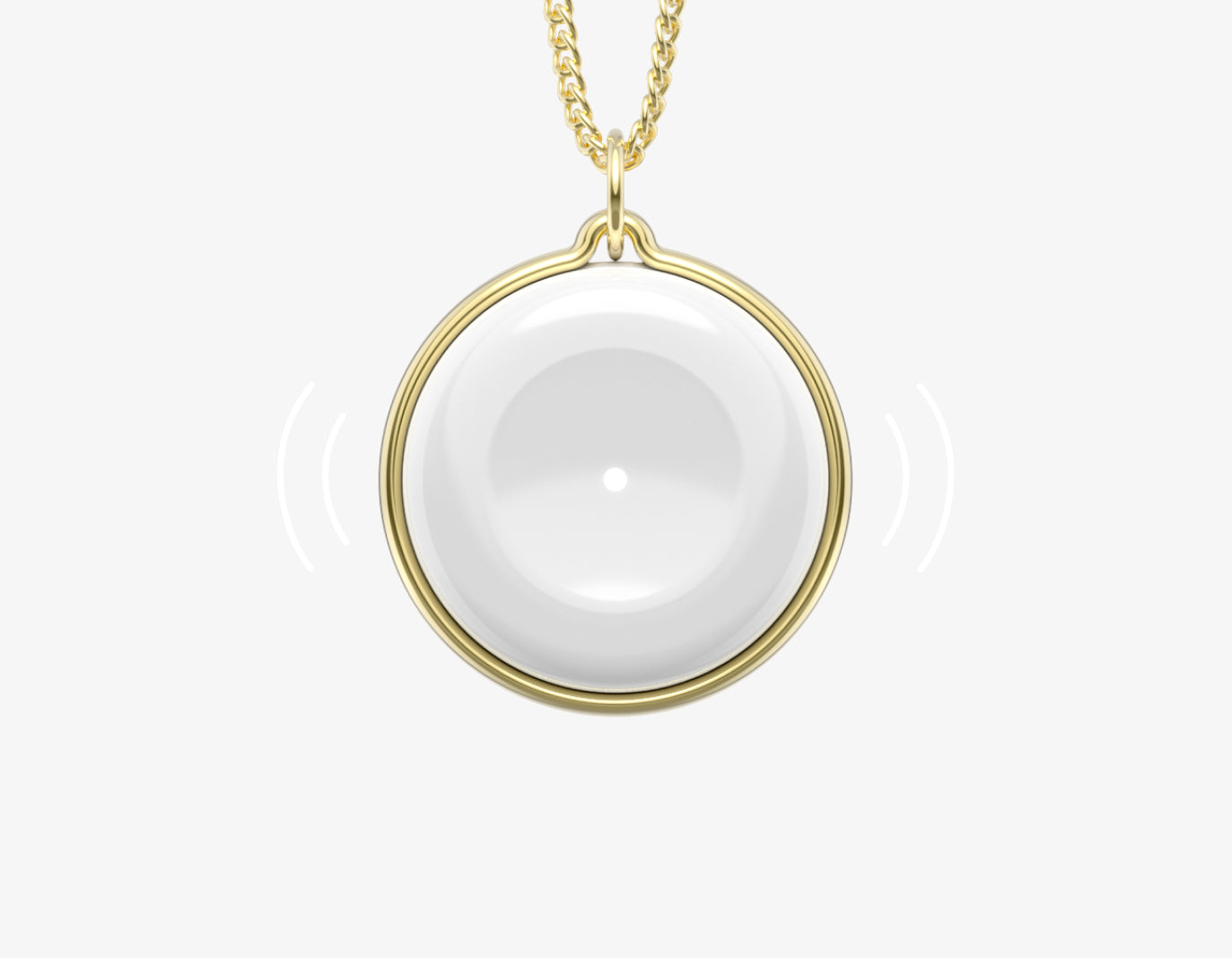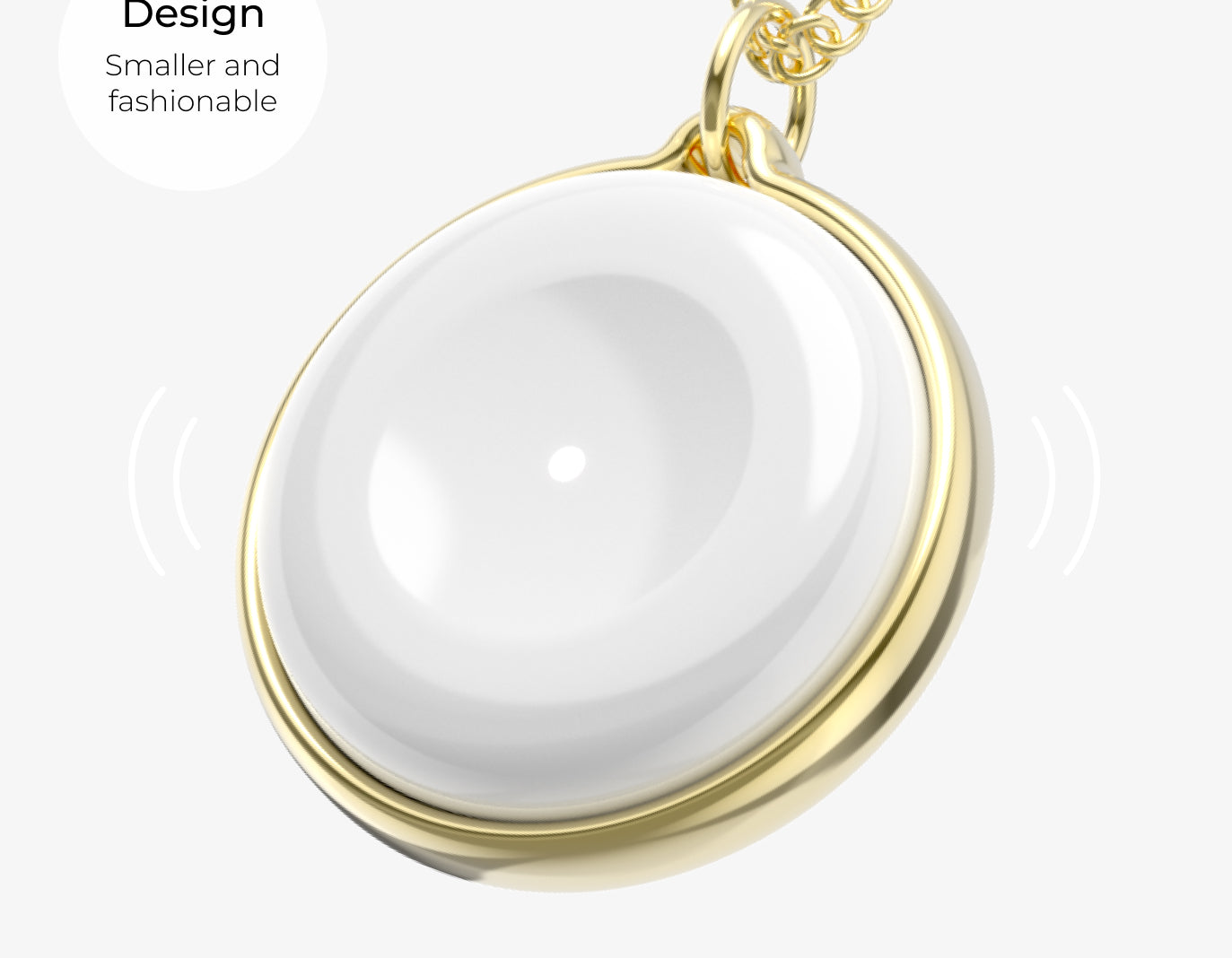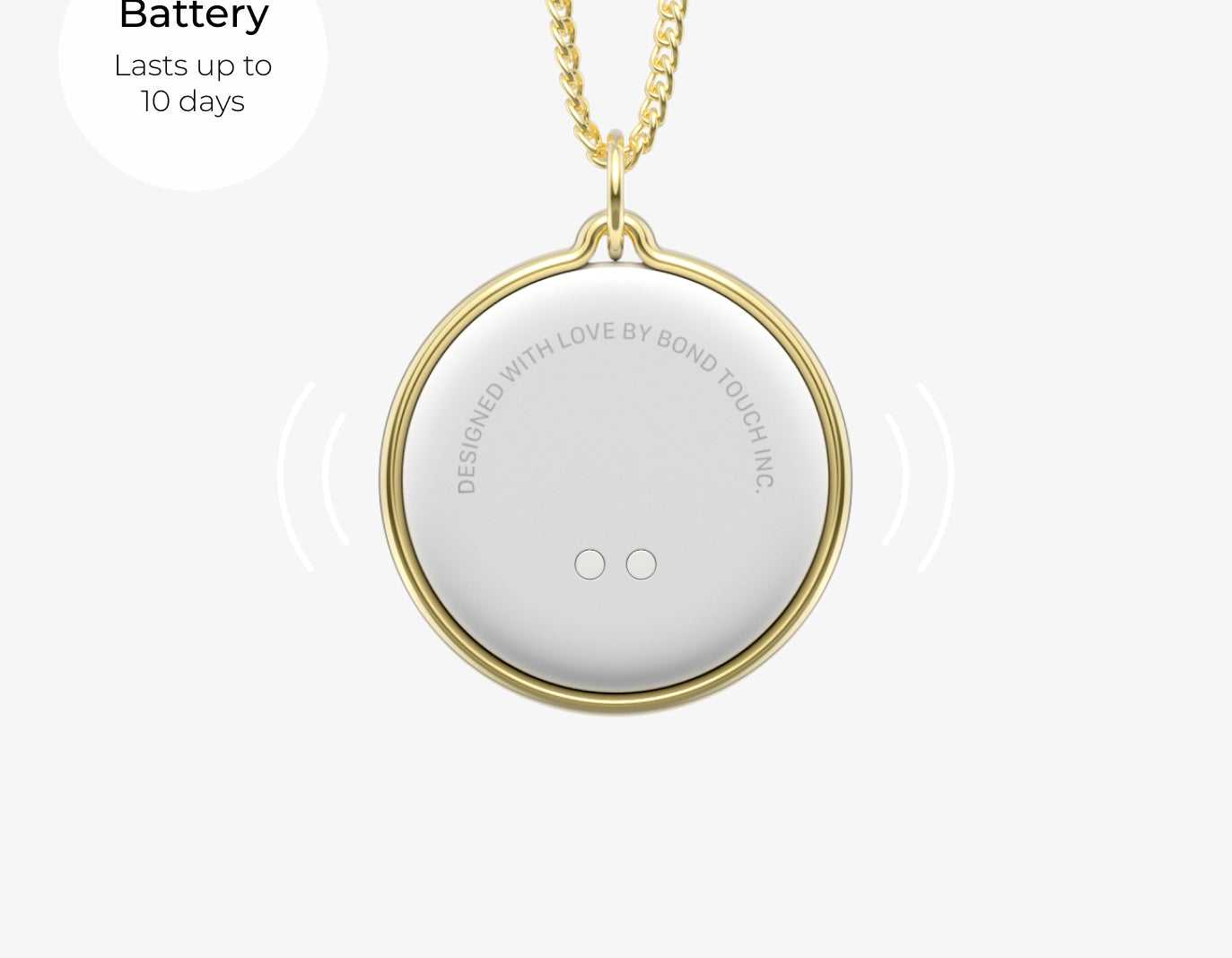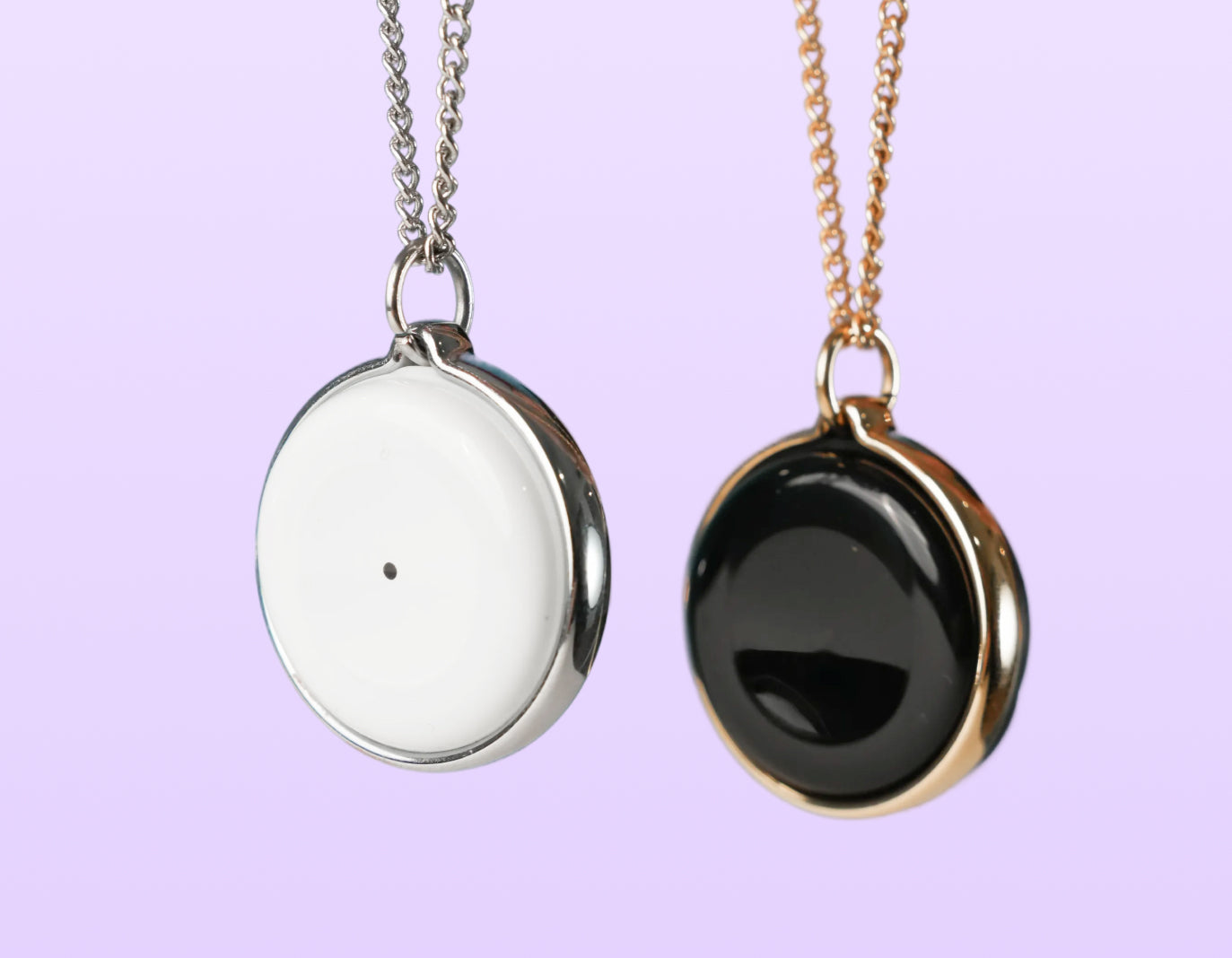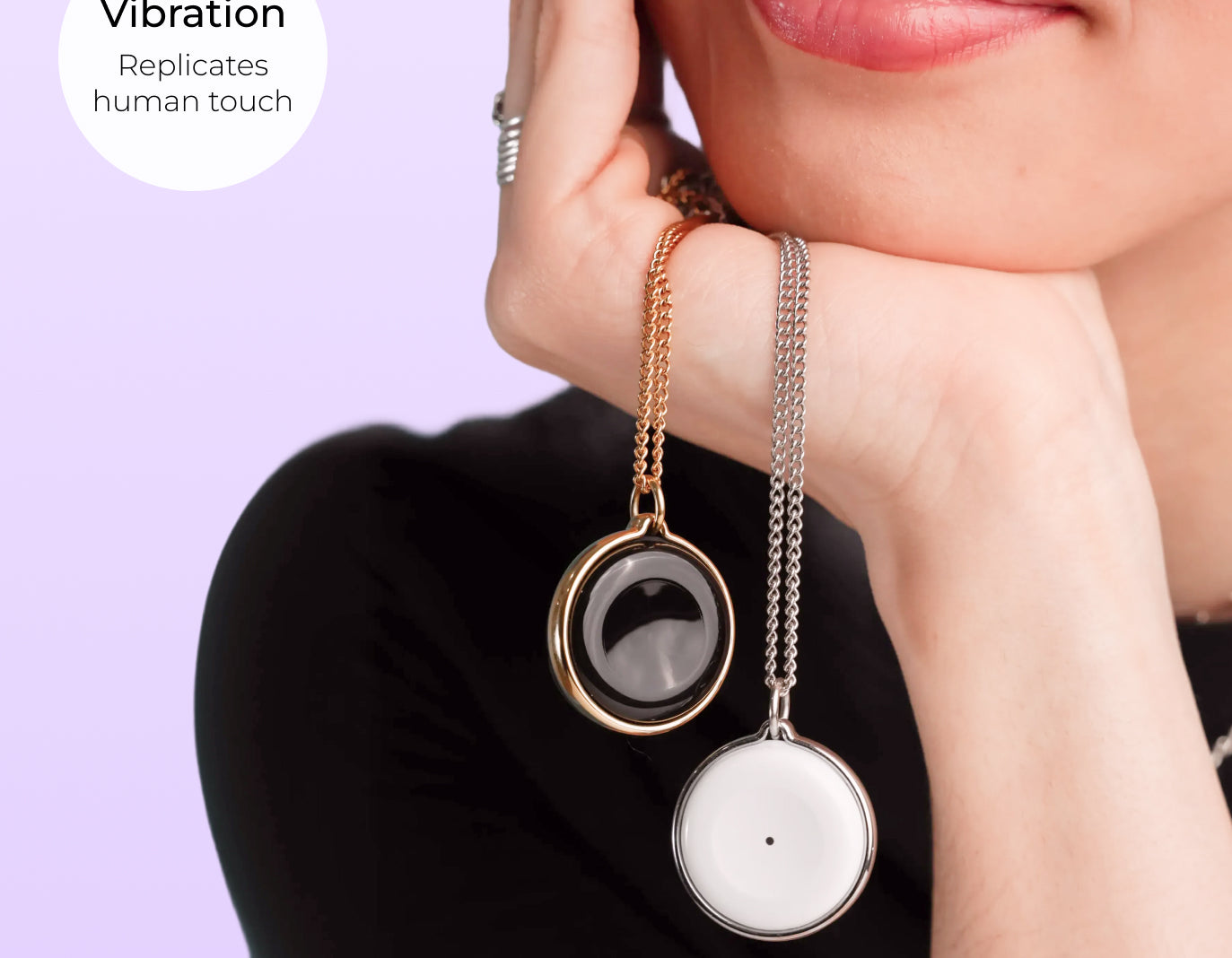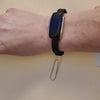It’s an issue that virtually every queer couple faces but rarely explores. Our relationships, no matter how long-lasting or serious, are always perceived differently in the eyes of society. Are we less than?
The answer to this is, obviously, no.
But there’s still much to be said about the gap between perception and reality, and how it’s hurting queer people and their relationships in the long run.
Long-held prejudices, preconceived beliefs and false notions attributed to same-sex couples and queer relationships have been left undisturbed for so long that we grew used to them. This is how those relationships are perceived, as told by a gay man and a lesbian woman.
Digging deep into prejudice
Before we began hammering down the words to this article, we decided it would benefit us both greatly to dig deep to understand where all of this behavior comes from. So, we put down our pens. If we're talking societal homophobia, it's safe to say a bottle of wine and "a cigarette is in order".
First things first: it’s safe to say that lesbian couples and gay couples face different, but nonetheless infuriating, prejudices. Before we start pointing fingers and shouting “homophobia” at everybody who doesn’t quite grasp our reality, we must come to terms with one sad, but honest, realization: we are, after all, defying the norm.
And doing that comes at a cost, often a personal one.
We feel misread, demonized, and left out of the equation most of the time – there isn’t really one particular culprit, or enemy, but rather an abstract obstacle, unknown in size and strength, that we, LGBTQIA+ people, can’t begin to imagine, let alone defeat.
It has been around long before we arrived on this world, and it’s unlikely to disappear tomorrow. That doesn’t mean we shouldn’t at least try.
We reached the agreeable conclusion that a big part of this misinformed narrative stems from the visual and intimate perception of same-sex couples. It comes from a place of disdain, disgust even – of gays, lesbians, bisexuals… All that is different.
Human nature opposes all that it doesn’t understand. (Queer relationships included.) Some could say it’s a defense mechanism, we say it is a weakness.
For instance, society in its heteronormative nature is much keener on lesbian couples than gay ones: the first is fetishized, and the latter is seen as the death of masculinity. And this very crucial example led us to the next important notion we’d like you to think about.
The first tangible perception that is made of queer relationships is almost always a sexual one. That is not the case for straight couples, and it should tell you a lot of how less valid our connections are seen as.
When the first thing that comes to your mind when you think about a same-sex couple is their sexual relationships, you’re undermining and putting aside all the things that do make a relationship: emotions, respect, caring.
You’re ignoring a couple’s life project, their ambitions, fears and insecurities, and also their pride.
You are basically comparing us to animals who act on sexual instinct and lack the capacities to build anything remotely close to a human relationship. Because, in the eyes of society, a human relationship is a binary one.
This subjacent idea makes its way and fuels more ill-conceived ideas, both for gay men and lesbian women.
One particular prejudice is common-ground for both: the idea that queer relationships don’t last that long. That they’re more volatile. That they are herefore not that serious, and less valid. But even if that were true, we can’t forget time, in itself, does not make a relationship stronger.
We know couples who have been married for decades that absolutely despise each other. Who can't communicate or argue constructively. So surely it has nothing to do with how long you’ve been together, but rather how much you love your partner. And LGBTQIA+ people, in particular: we know a thing or two about time, and how precious it is.
This volatile depiction of same-sex couples also builds itself on certain assigned promiscuity: we’re told that we are more inclined to indulge in sexual scenarios outside of our relationship (not this again), and finally that our relationships are somewhat more open than straight ones.
In fact, the notion that we have normalized cheating in same-sex couples has influenced disparity in divorce laws in the UK: same-sex couples can’t use cheating as a reason to divorce, but straight couples can. Yikes.
This promiscuity attributed to same-sex couples has hit the cultural zeitgeist, making us the characters of the clubbing lifestyle, pop culture, social media, and dating apps.
Much like the promiscuity associated with these, there is an idea that gay and lesbian people tend to mingle in closed-circuit circles, influencing the stigma that we are not as socialized, integrated, or even friendly.
In reality, we embrace those communities, cultures, and scenes, all that joie de vivre, because we understand they're a safe space, a sort of escapism. The heteronormative constriction of social spaces has pushed us aside for decades – we just went along with what felt safe.
“I know, but it’s not the same”
When and if you and your partner eventually begin to work towards a life scenario that includes marriage, children, or any type of domestic partnership, you're bounded to hear something like this, typically in heteronormative environments and circles.
We’re often reduced to something else.
We’re an "ish".
Because most people believe that the true nature of marriage, offspring, or any other aspect of a life together is beyond our natural reach - even if medical and social evidence supports that we can provide exactly what is to be expected of a traditional concept of family. On the other hand, our views regarding those matters are seen as less valid when compared to those of a binary couple, simply because our relationships are different. In the end, all that prejudice stems from who you are, and who you’re with.
Even if it doesn’t seem like it, what this perspective says is: queer relationships boil down to genitalia, not feelings.
Sex seems to be at the center of the narrative we’re being assigned, especially if you’re a woman (bonus points if you’re lesbian).
Lesbian women often face the anecdotal idea that sex toys are required to reach climax, because we “lack something”, when in fact 75% of all women never reach orgasm from intercourse alone.
This notion that women require men to achieve pleasure or to be 100% satisfied is a joke, but that joke has grown into a commonly accepted norm, and it's fueling a lot of misconceptions and prejudices regarding lesbian couples.
Although we can say that sex toys are always welcome in the bedroom, whether for personal exploration or just for fun, one of them seems to be a no-brainer for our heterosexual counterparts: the strap-on (and it is problematic)!
Why do people automatically assume lesbian women need a little extra?
Turns out, the strap-on is more than just a sex toy. It’s a souvenir from our patriarchal past. It makes it so that there are always active and passive players in the relationship – one in charge and one along for the ride, one on top and one on the bottom.
And even though that can be the case in many healthy relationships, power, in every aspect of the relationship, can be shared. Much like pants and who wears them.
We've said it before, regarding gender roles, but it begs to repeat. In lesbian couples and gay couples alike, femininity is associated with household chores: cooking, cleaning, etc. But we're done with this assignment.
For those of us raised in label-strong societies, it's a tiring and confusing task to acknowledge we're not obligated to follow in the footsteps of our past: its rules, expectations, or social constructs.
Overall, all we’ve dissected here comes down to historical perspectives that have (unfortunately) lived on. All this prejudice stems from a collective lack of knowledge, and it’s up to us to decide what kind of move we want to make: both in our relationships and in our communities.
We know that children, and marriage, do not make a family. But if that’s our goal, we will excel at it. And we’re inclined to believe that we, of all people, understand the concept of family far more easily because from a young age we were forced to face the fear of not having one.
So… We made our own.











